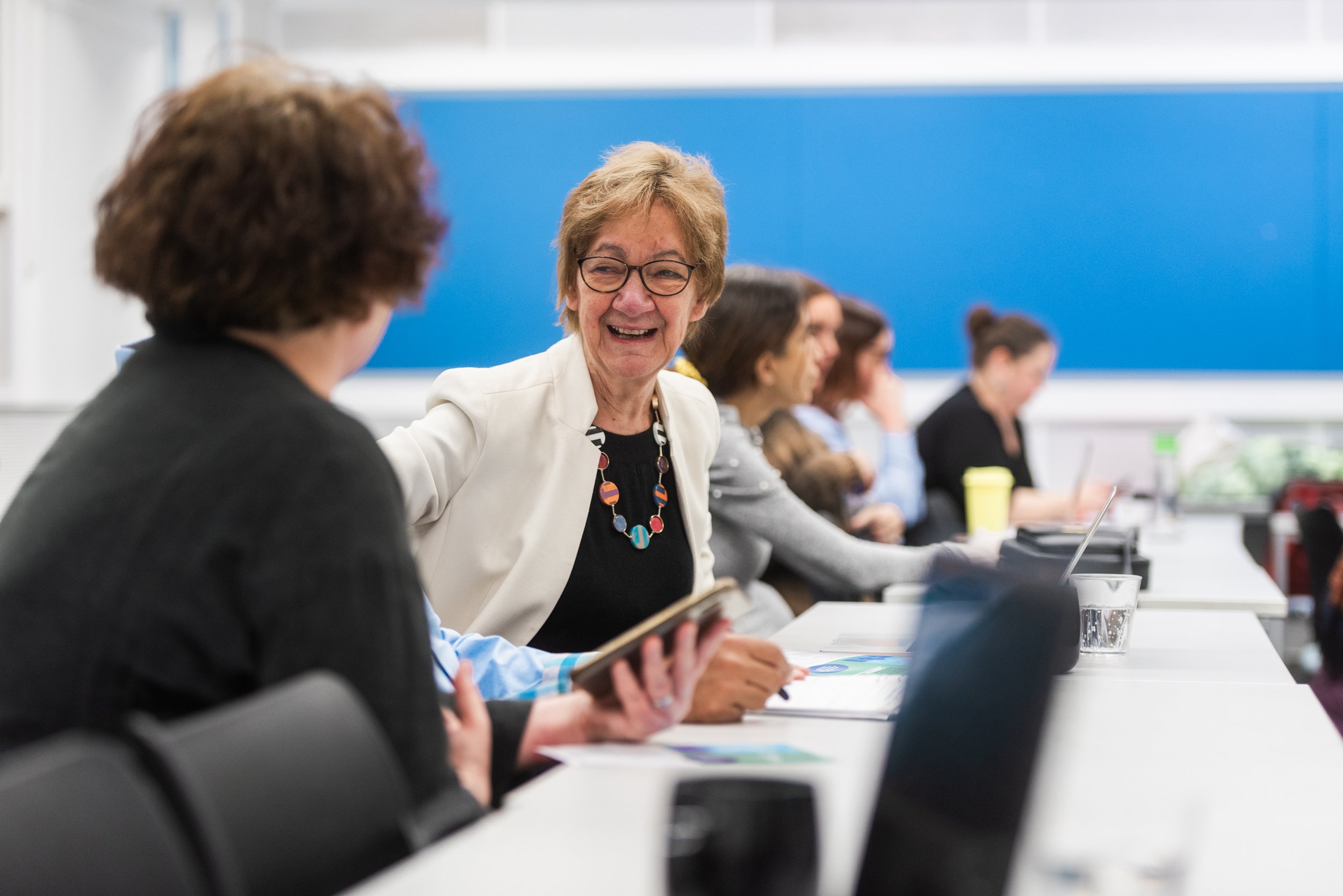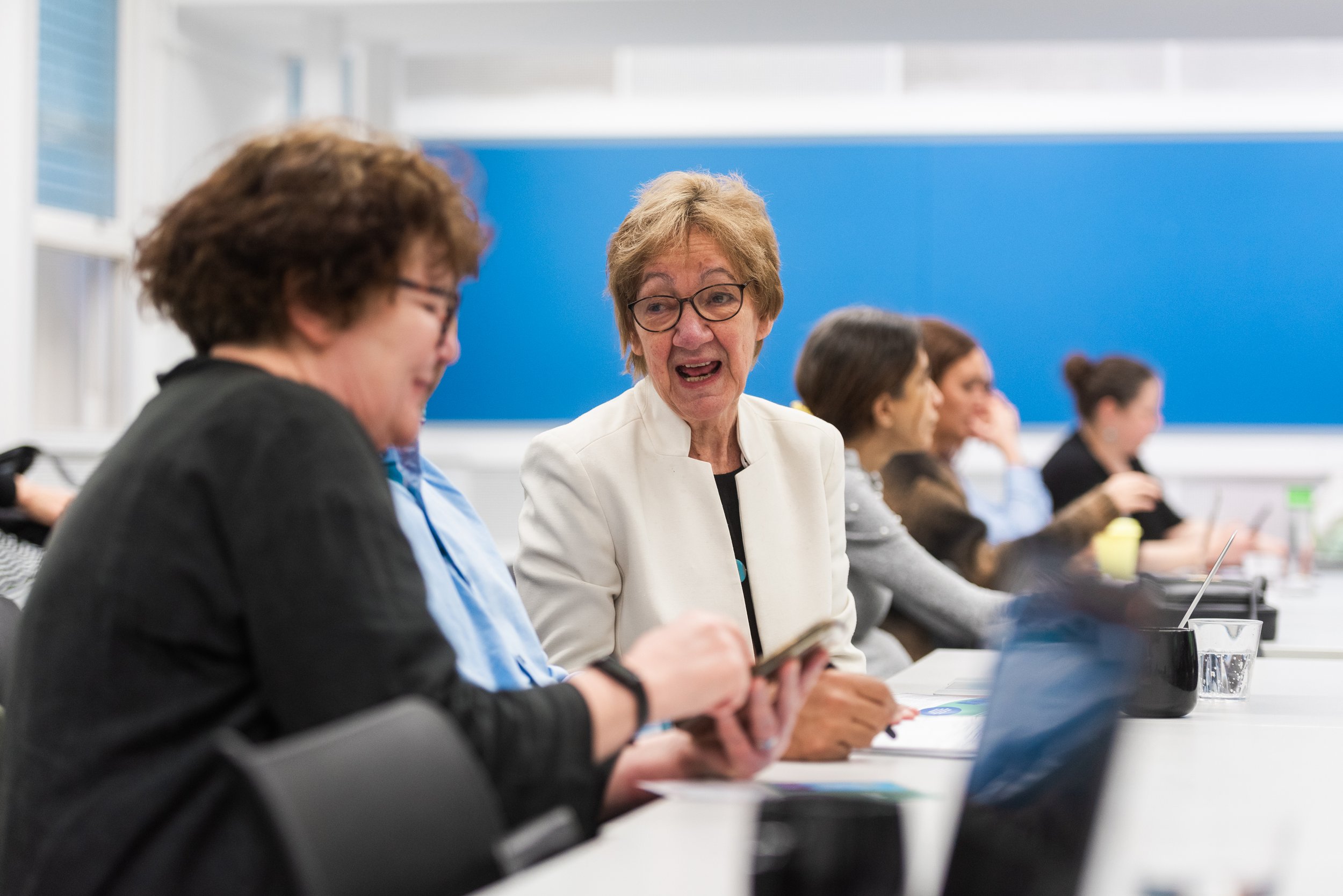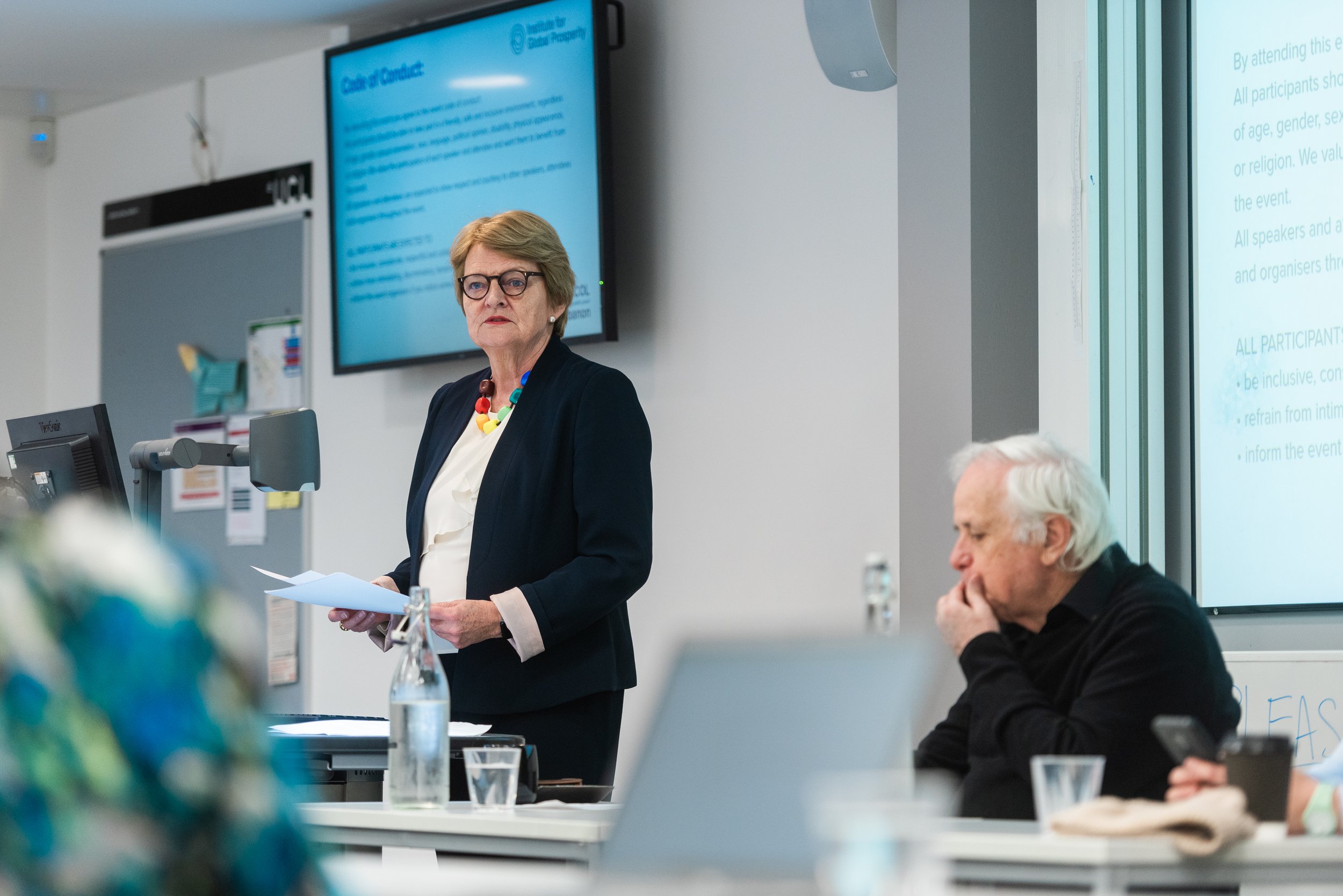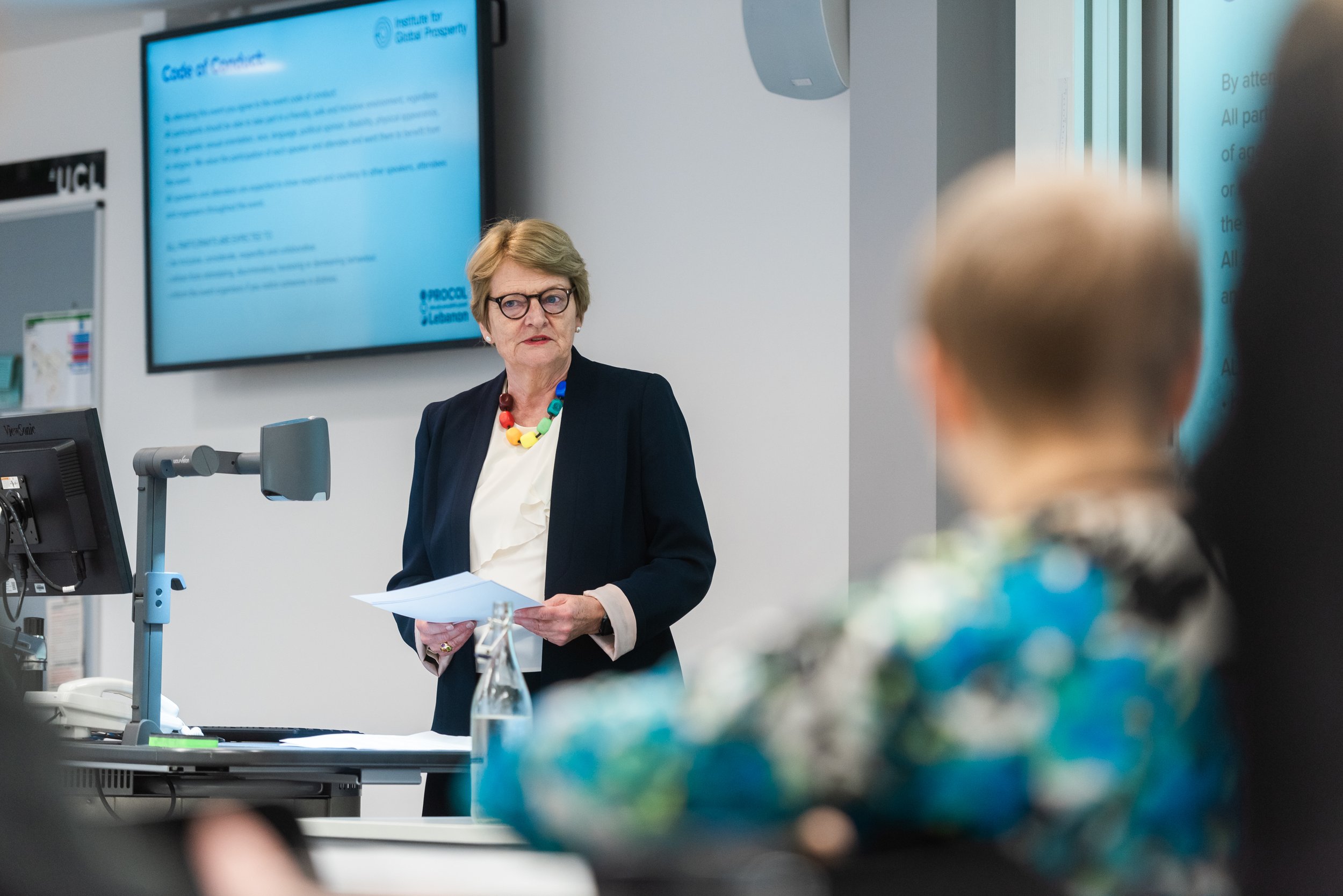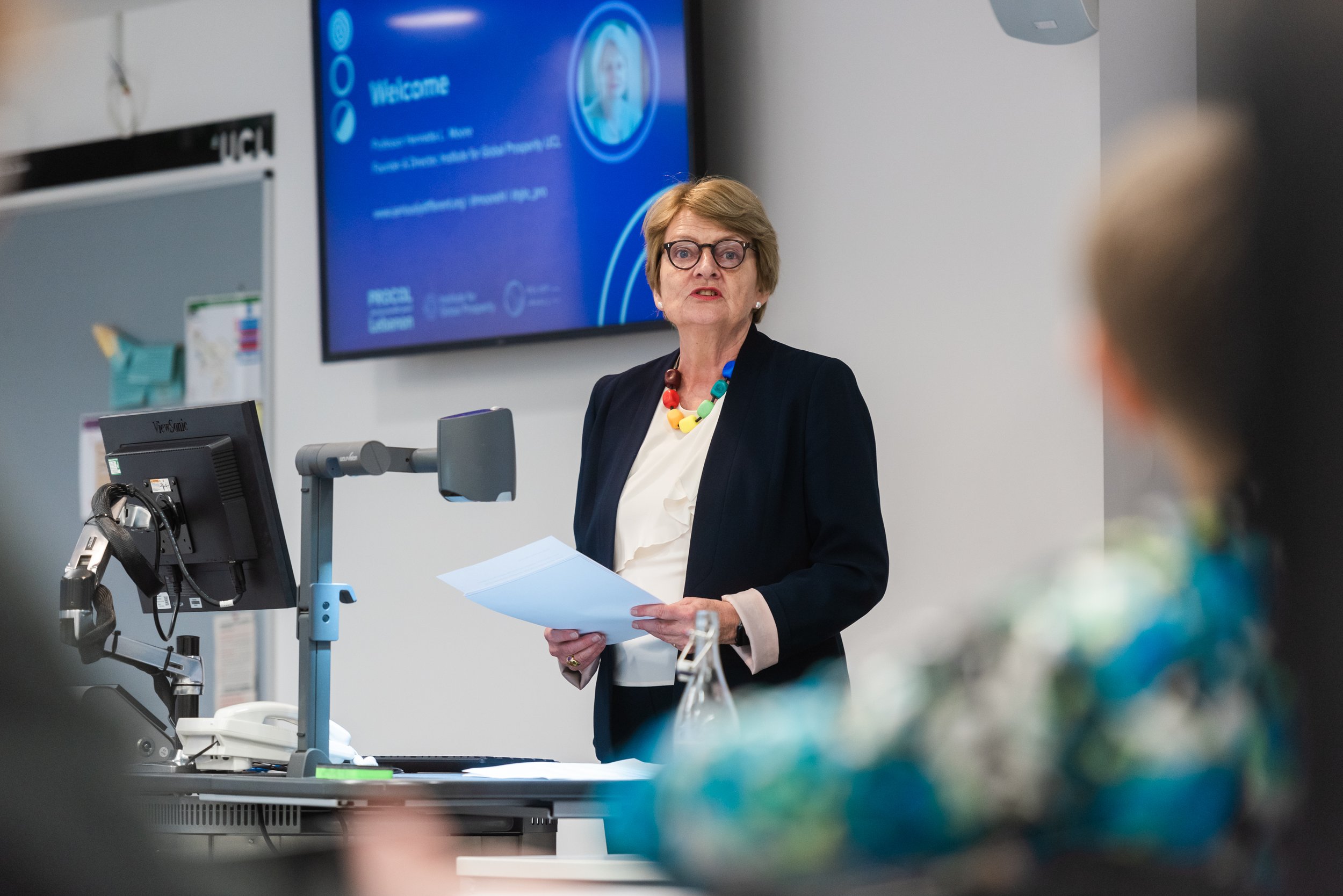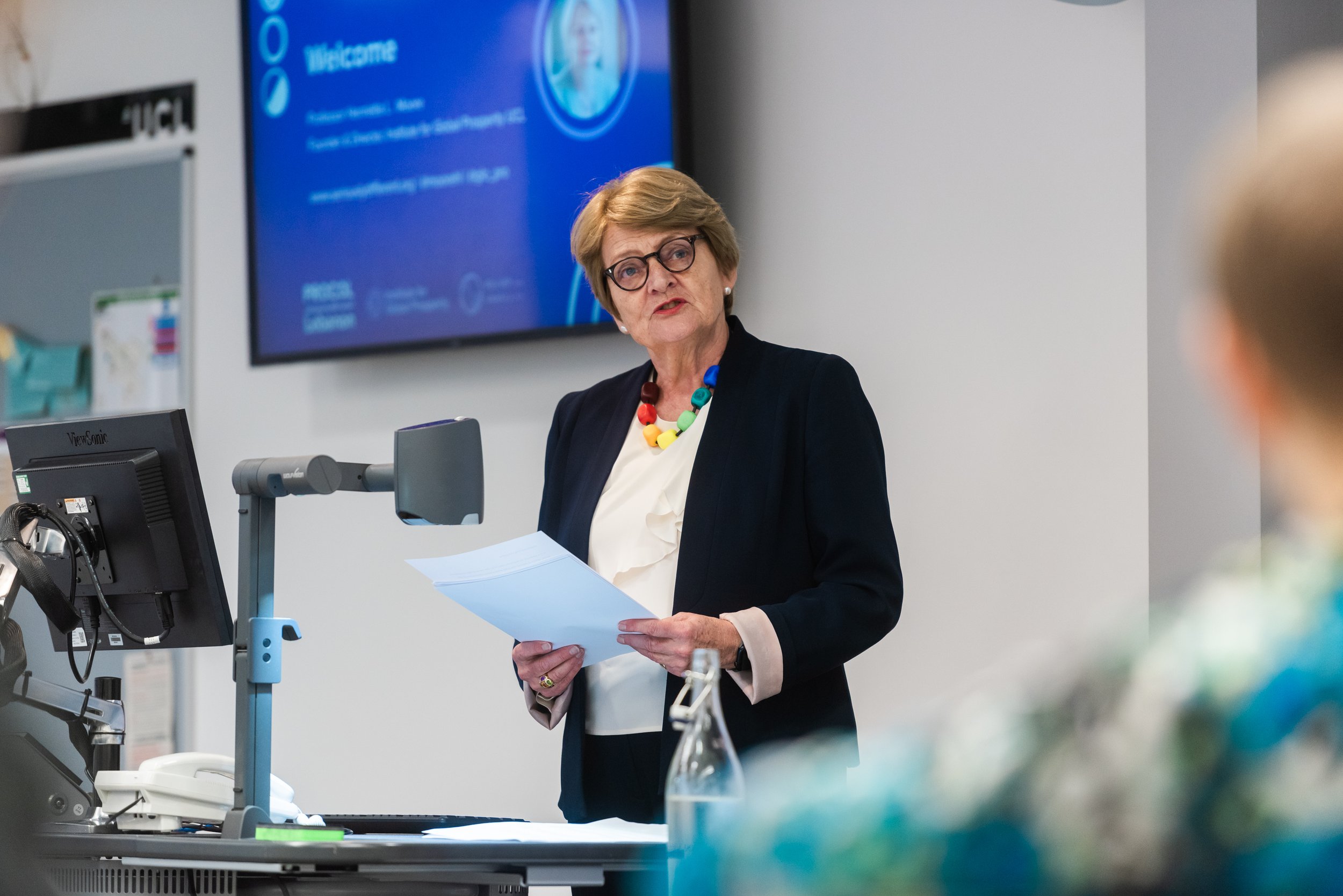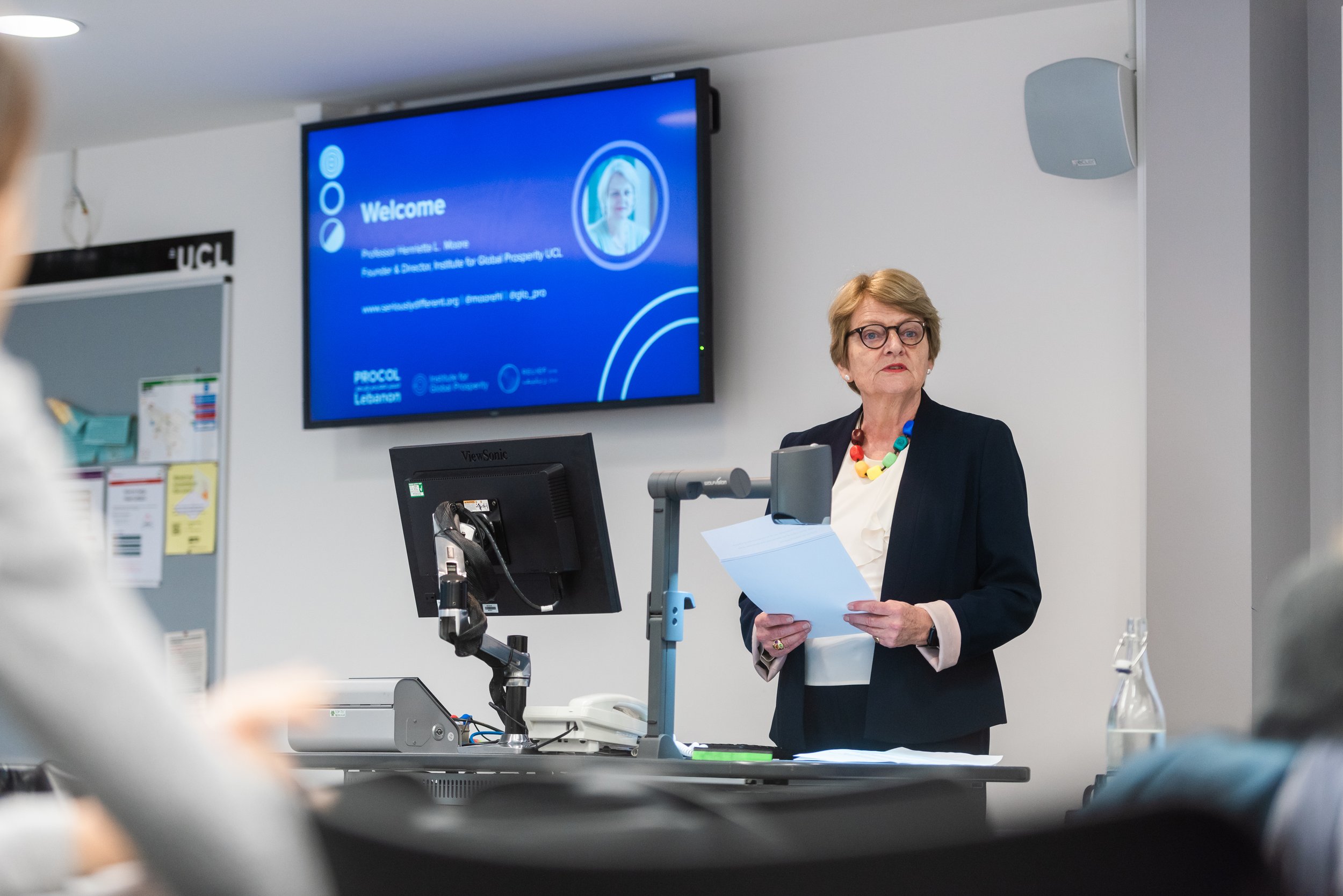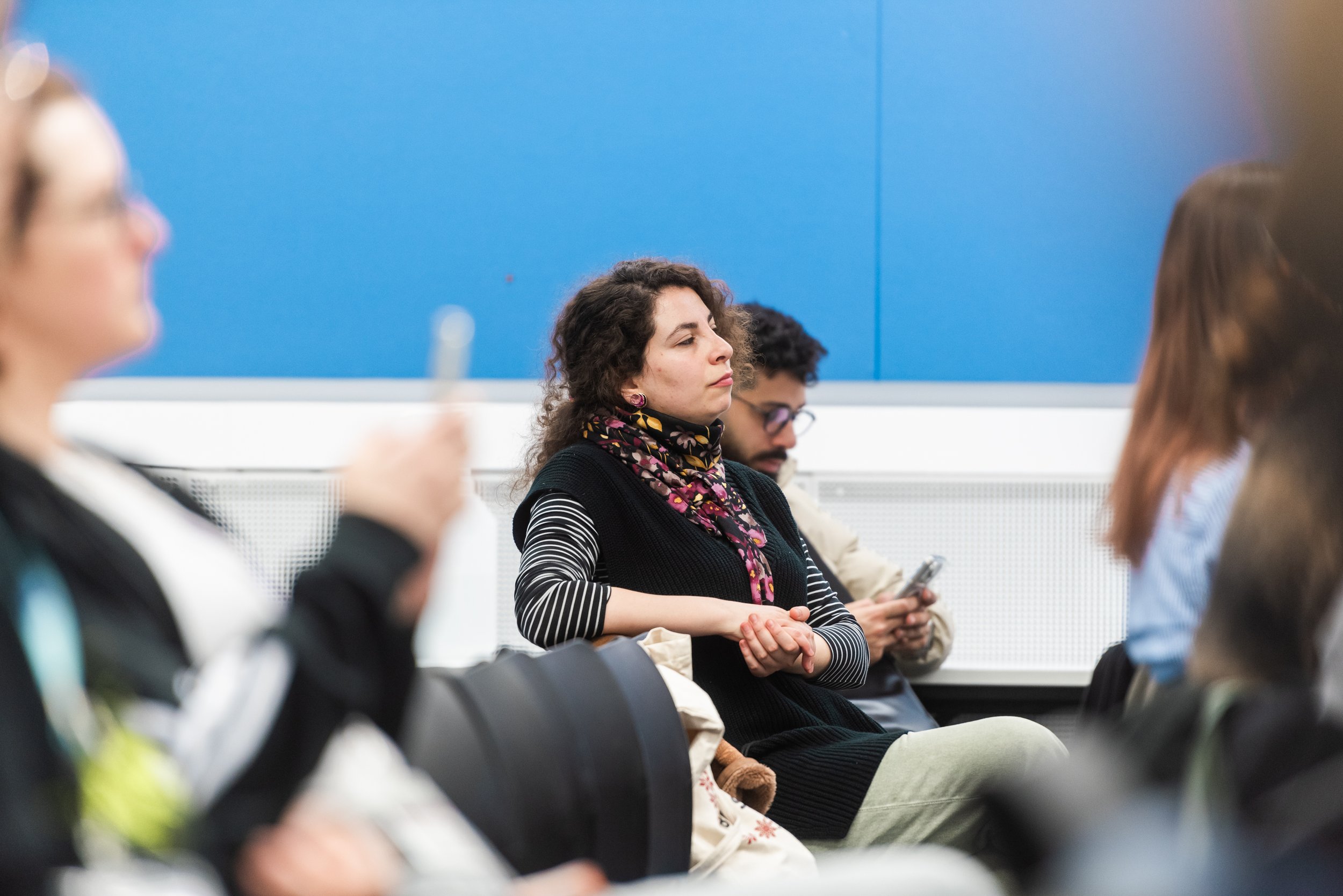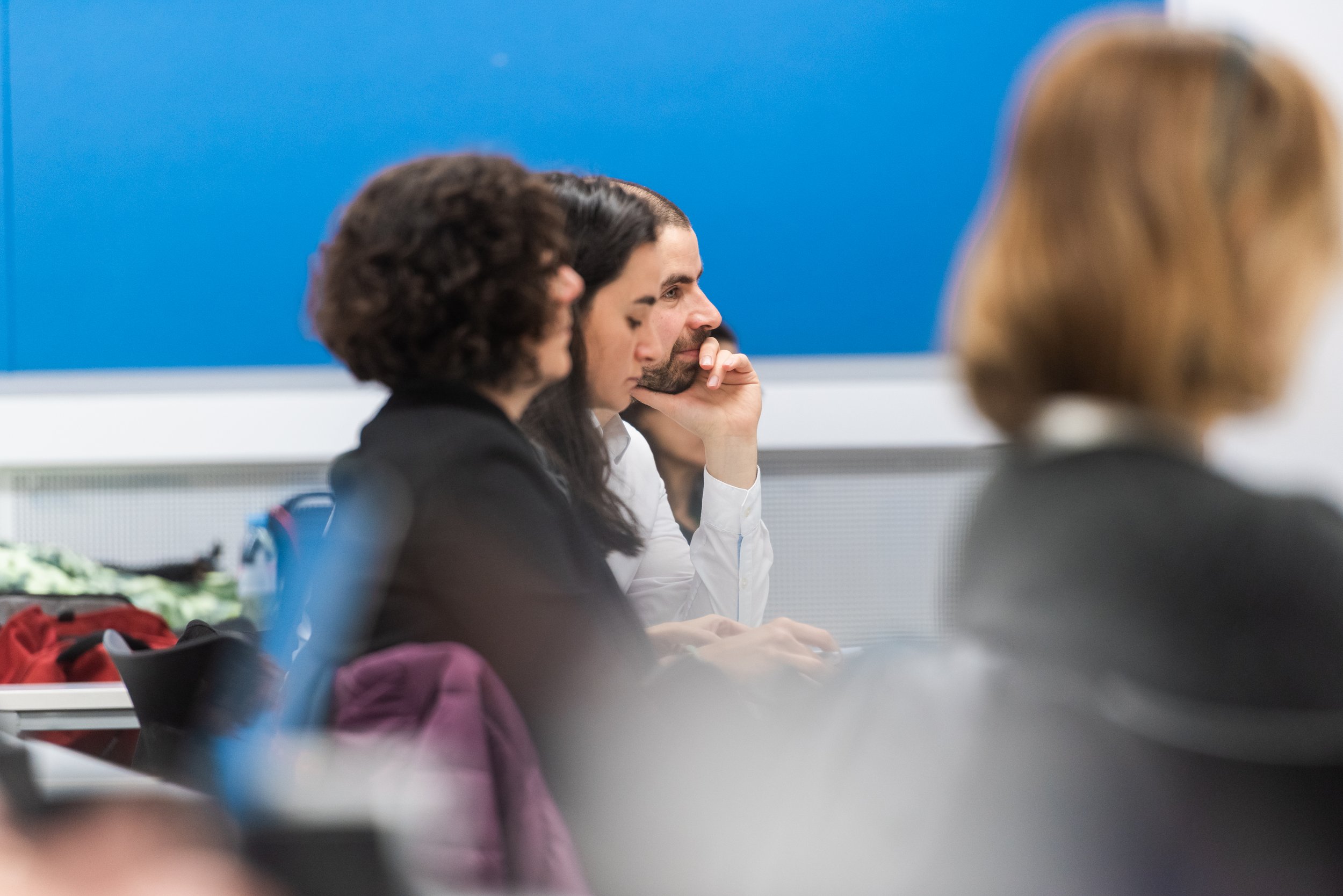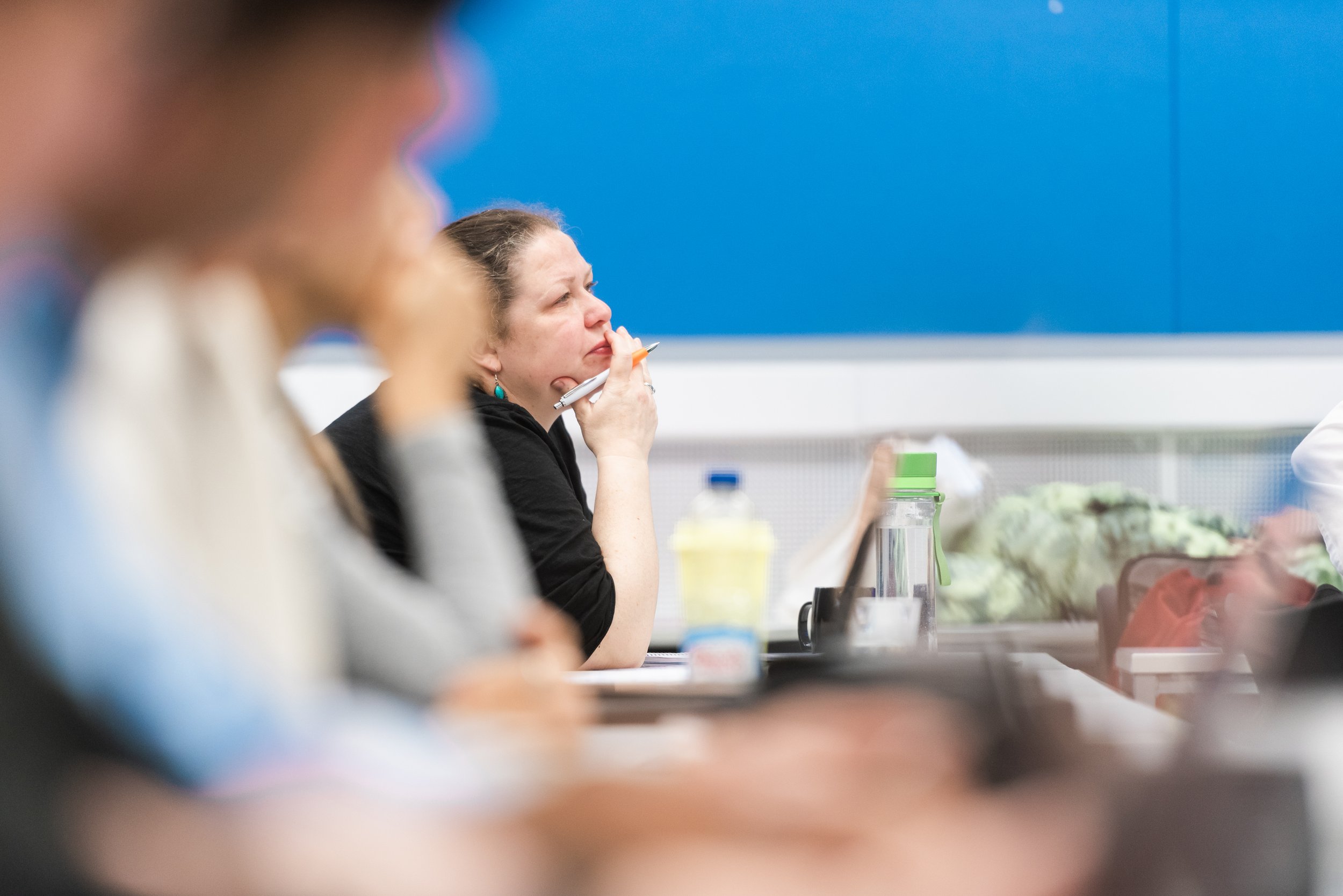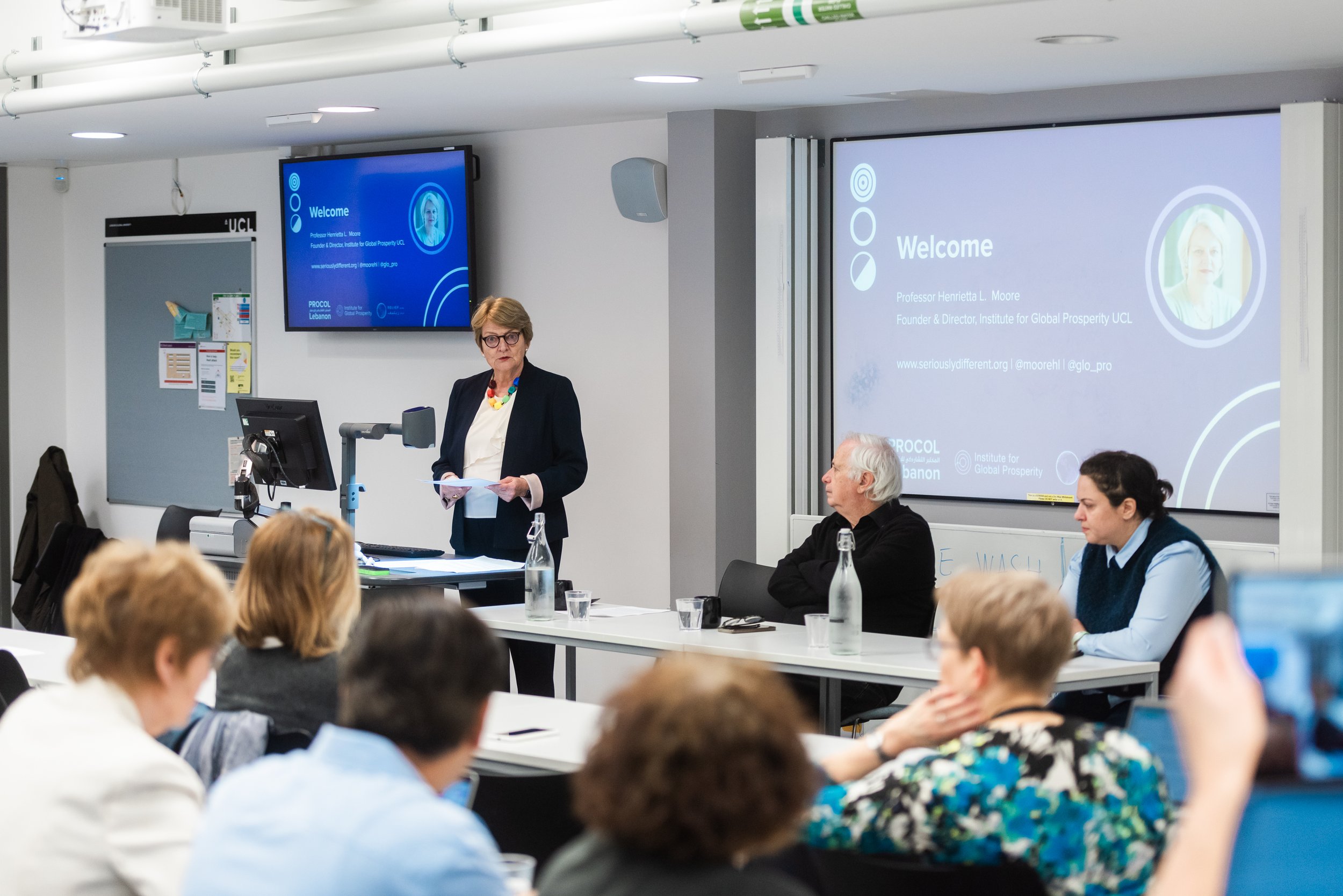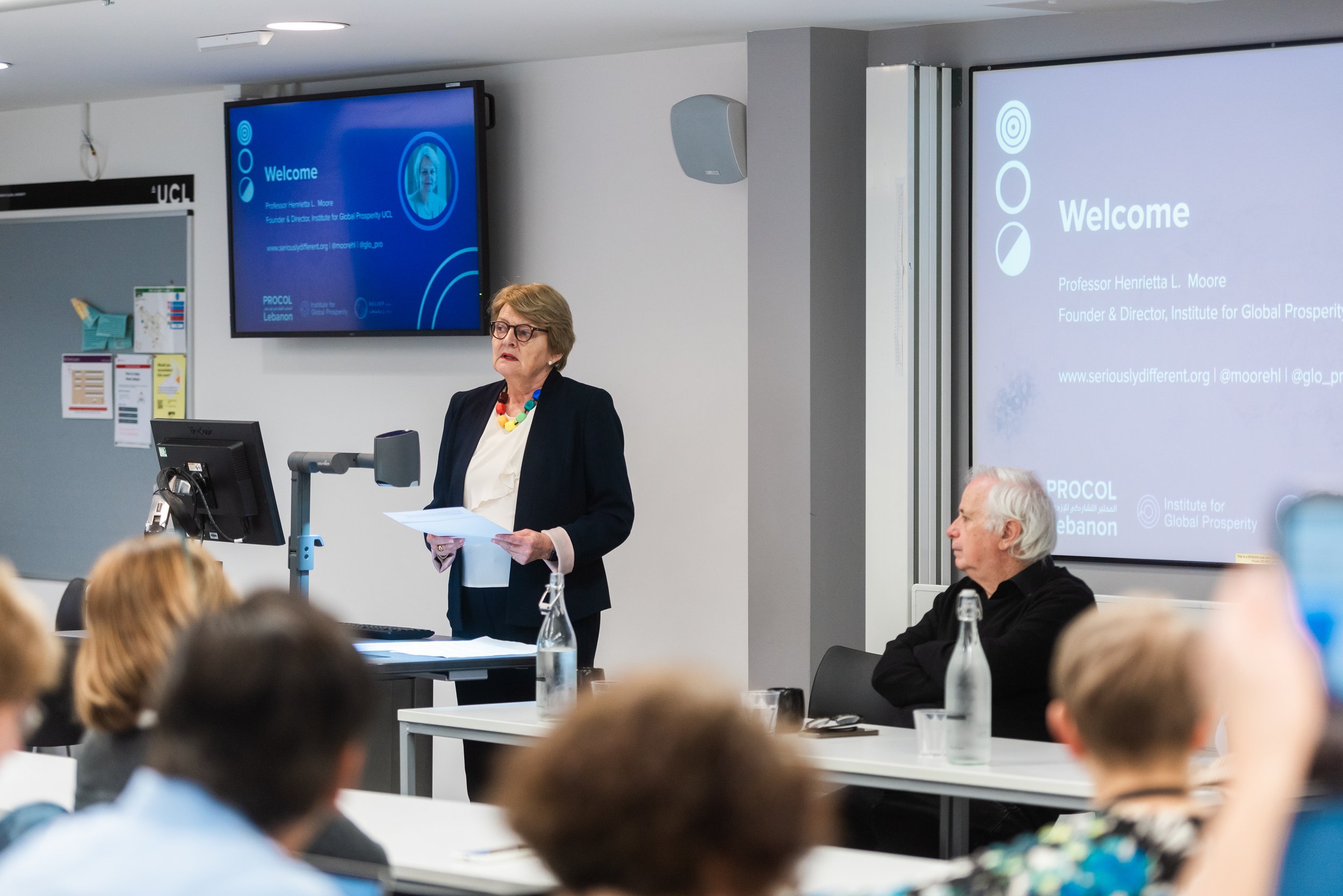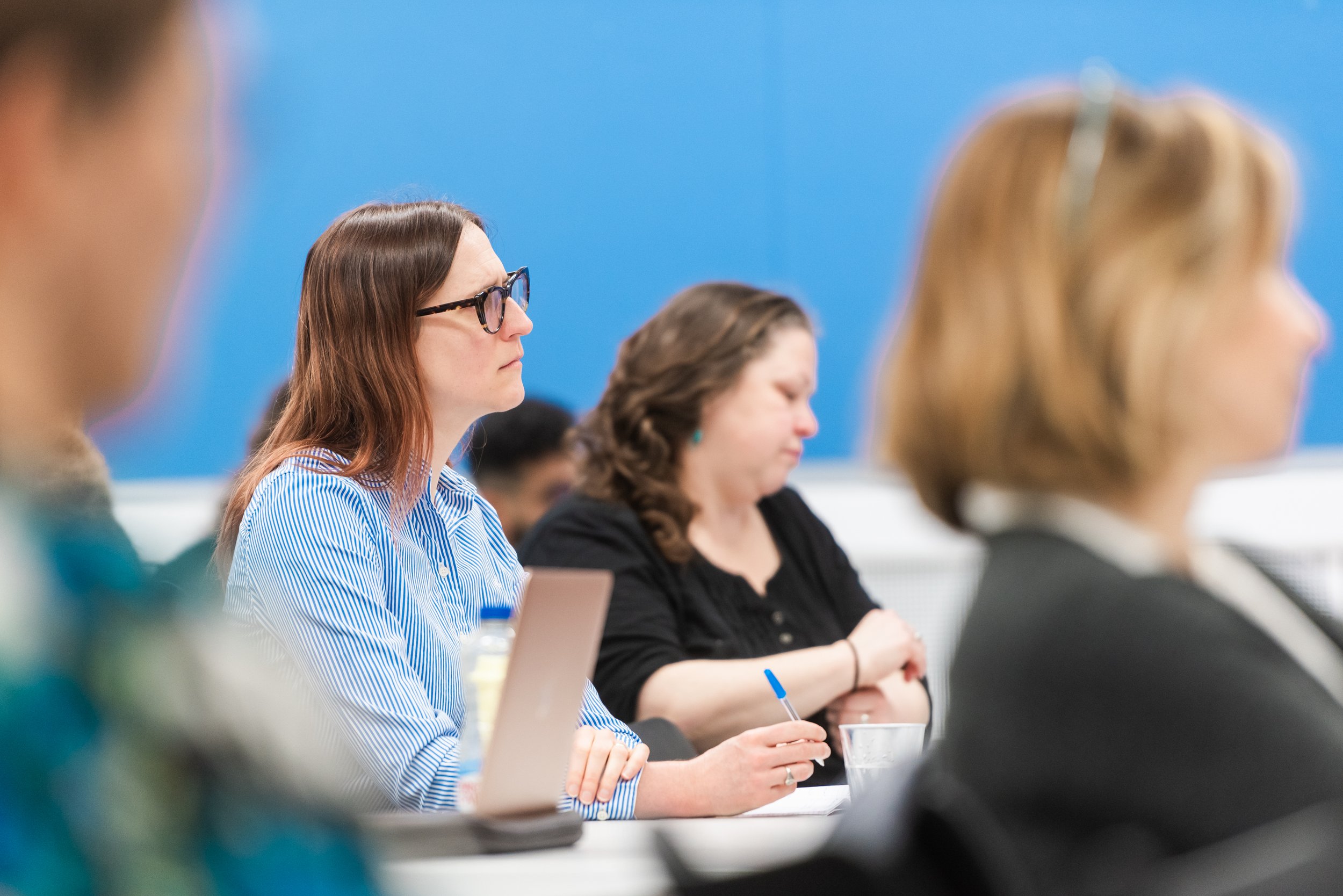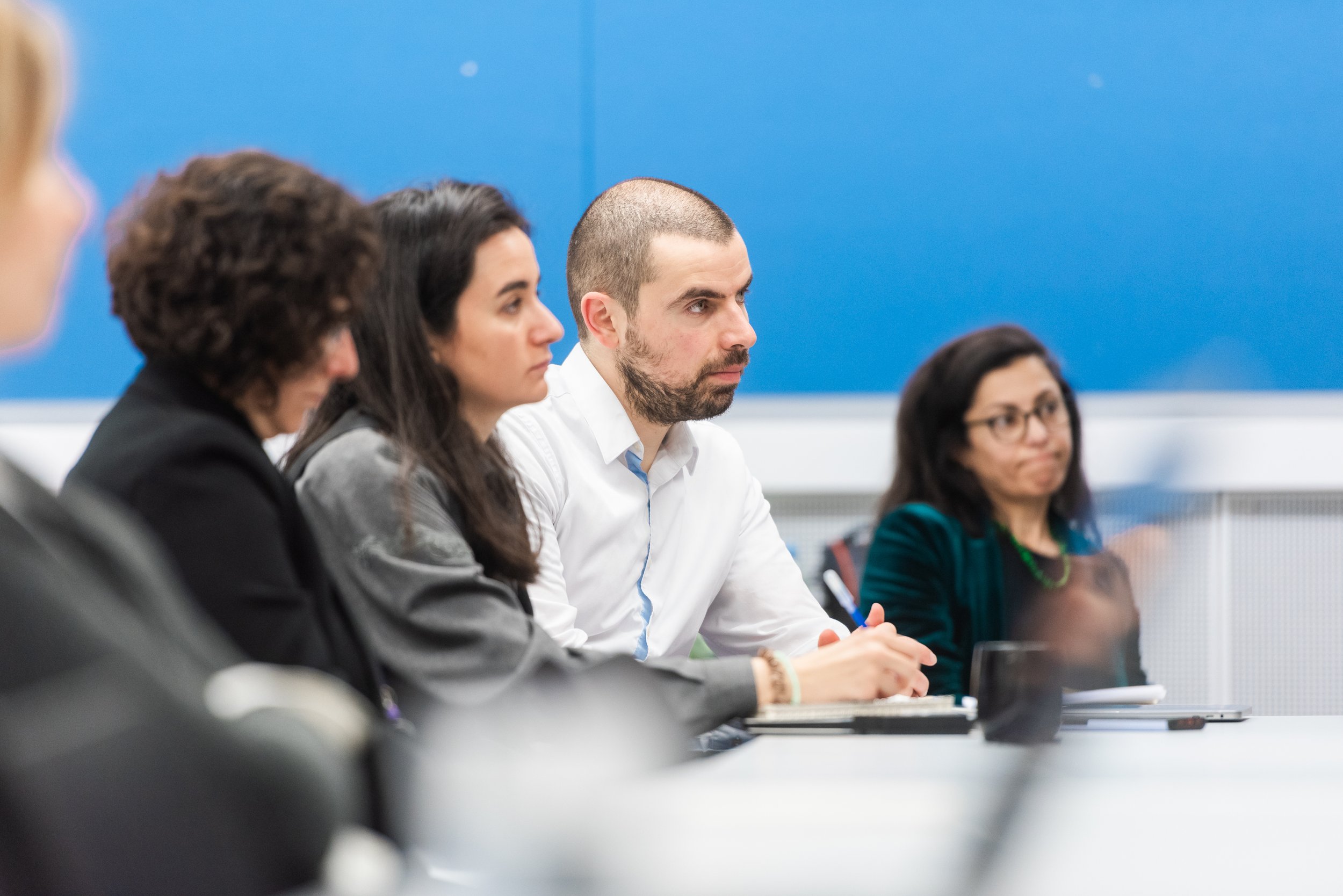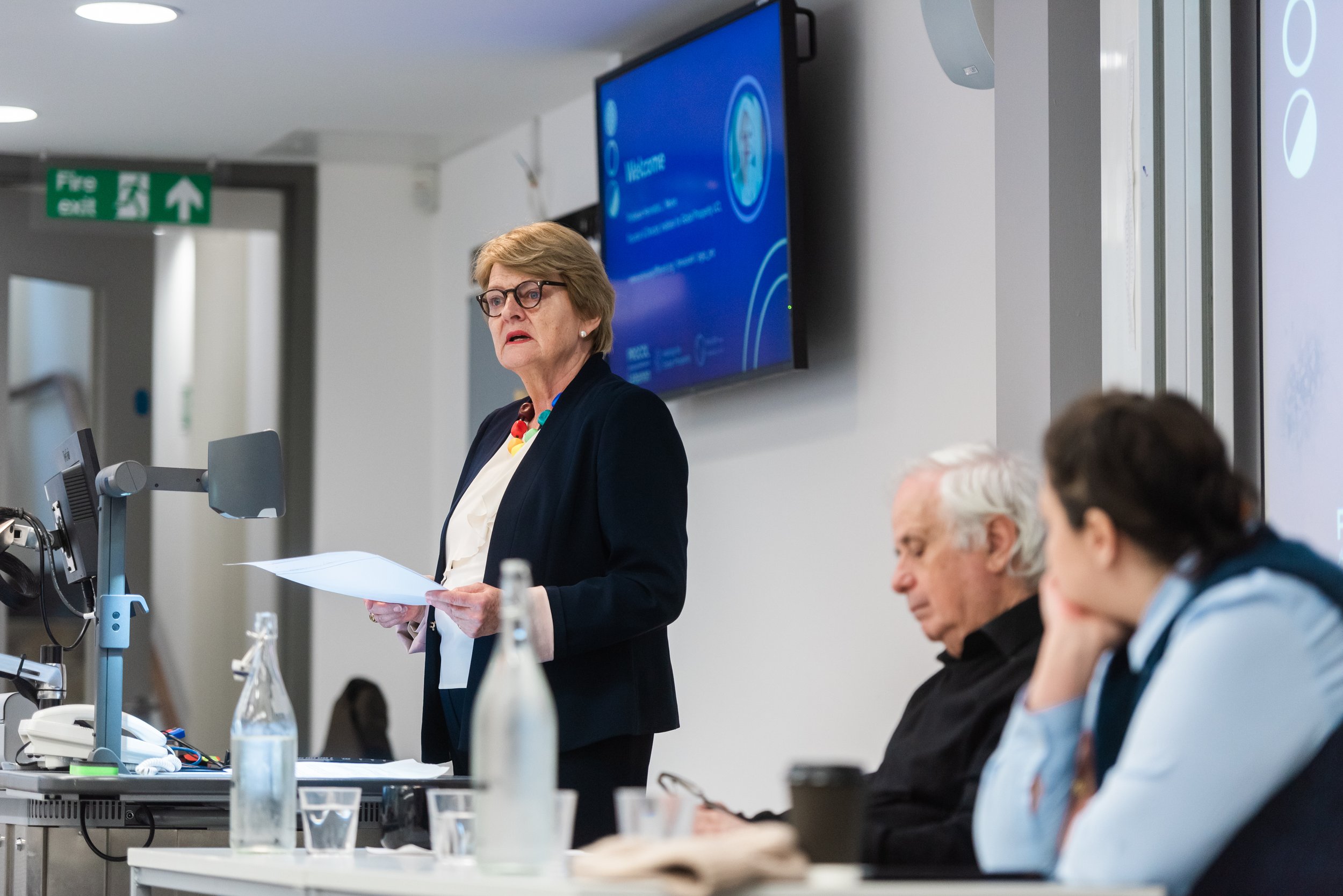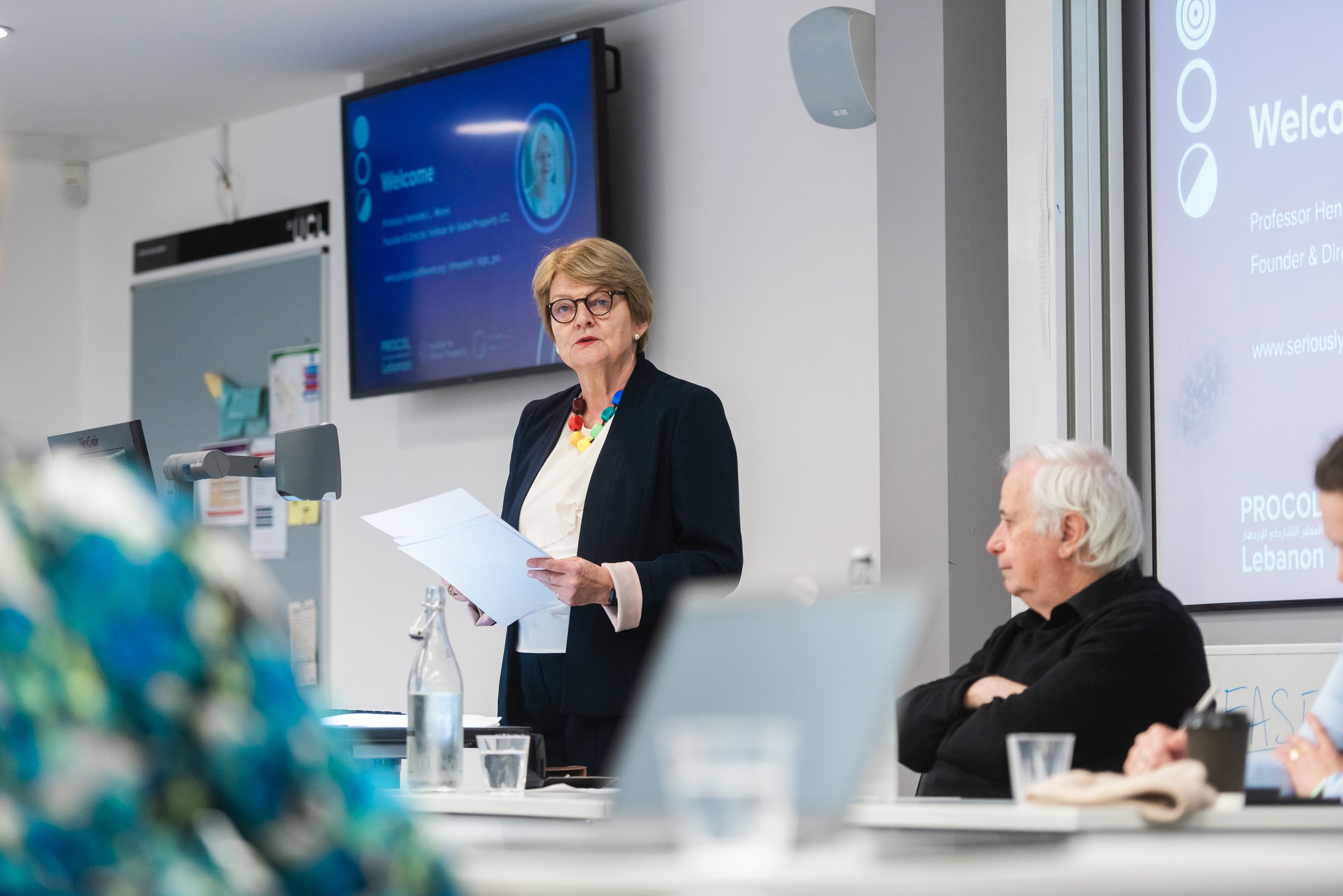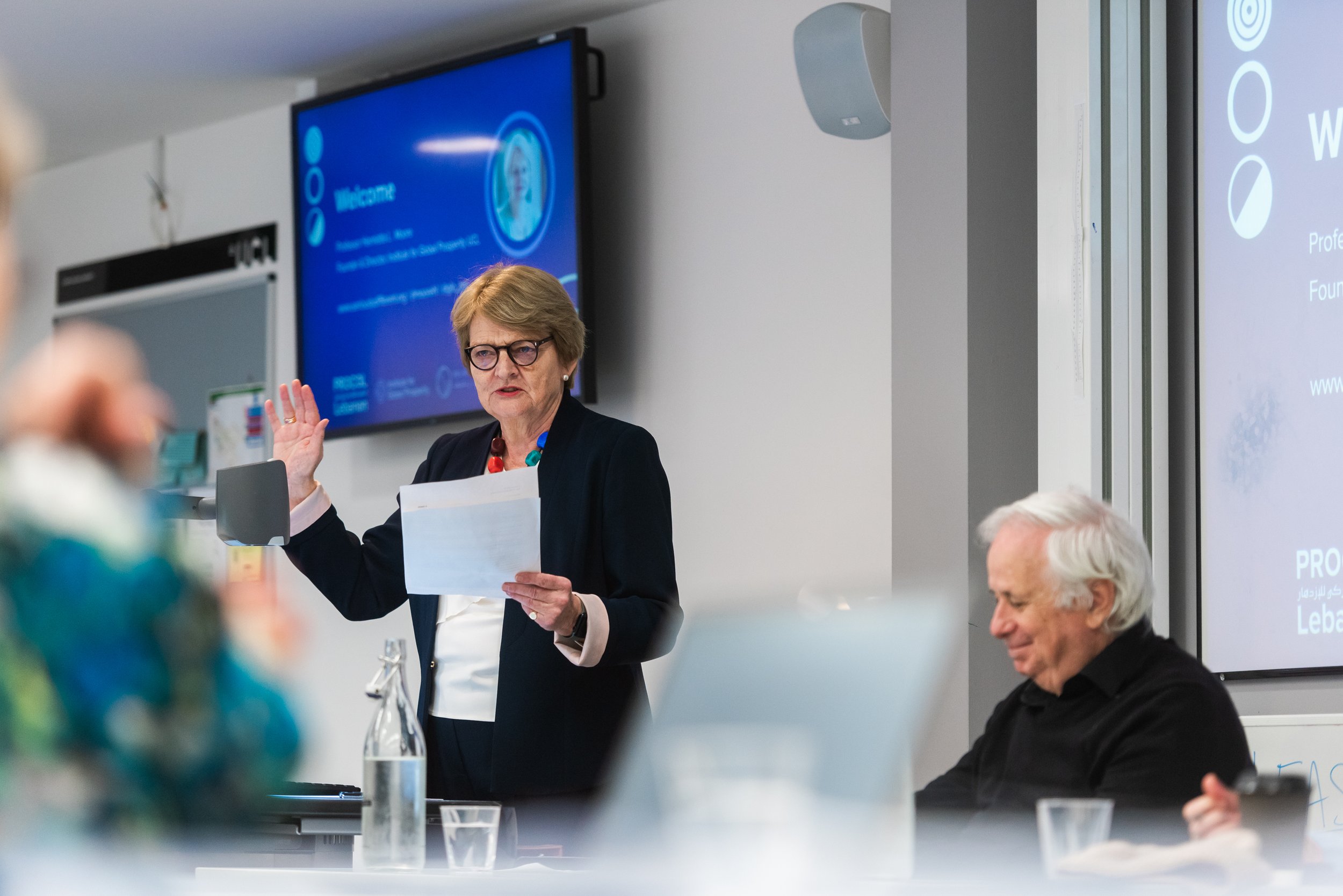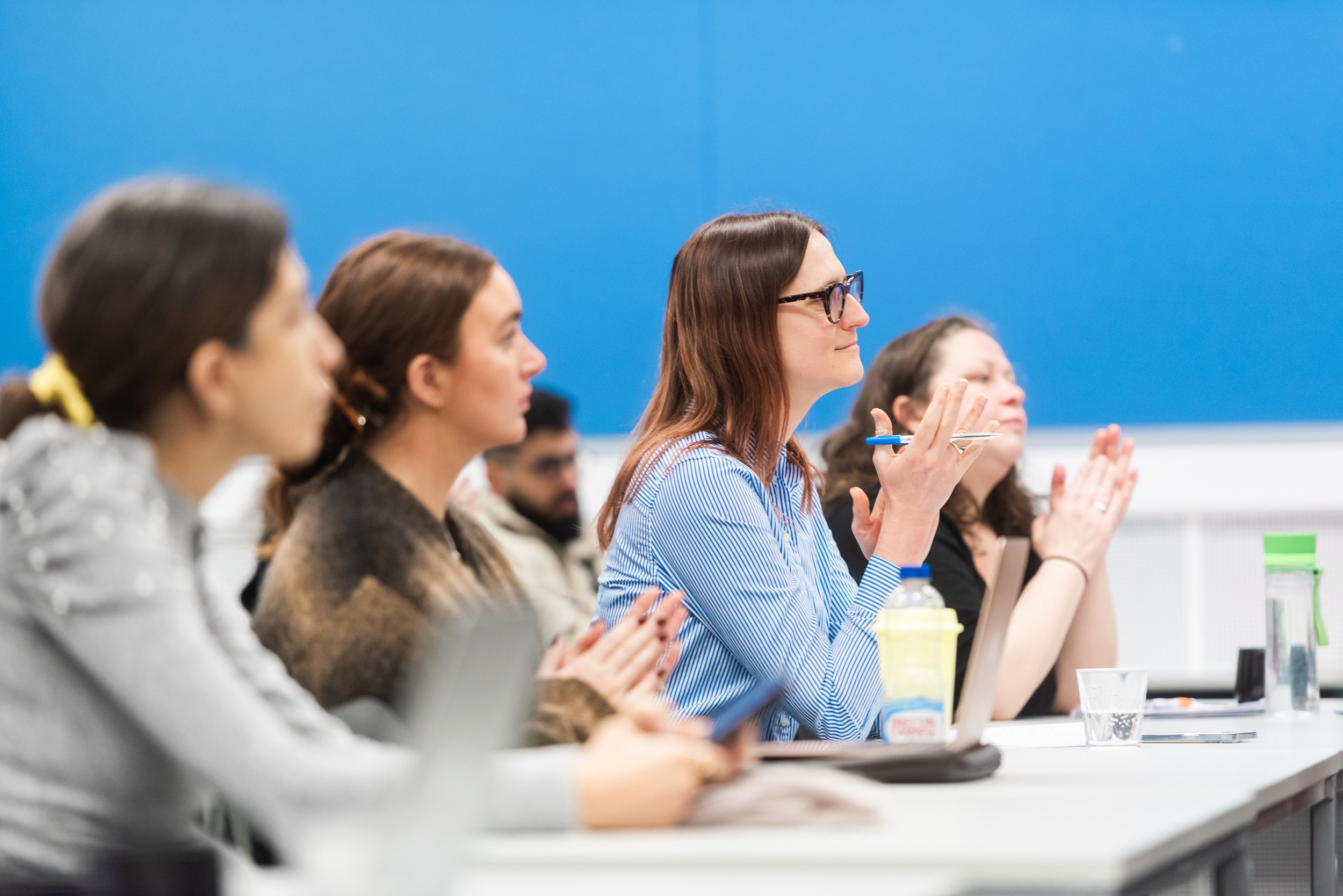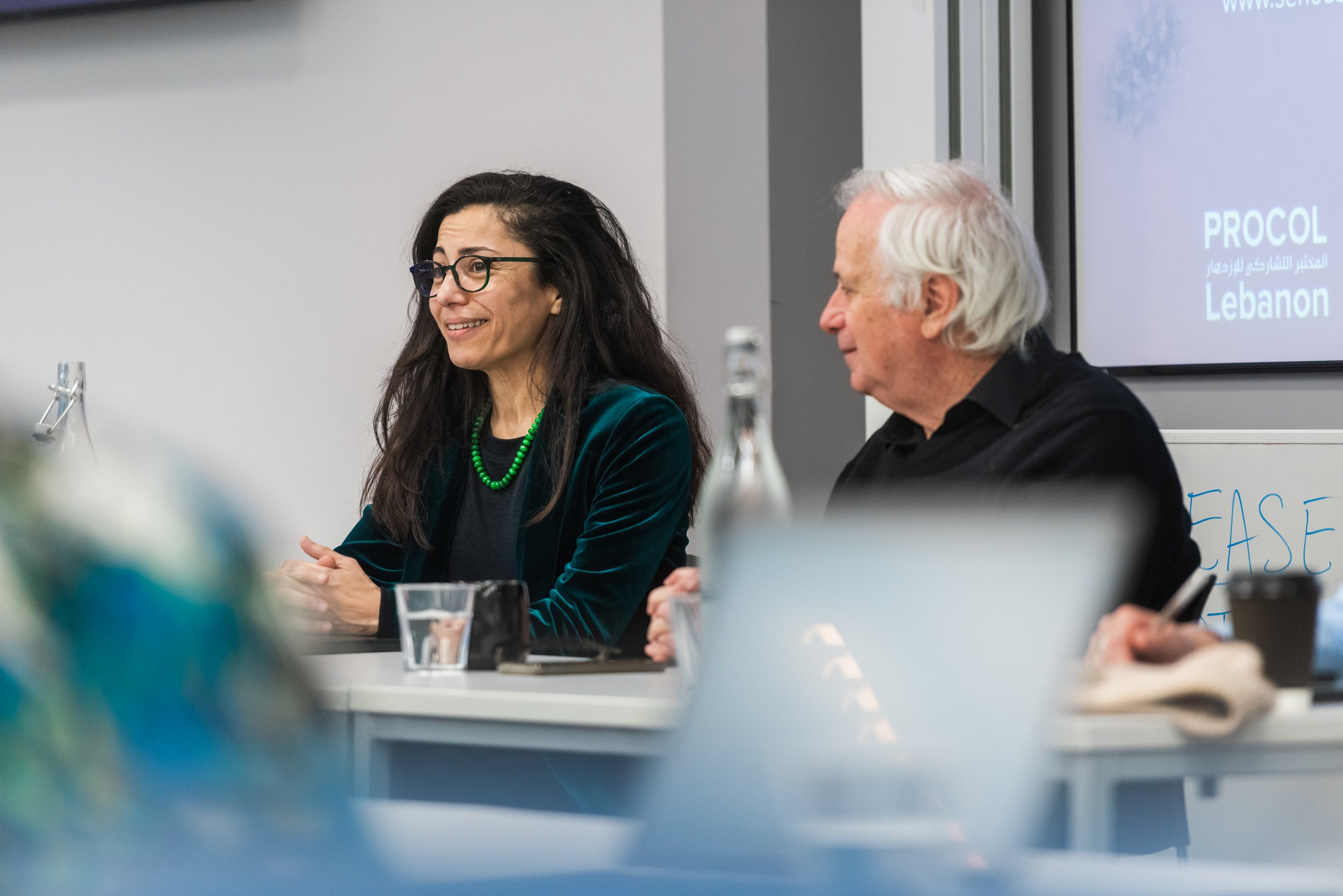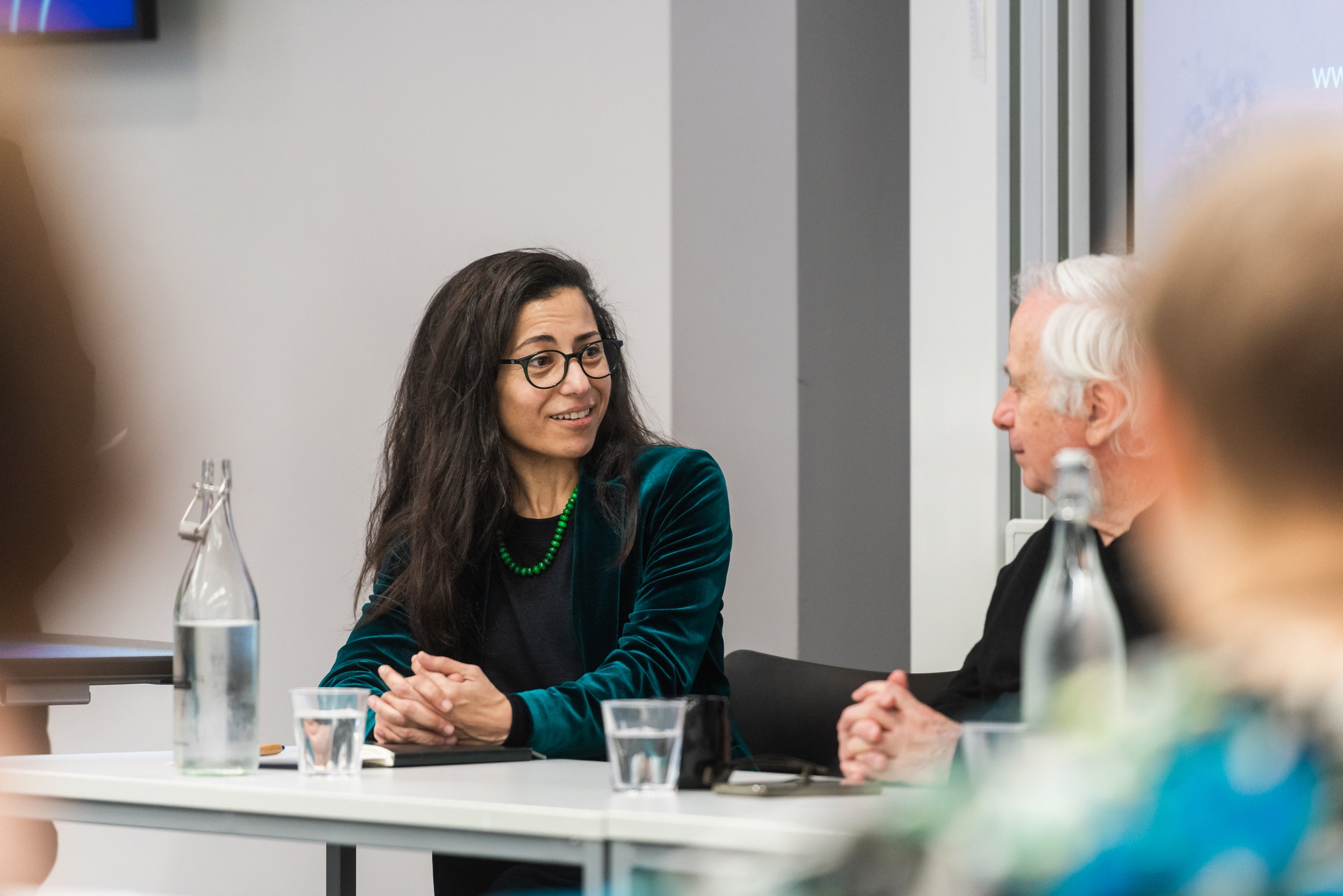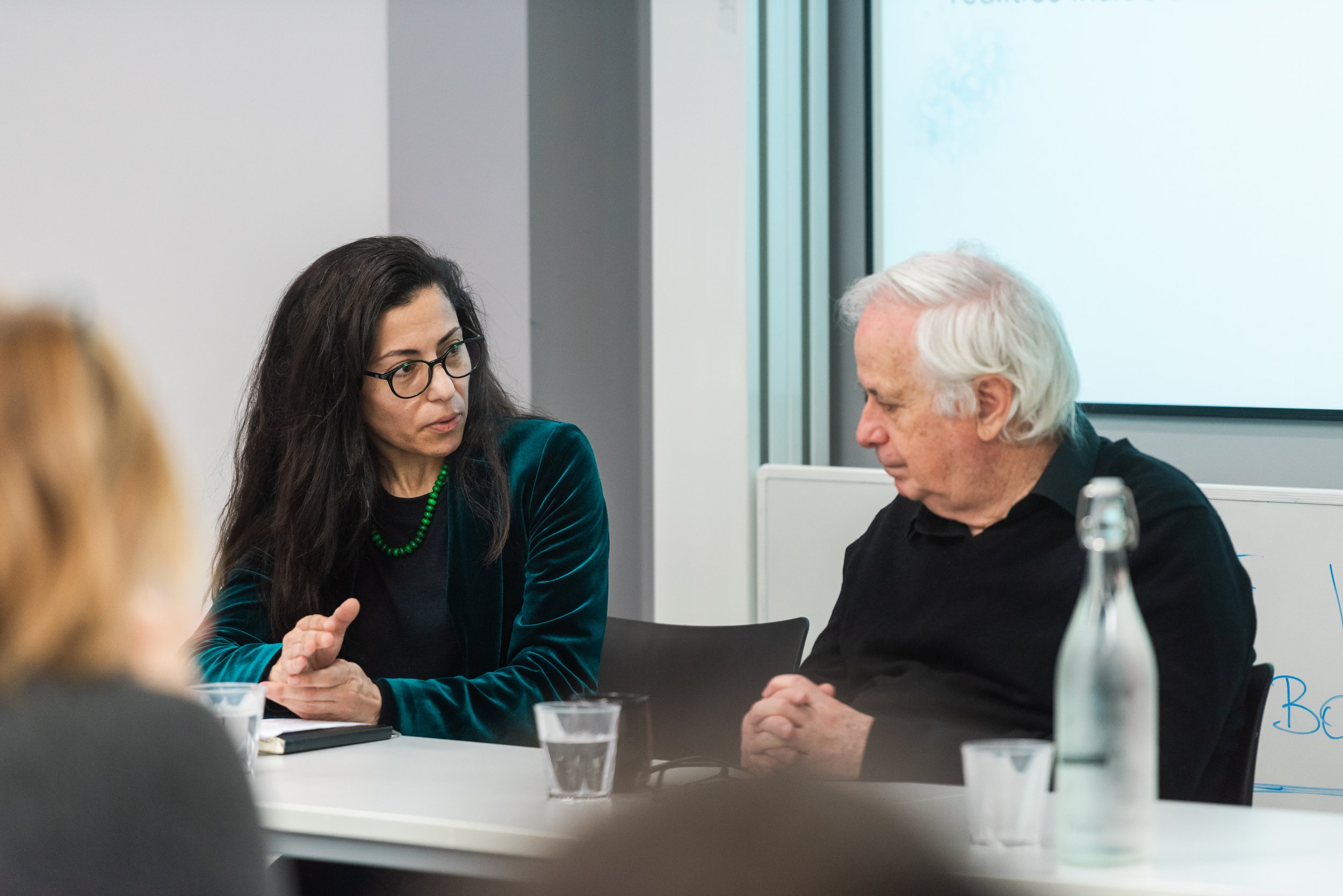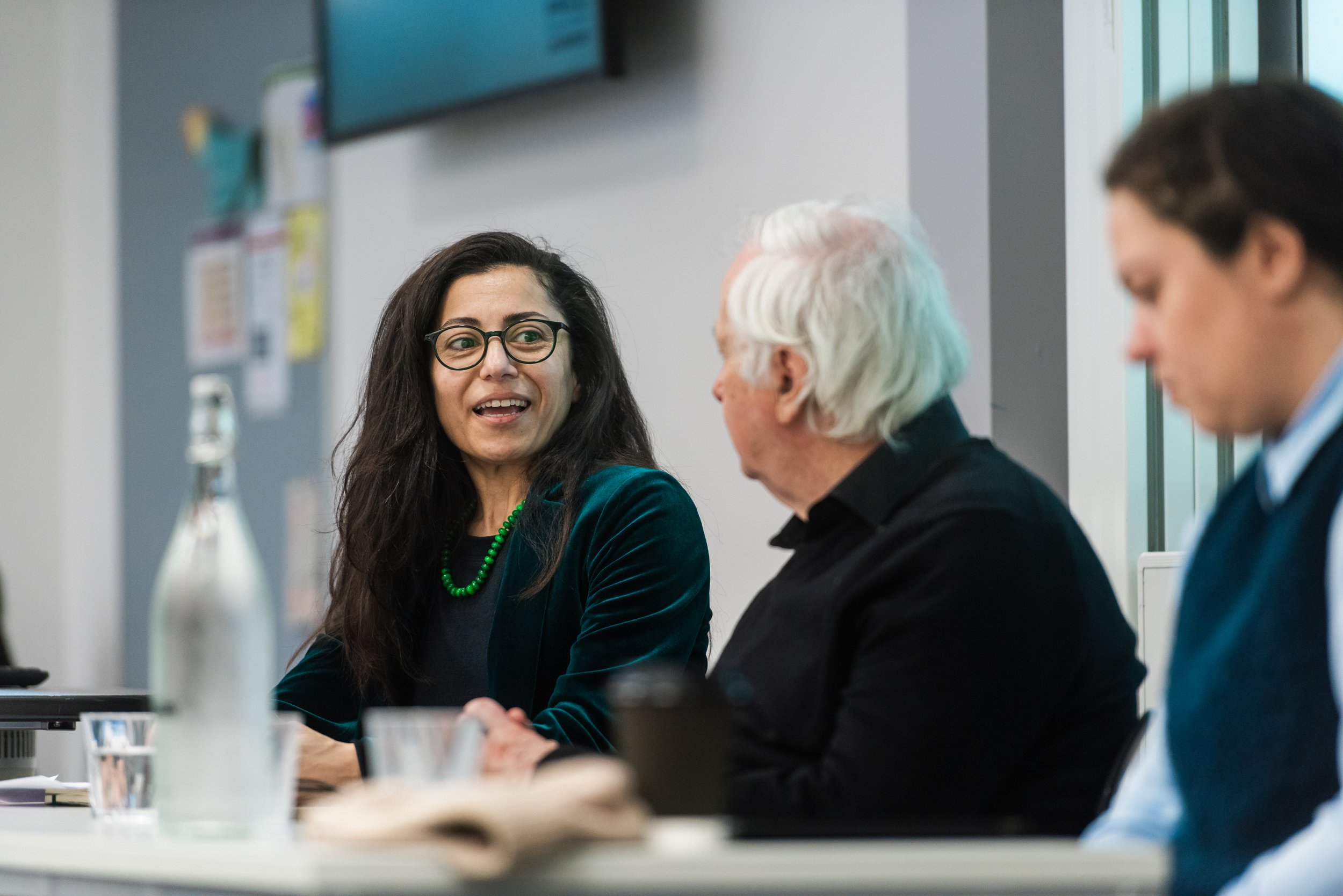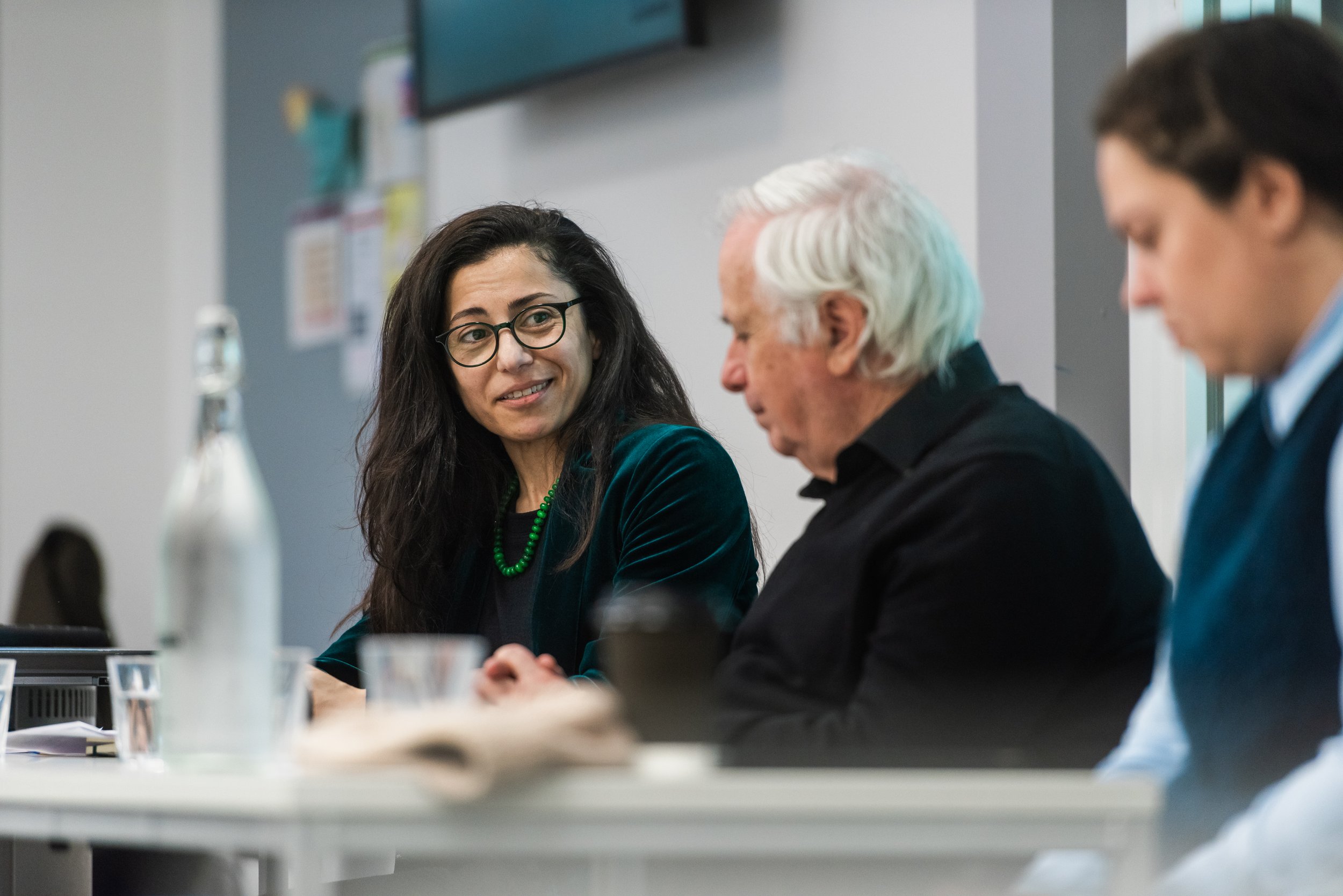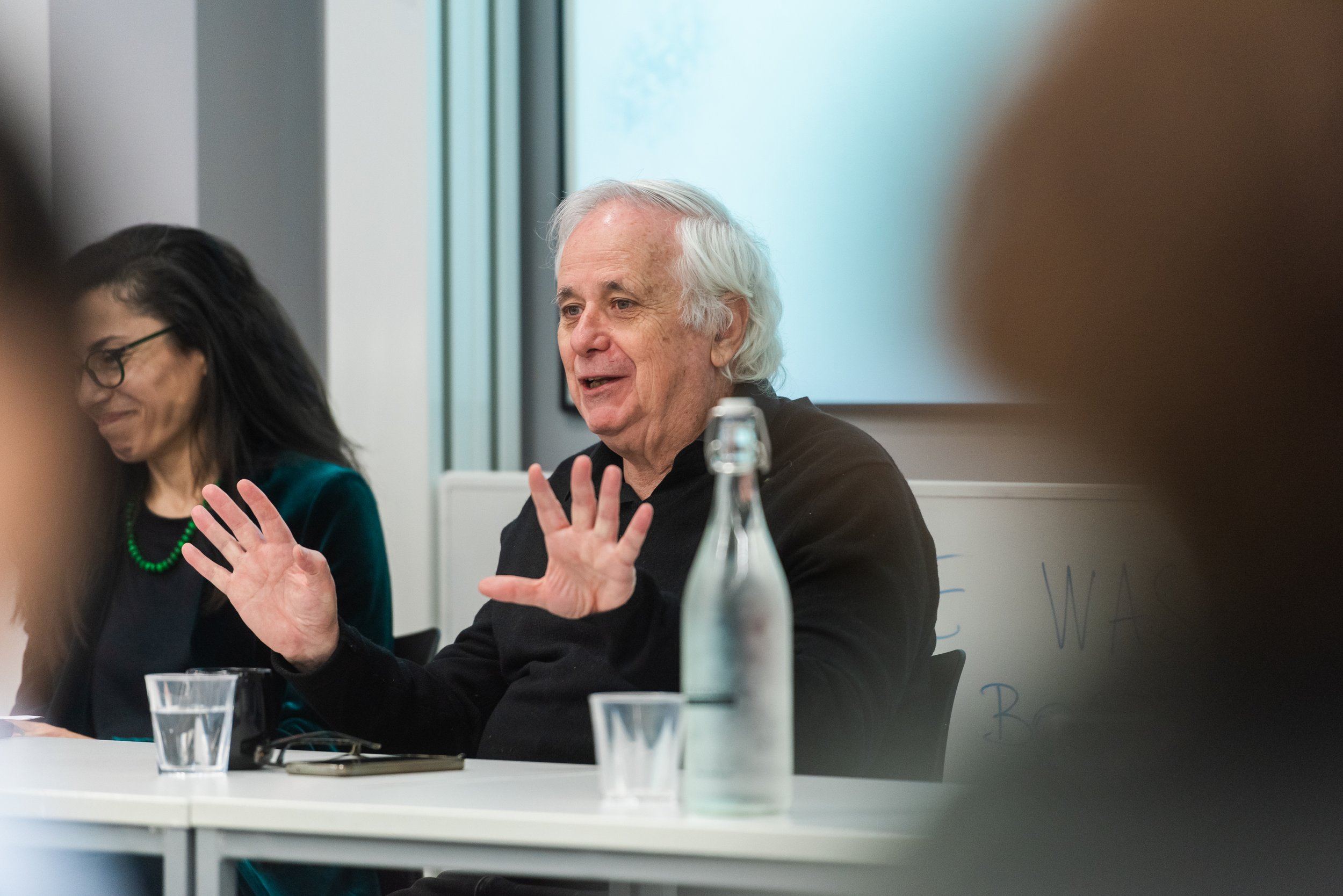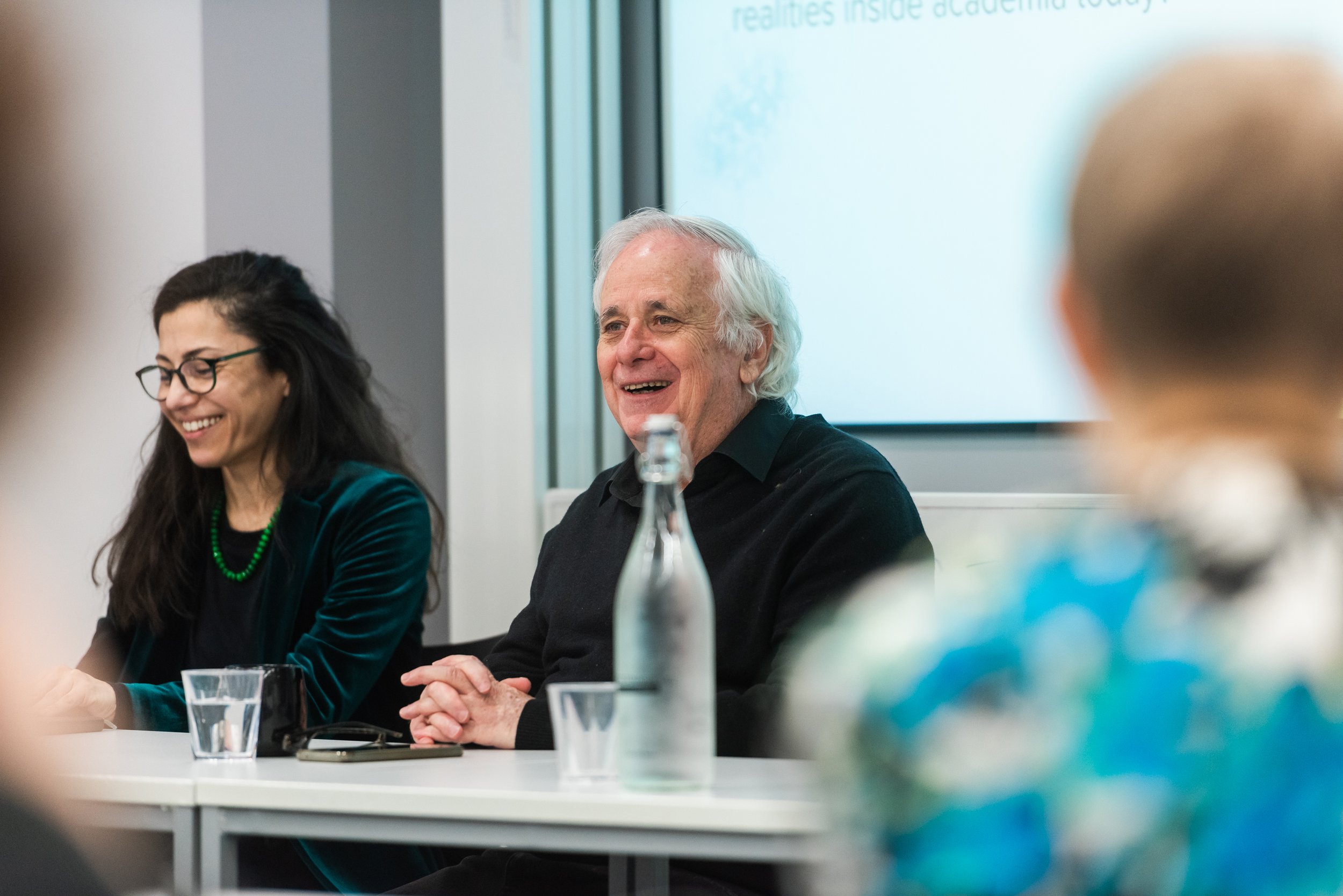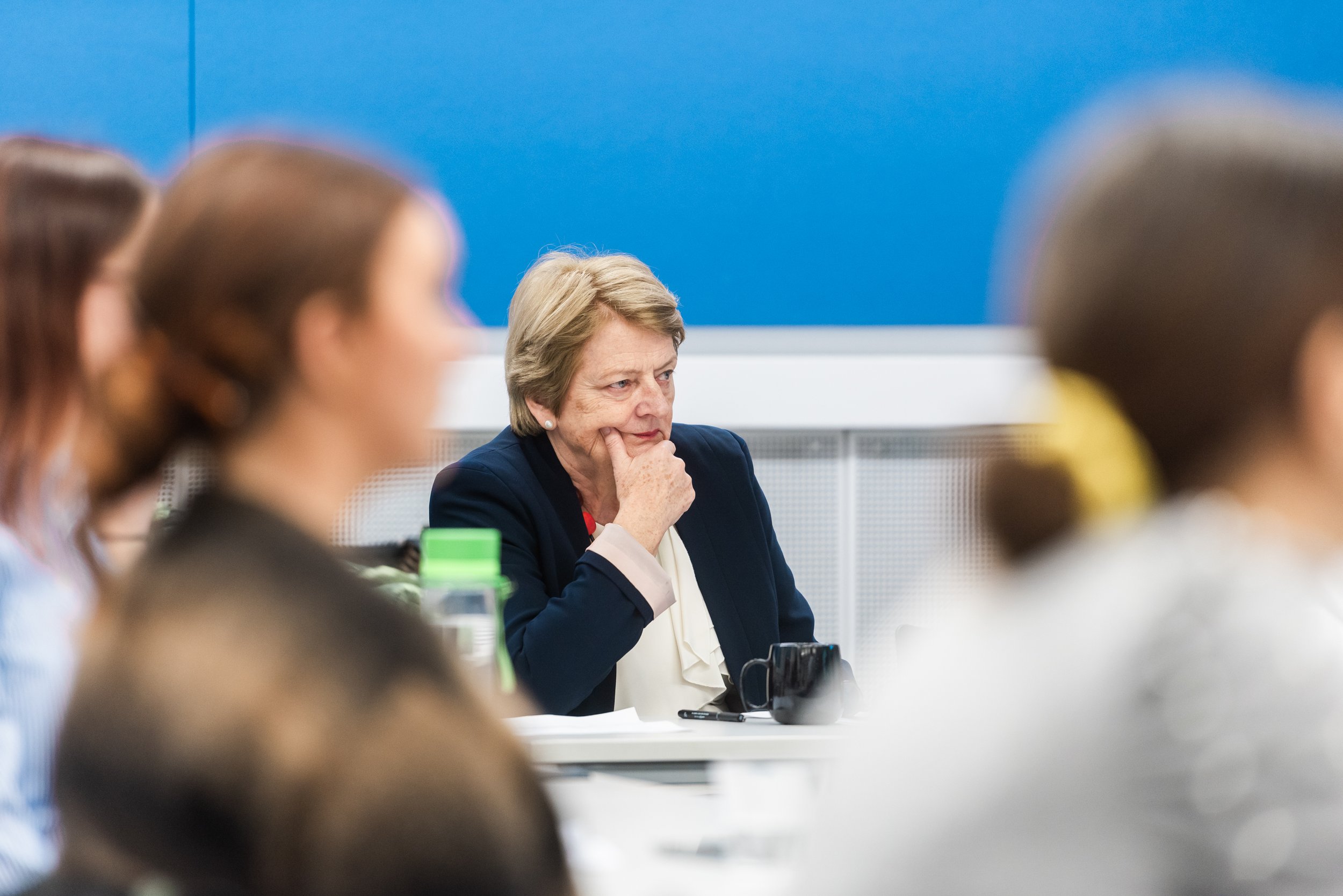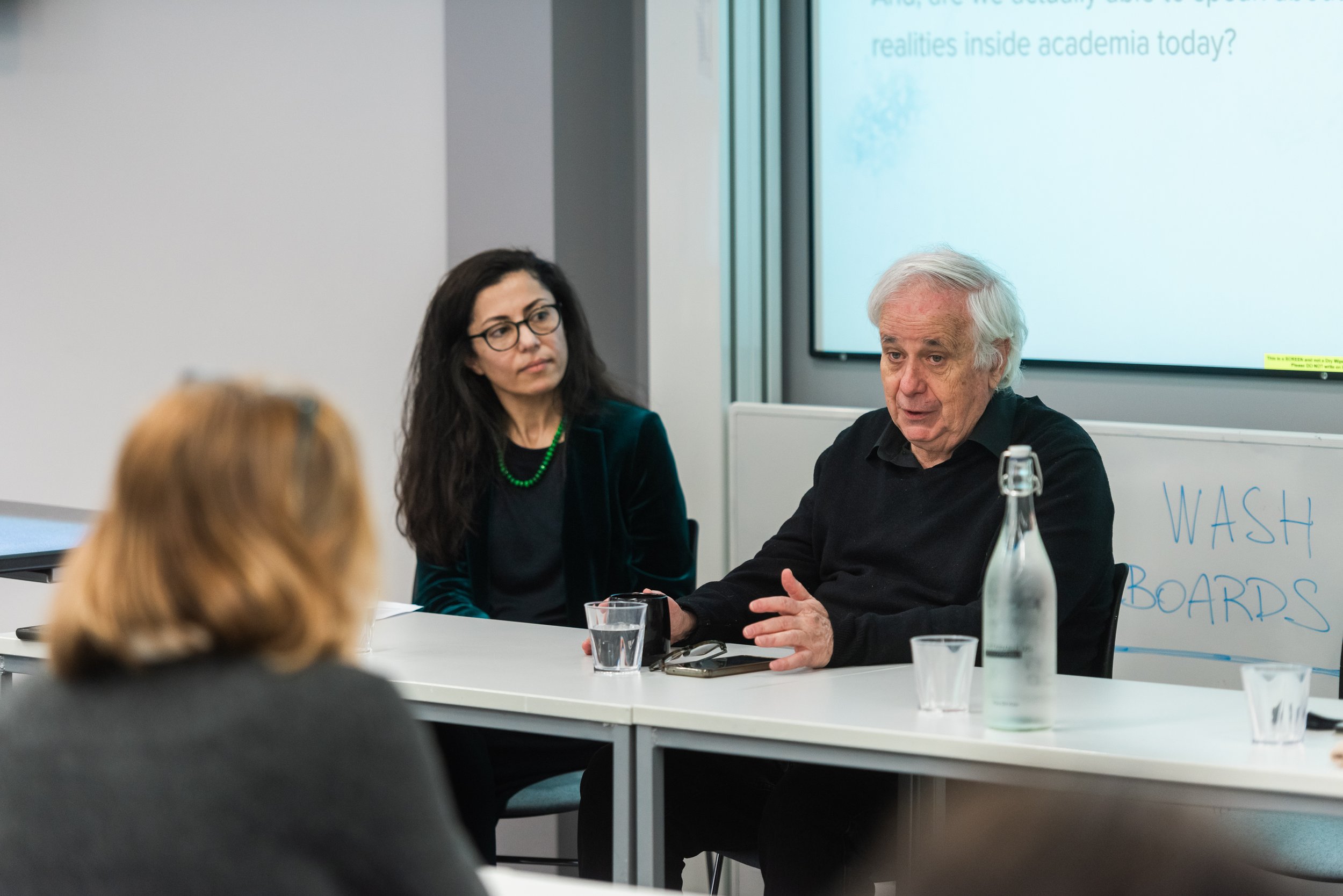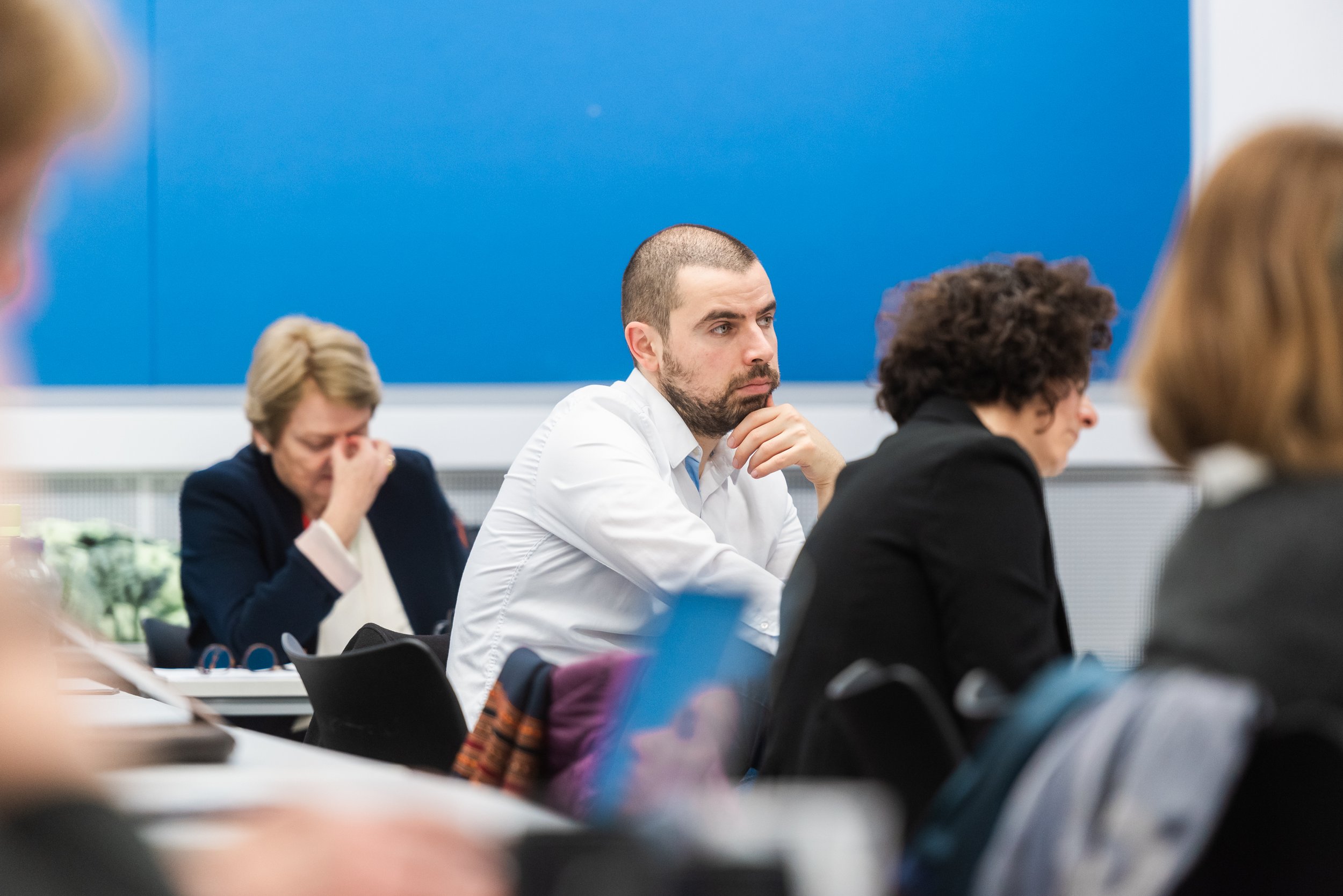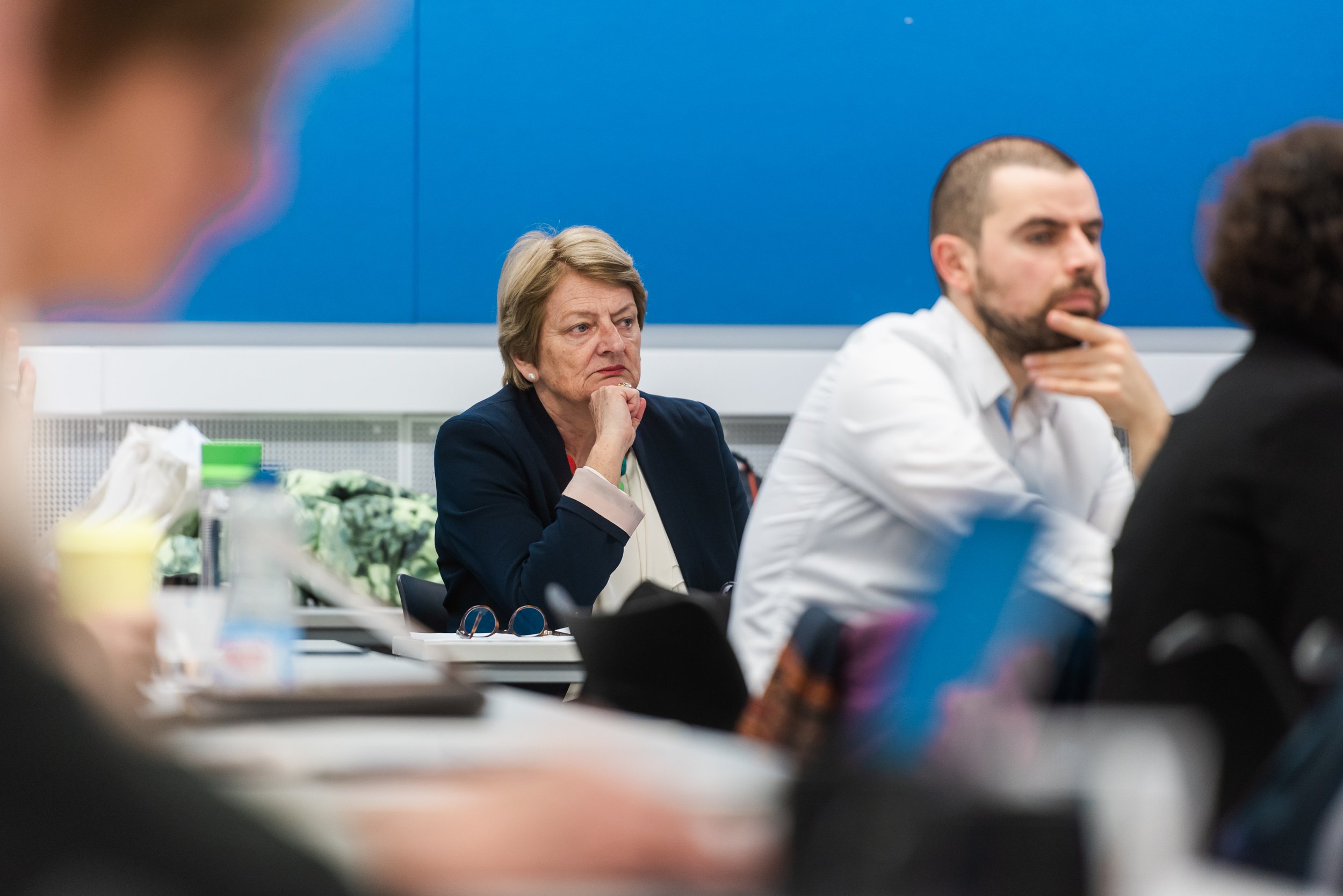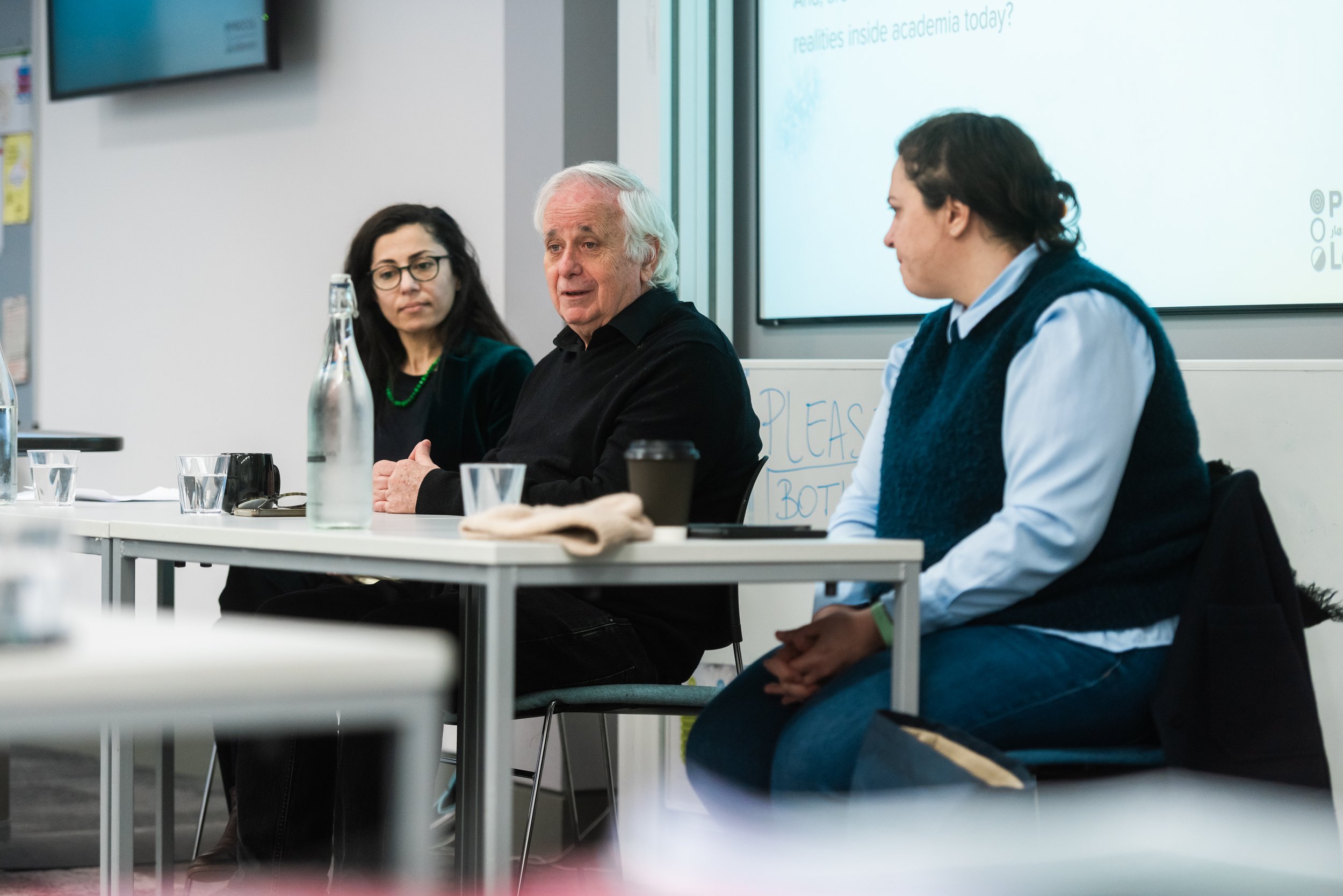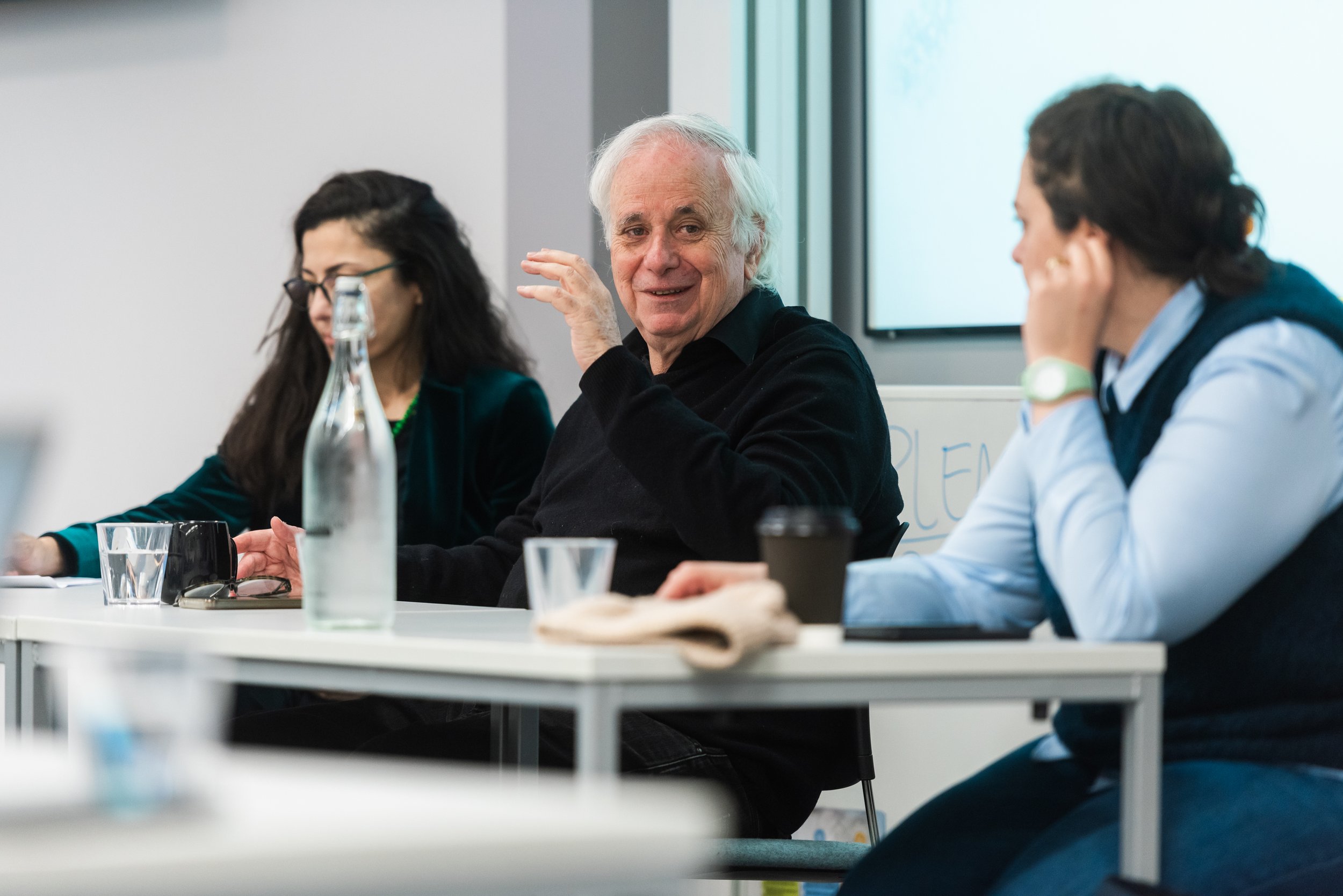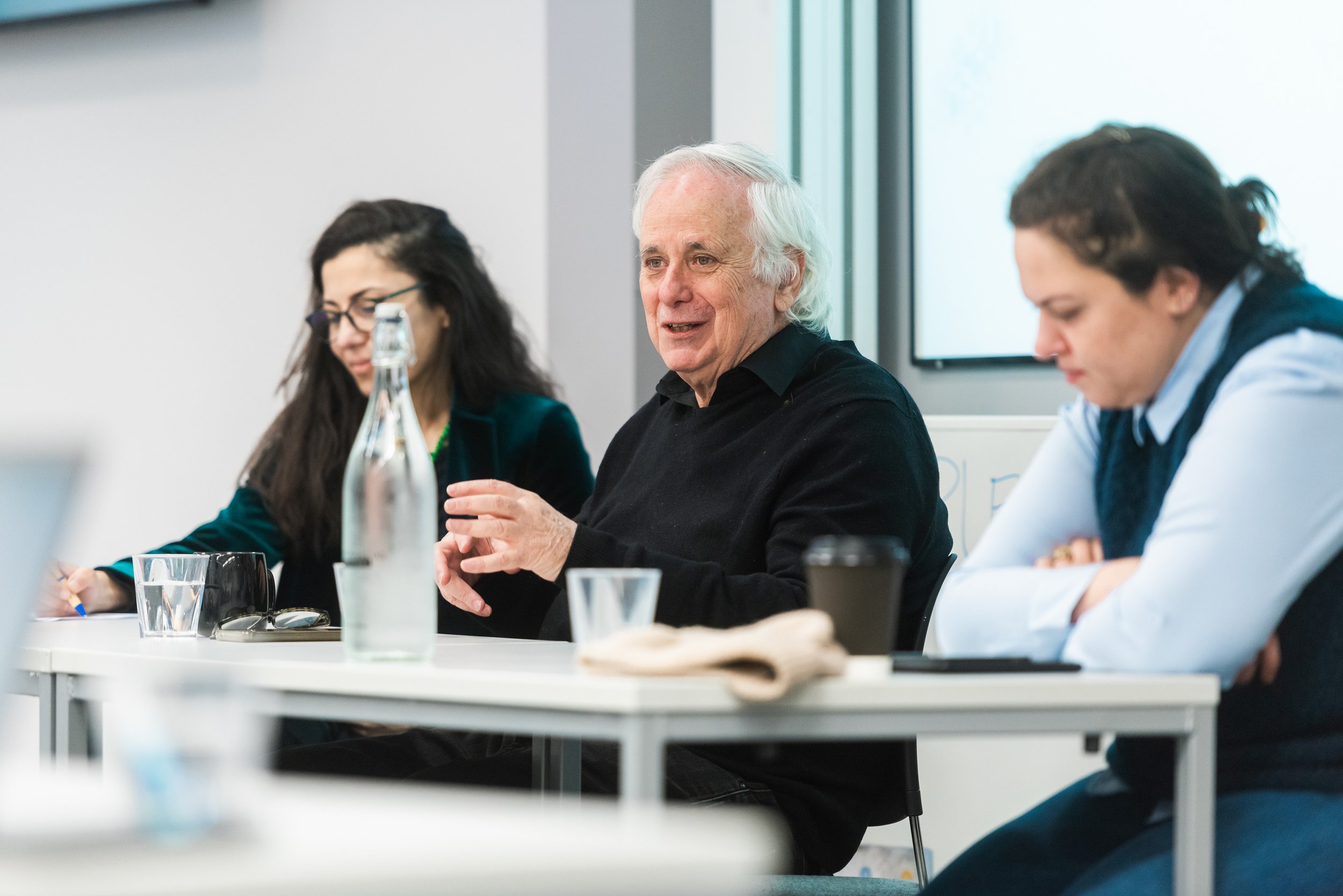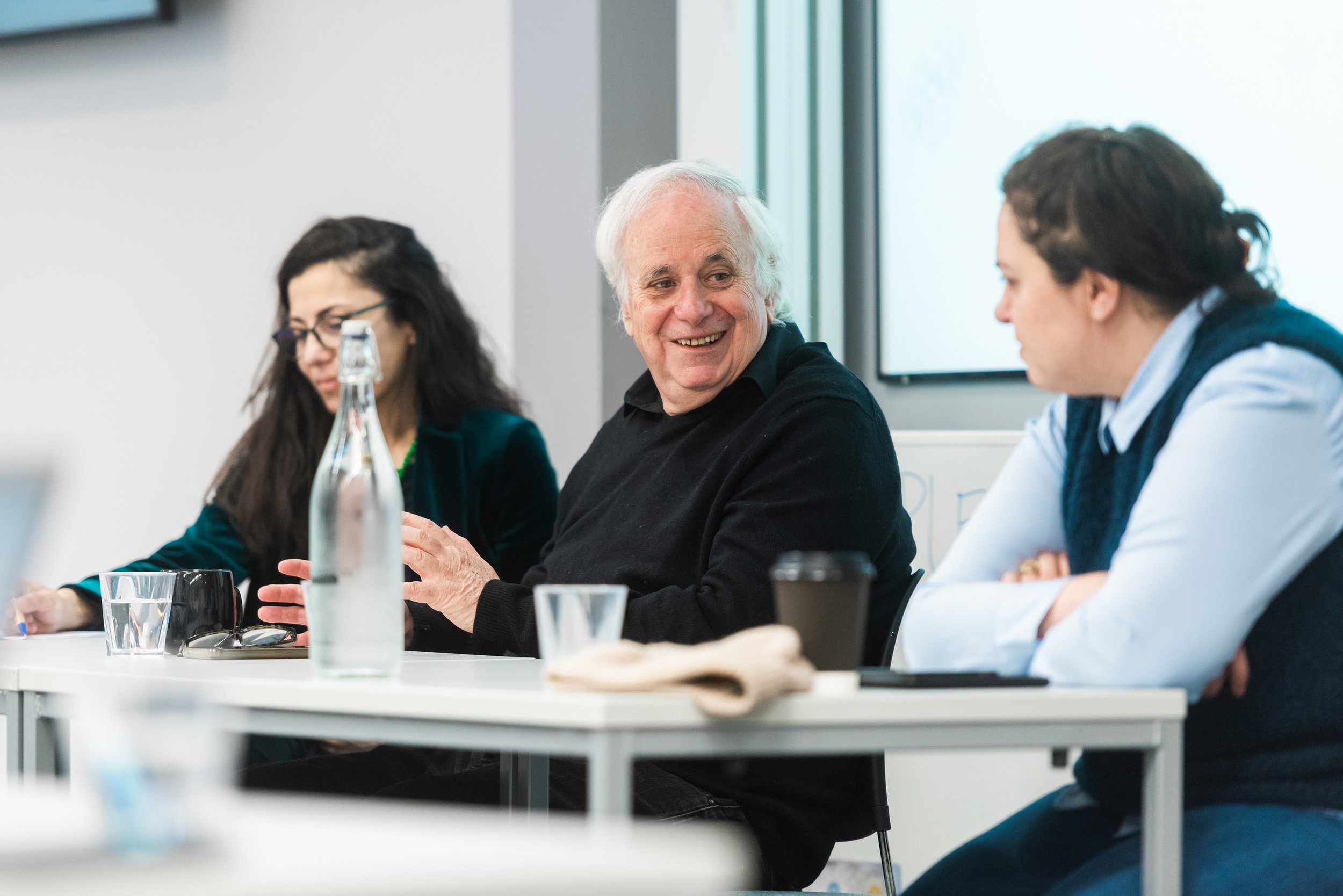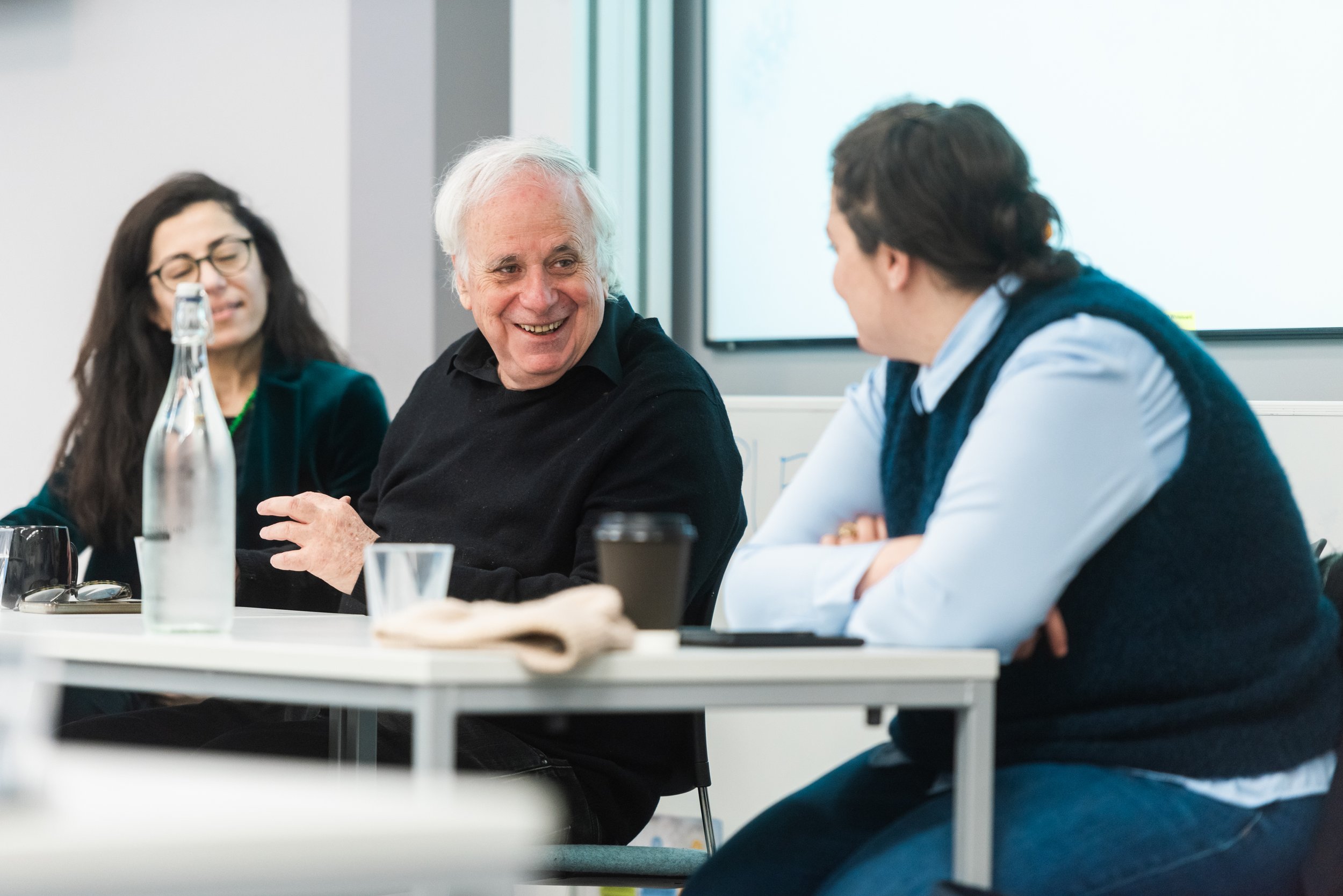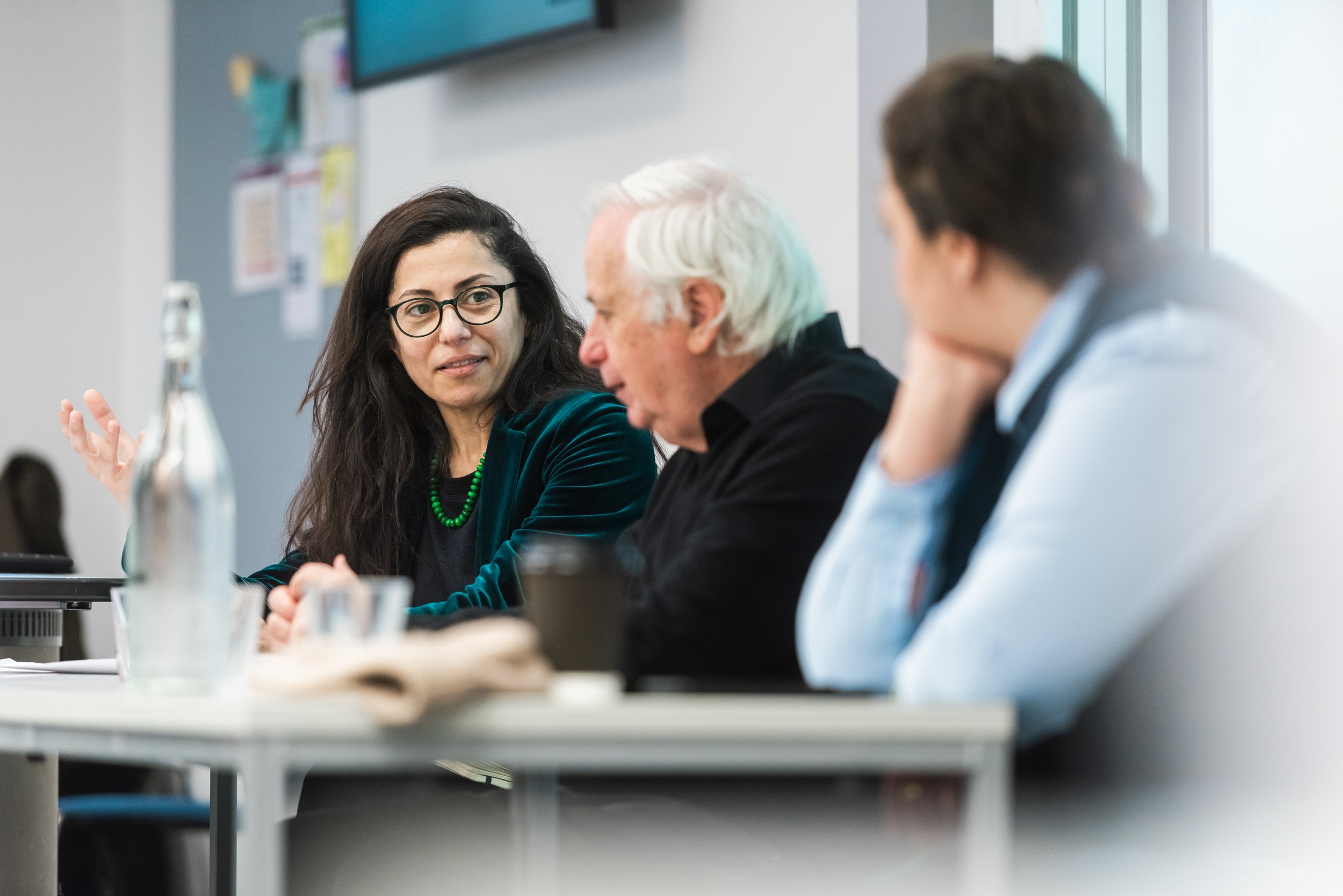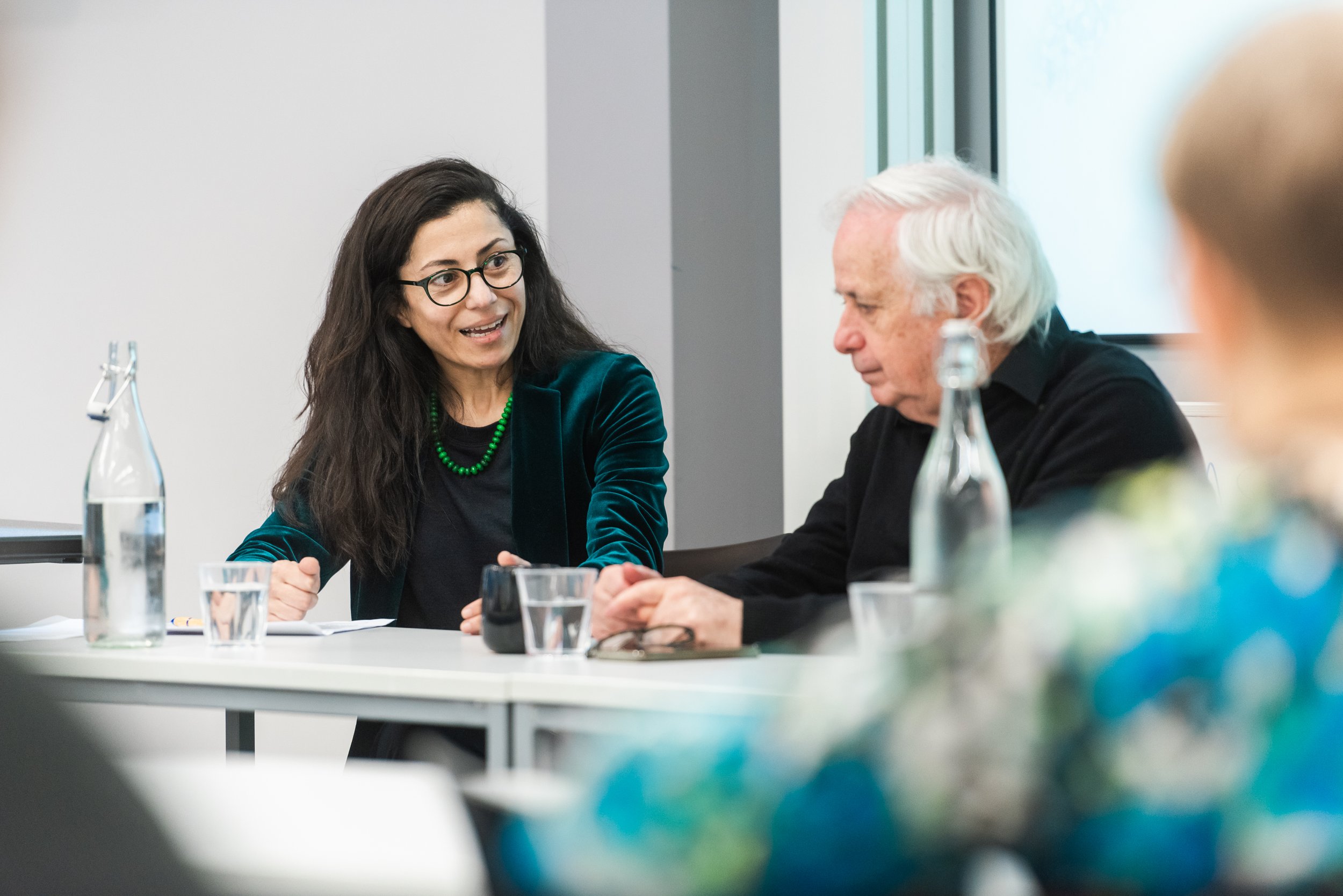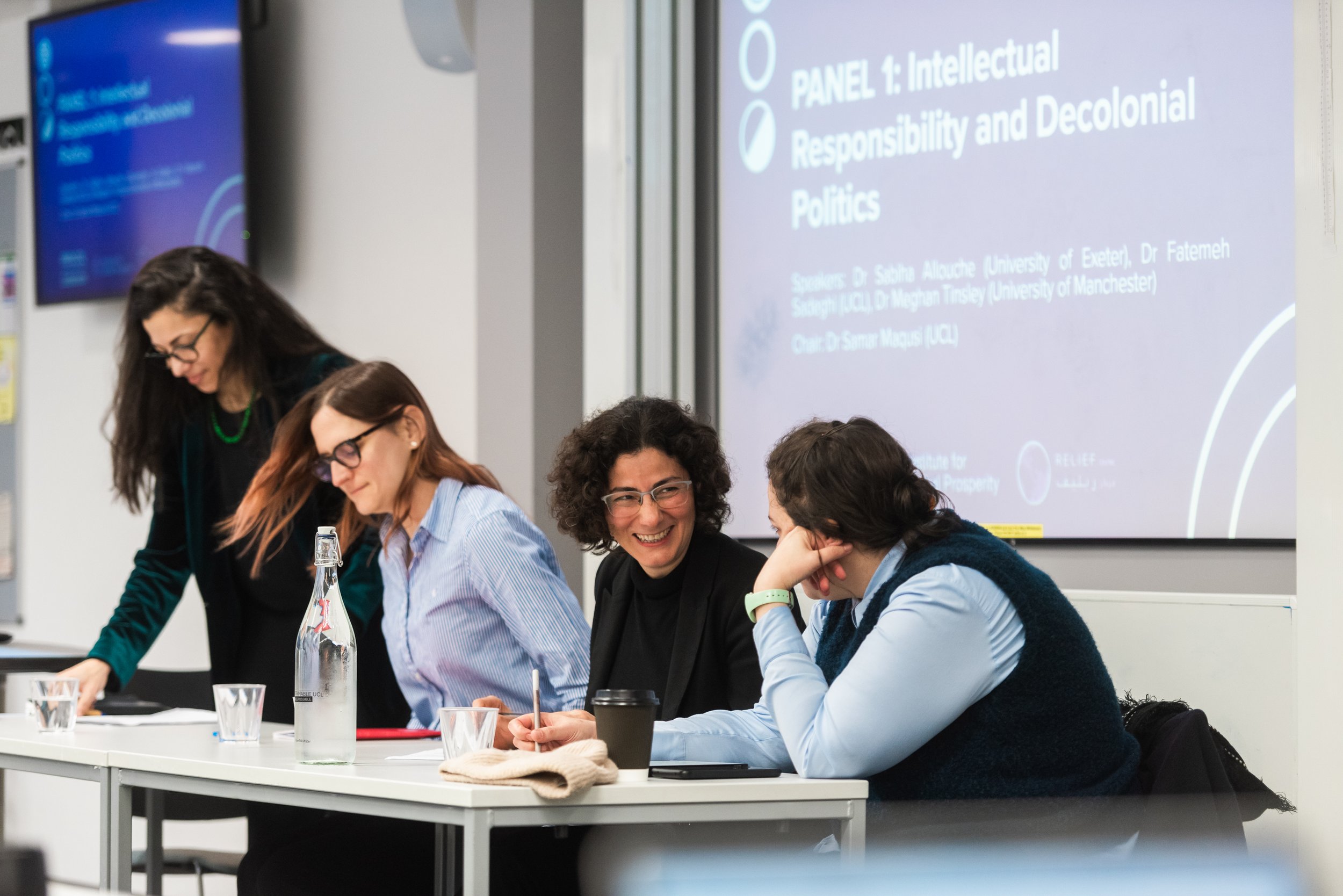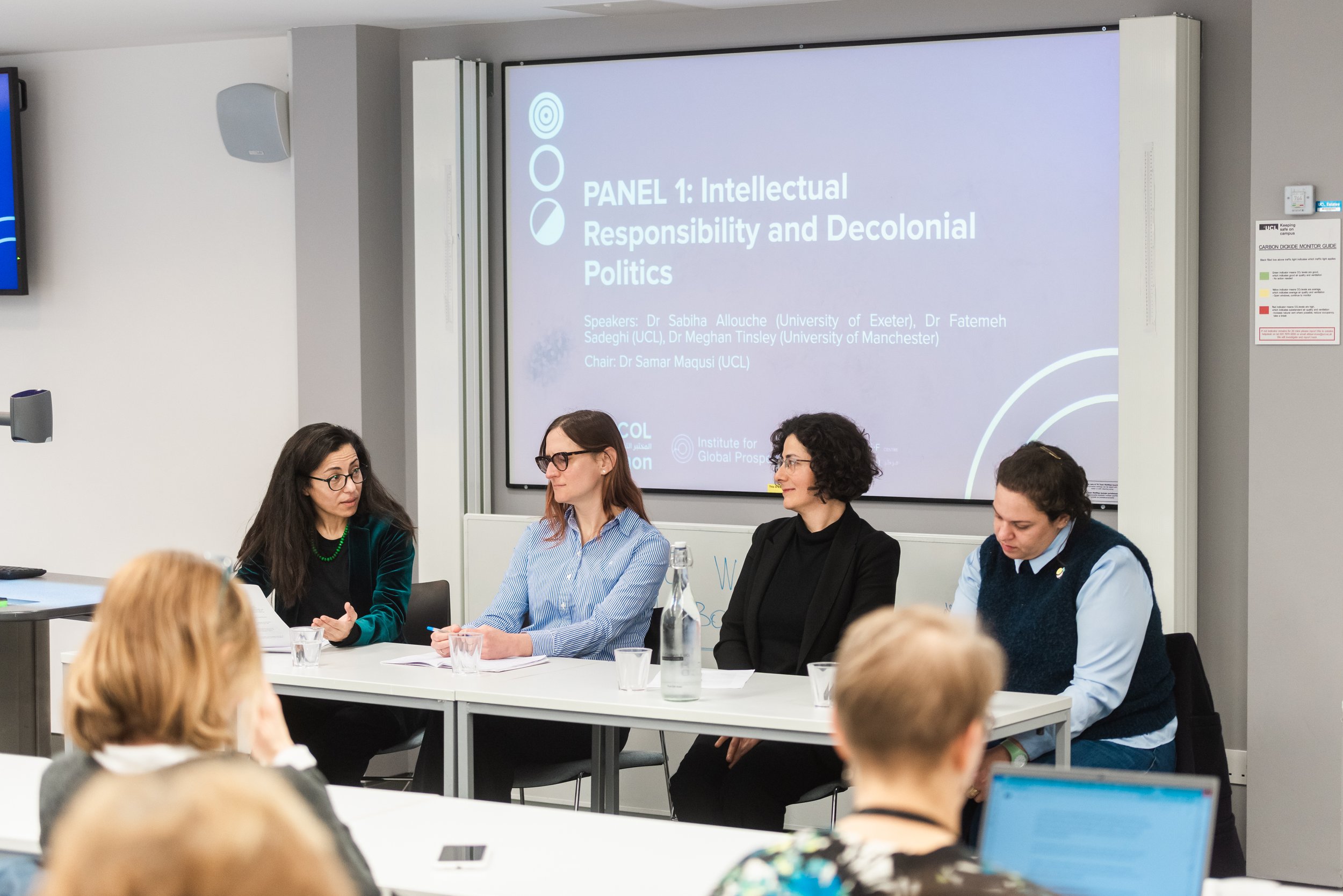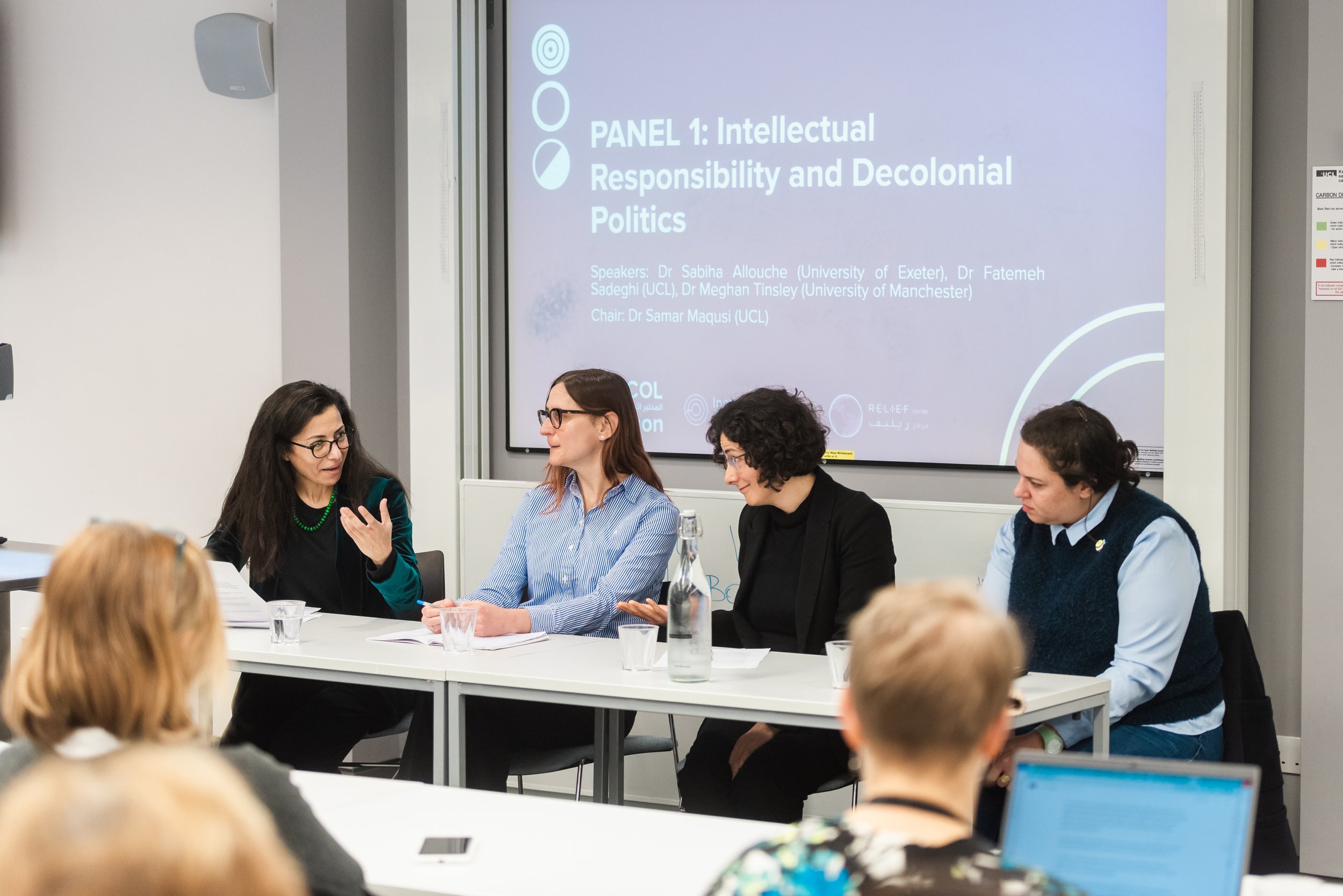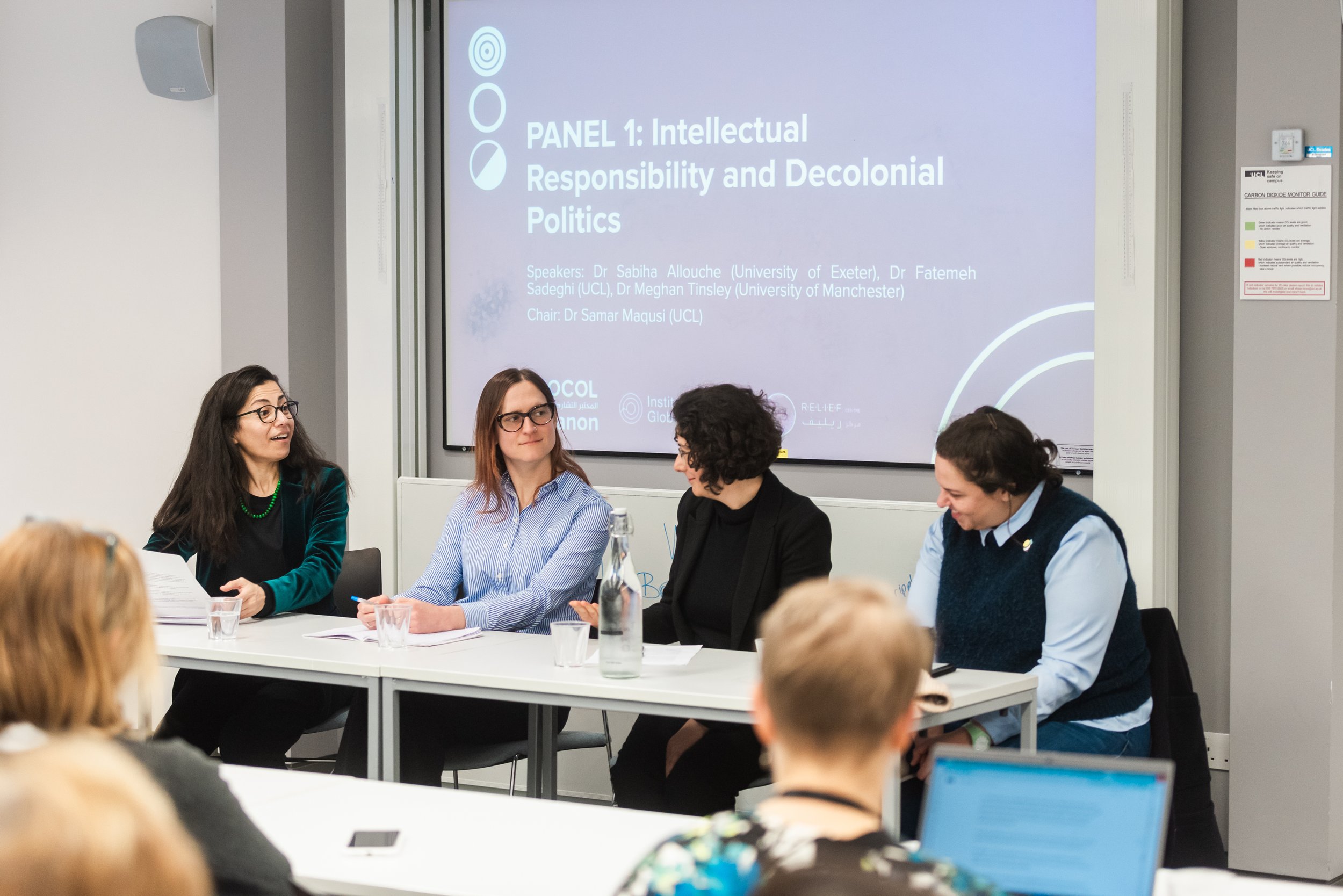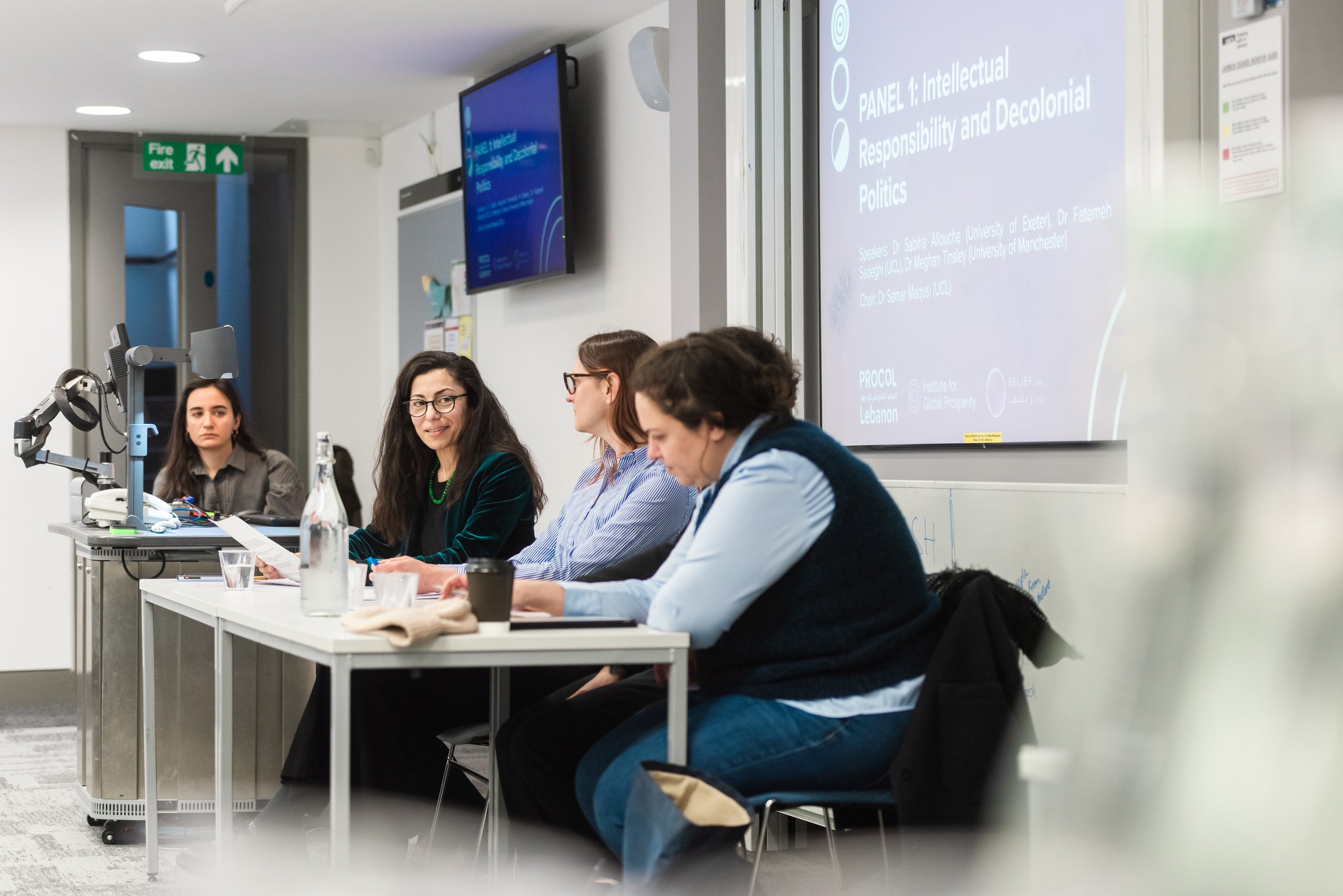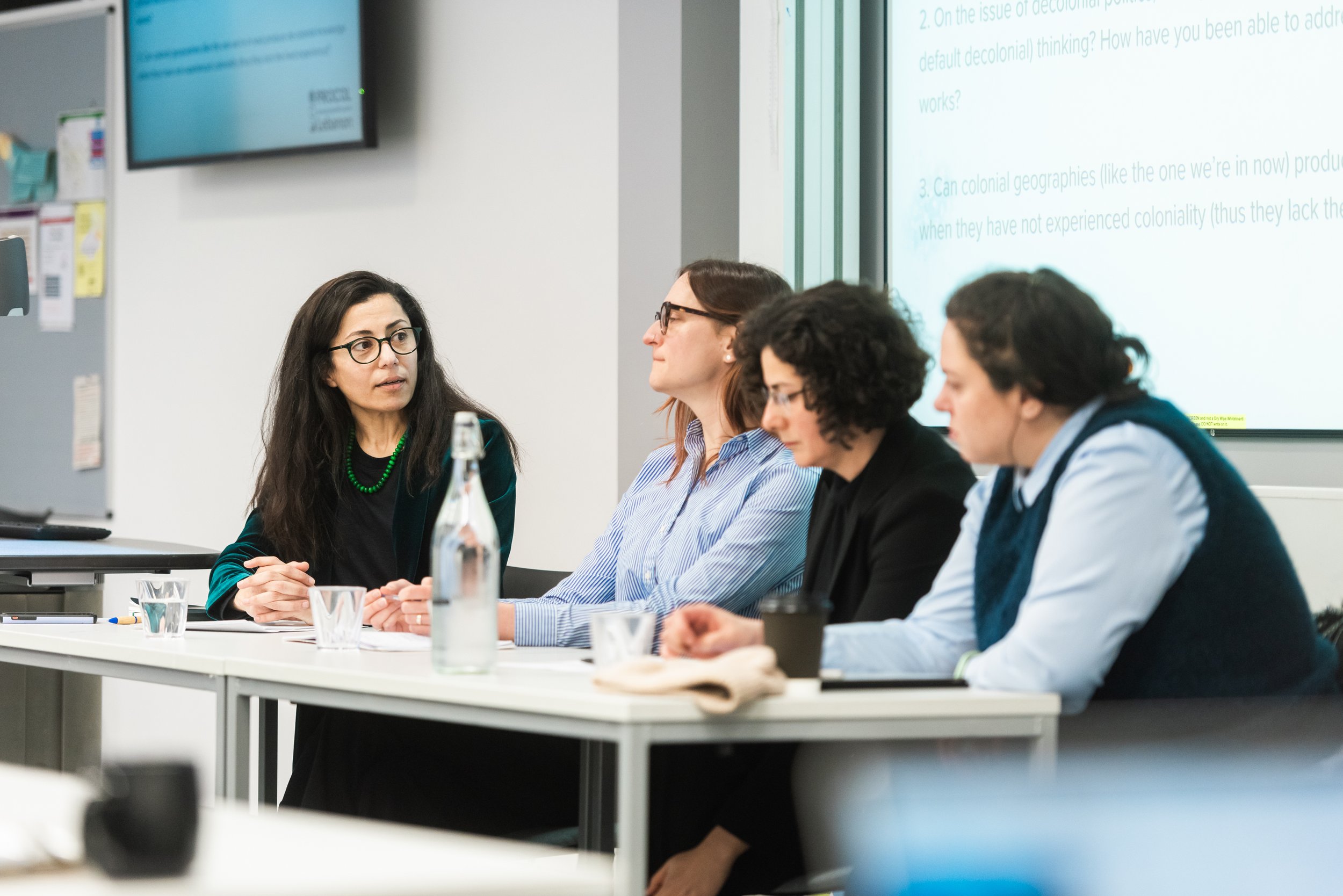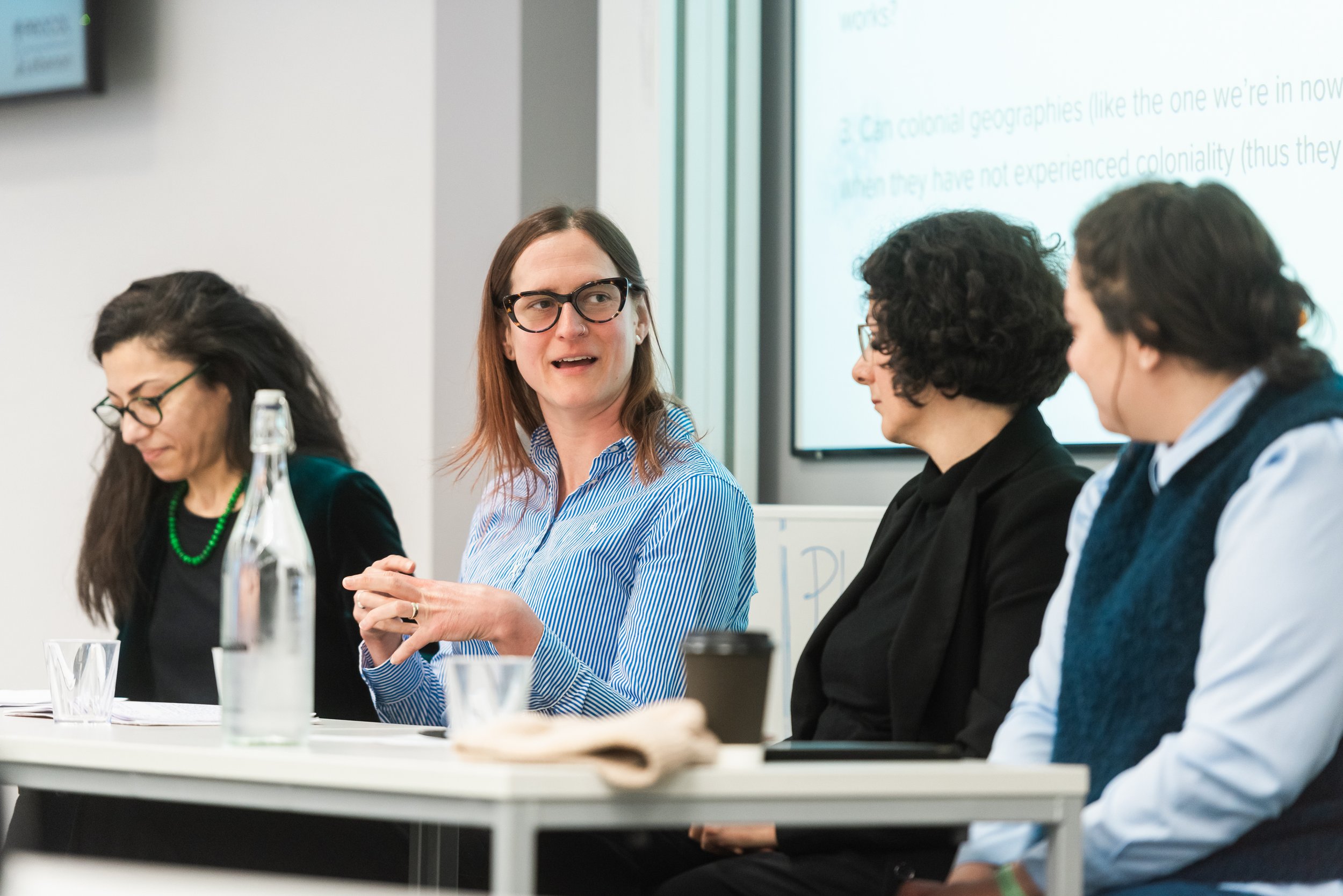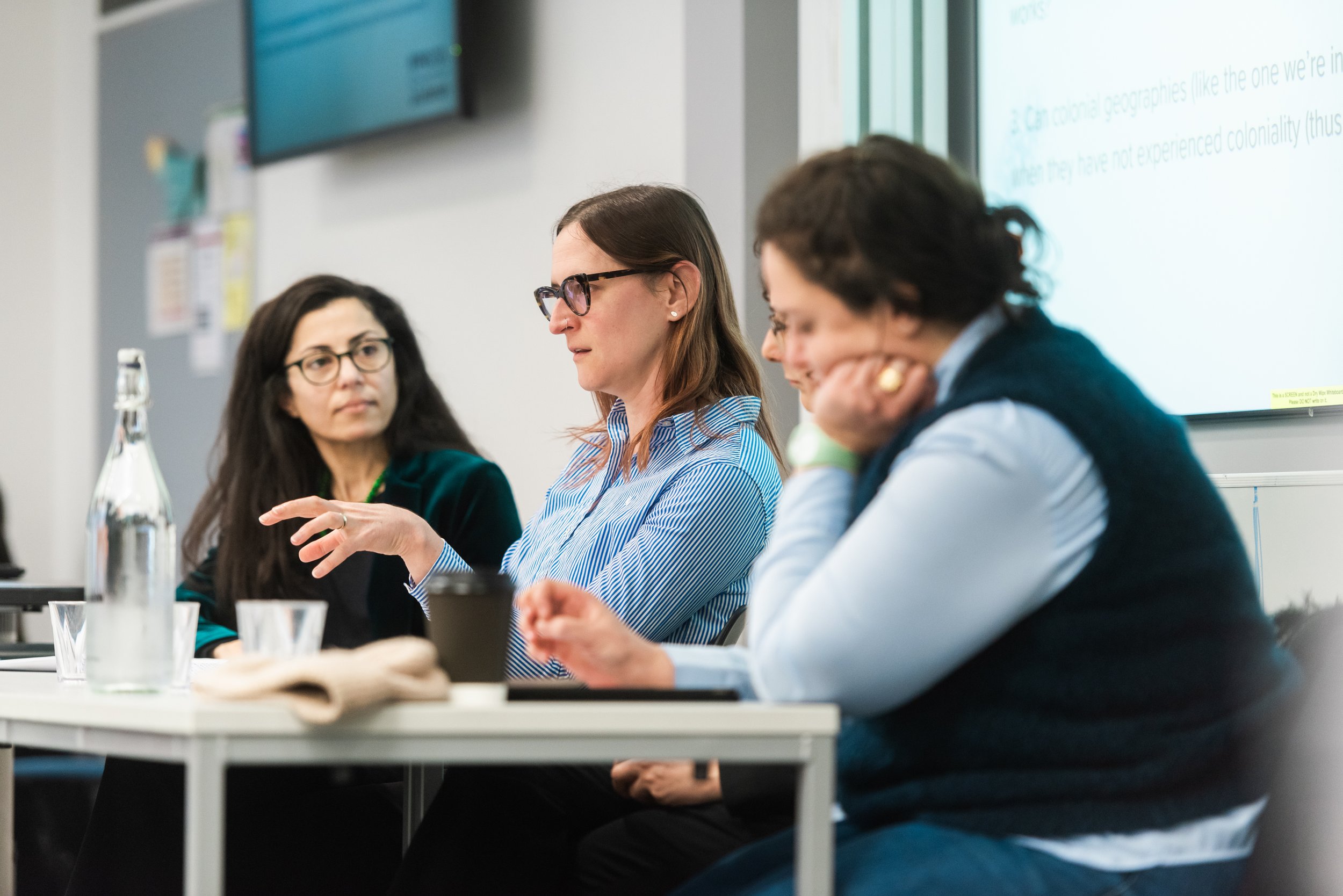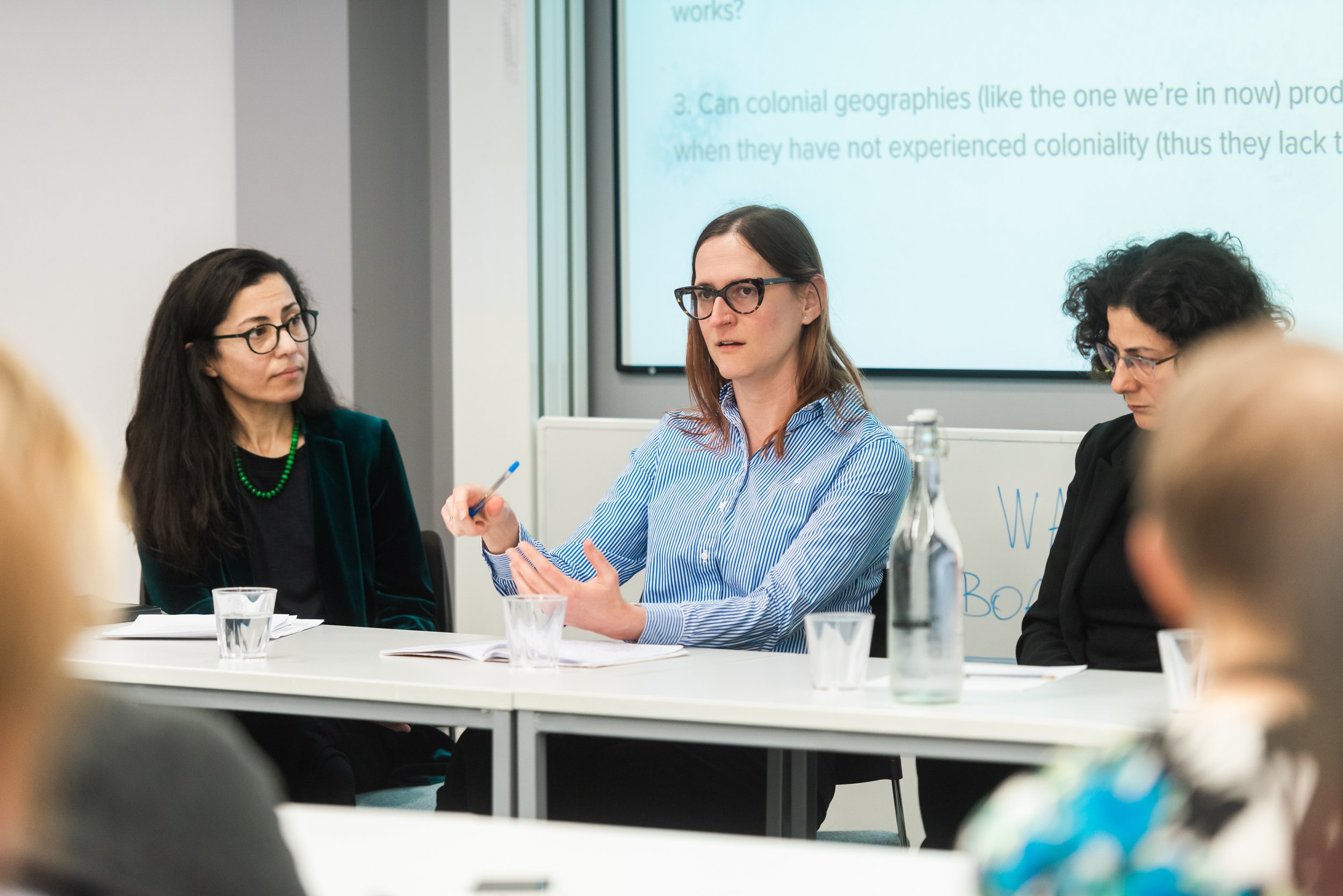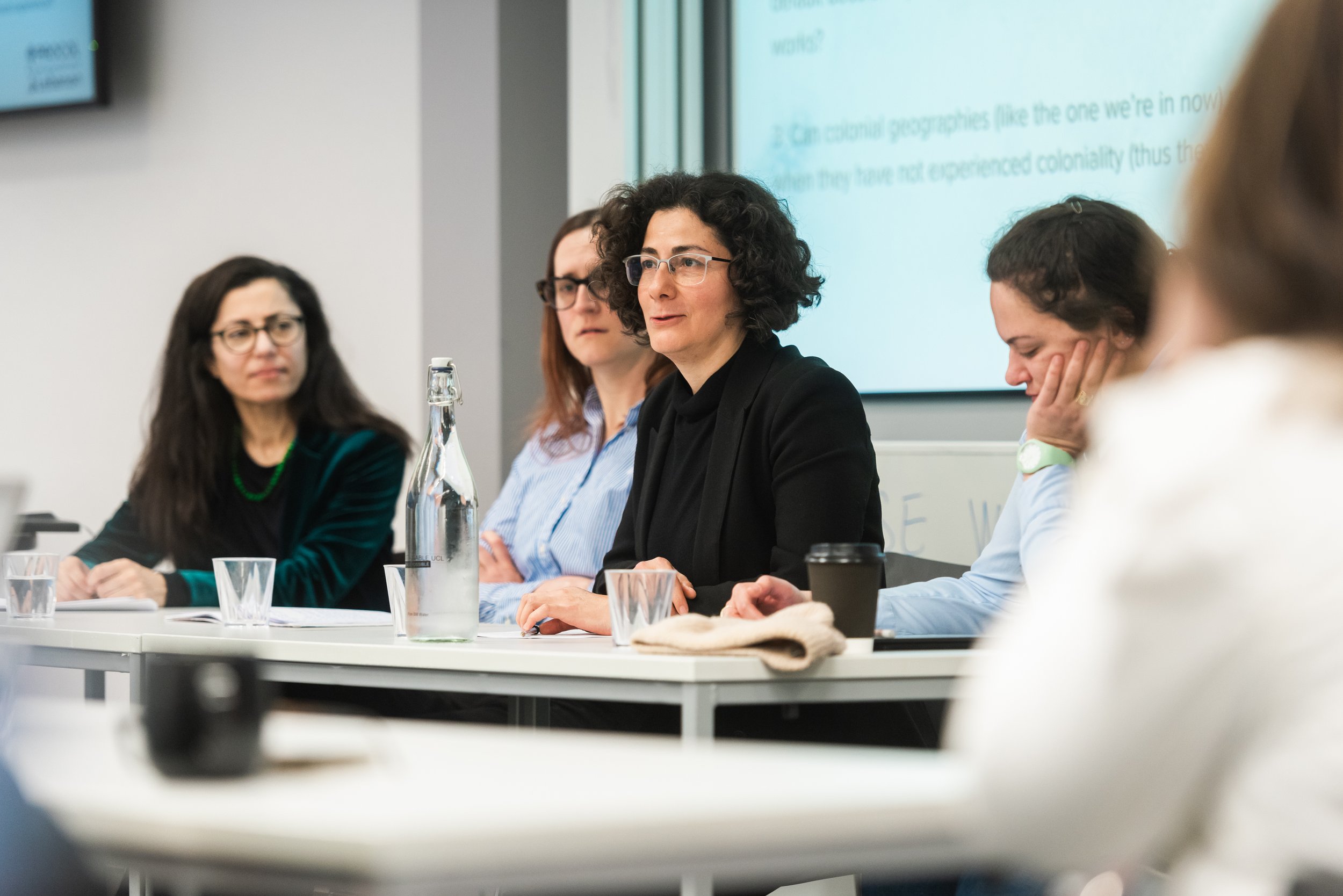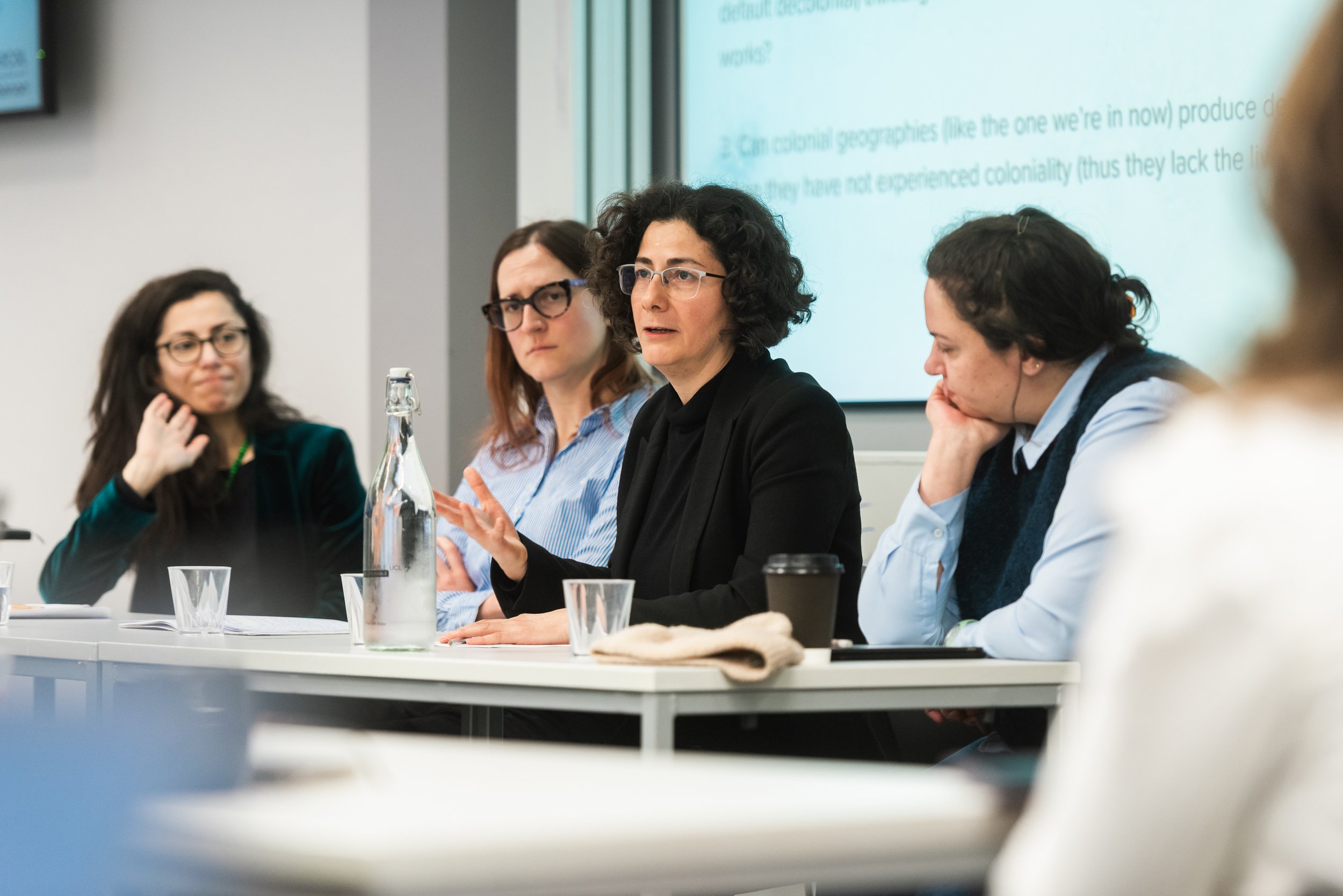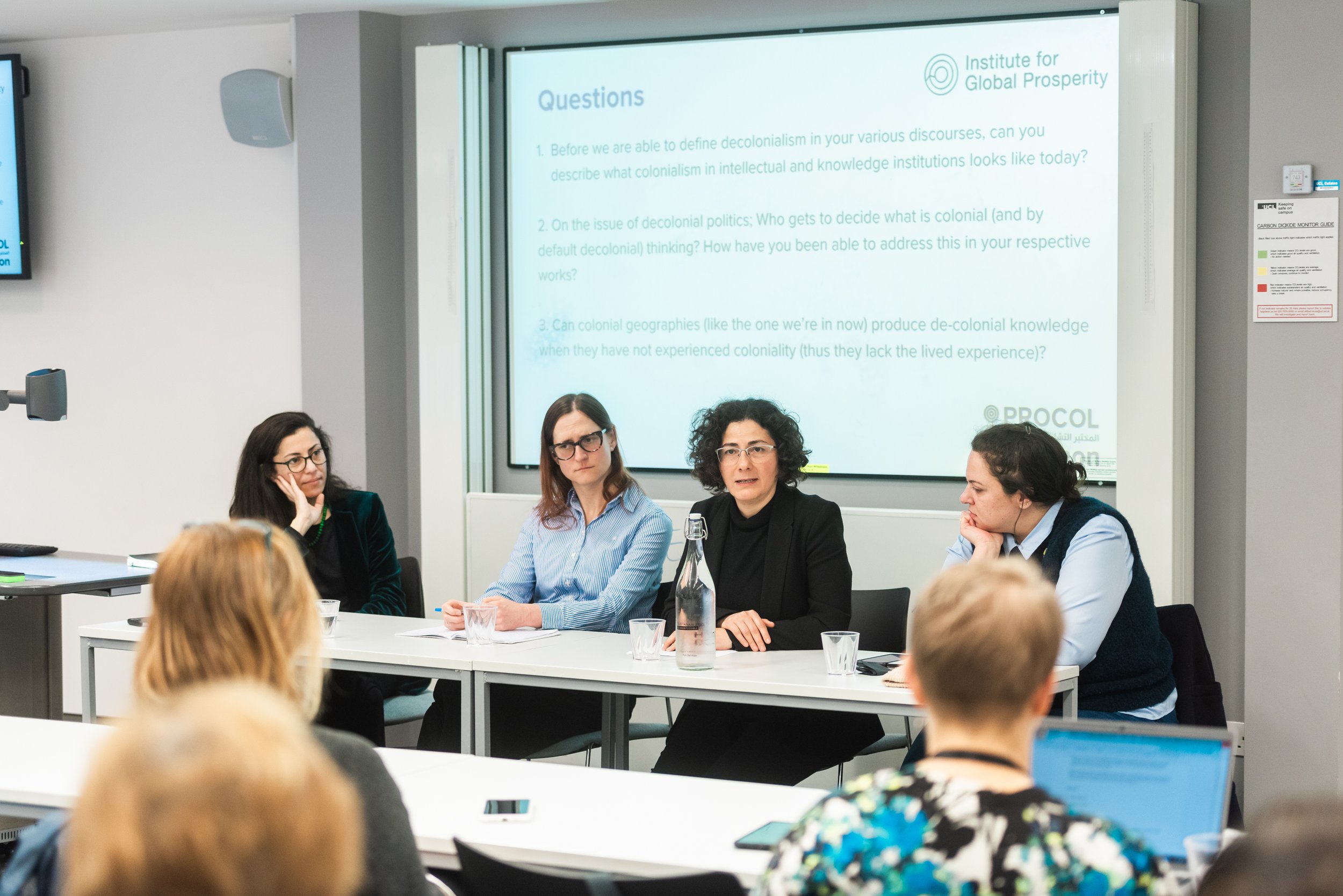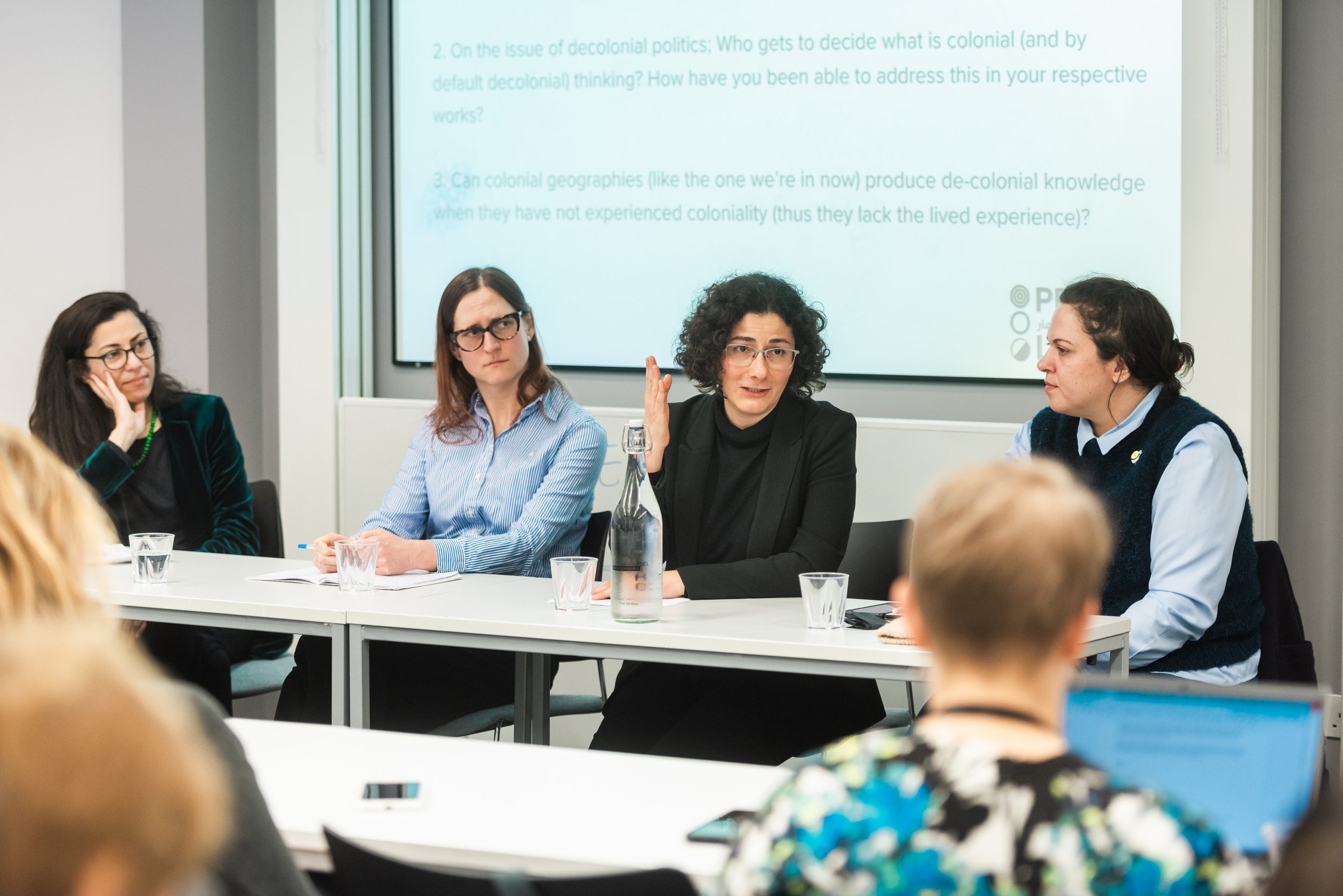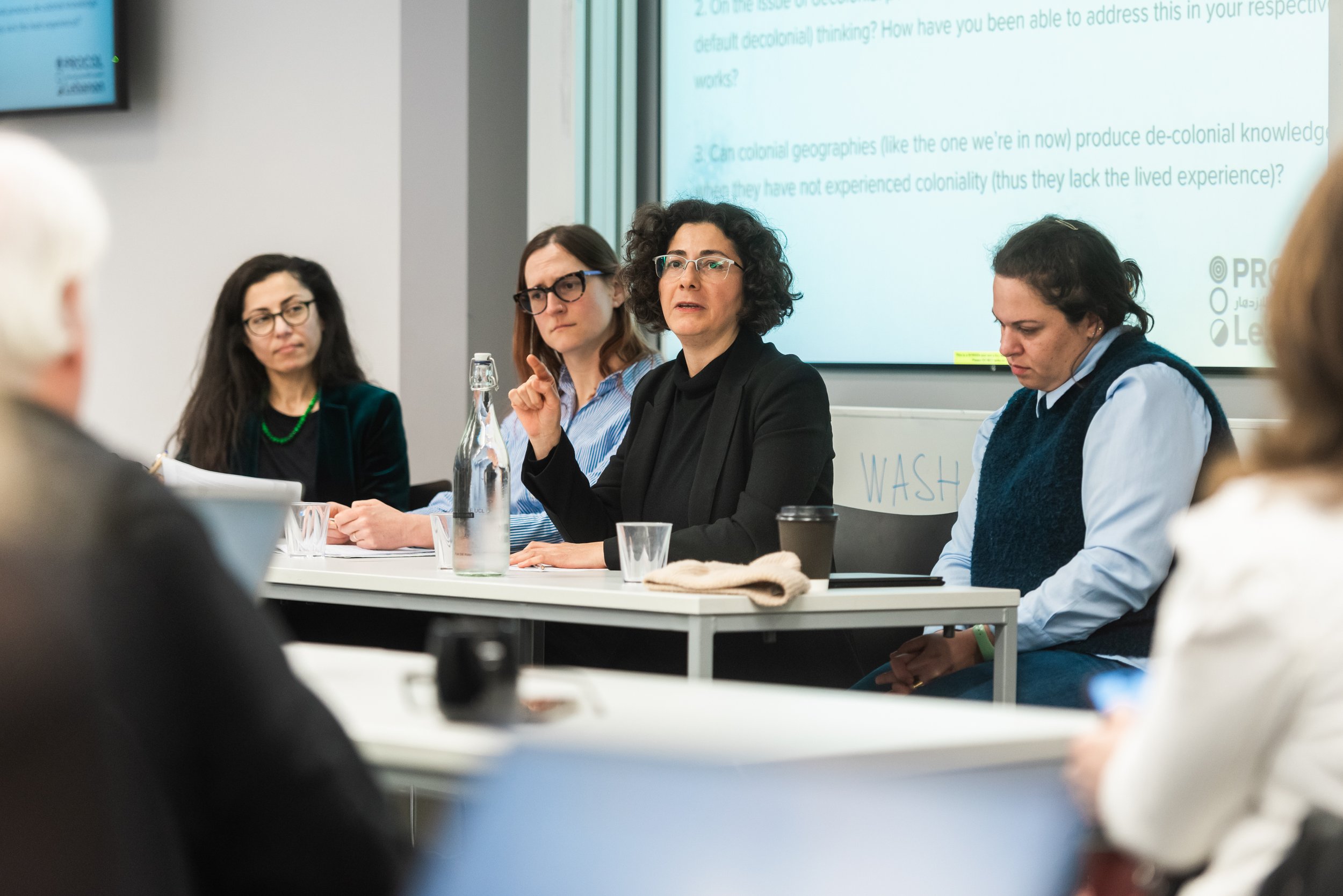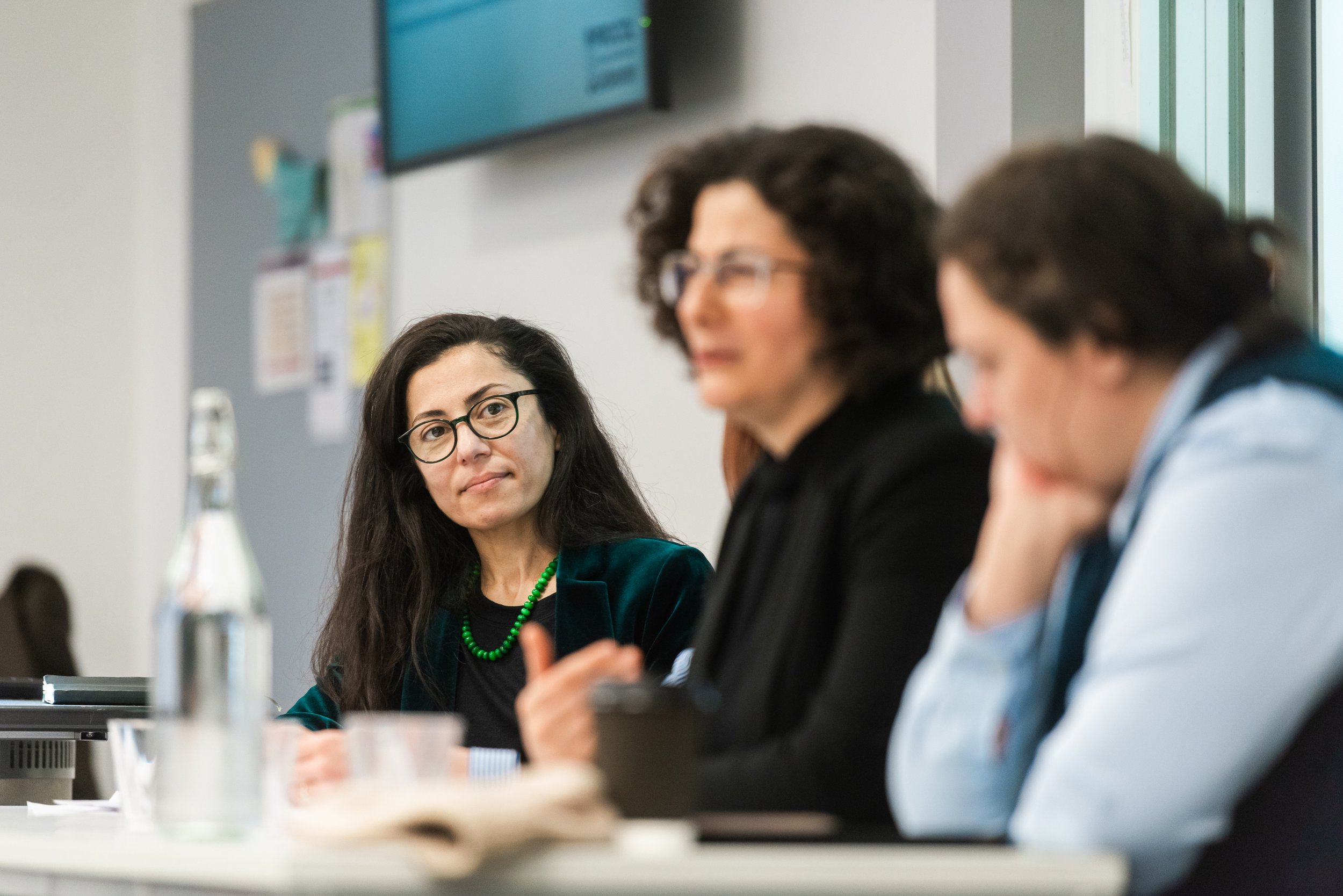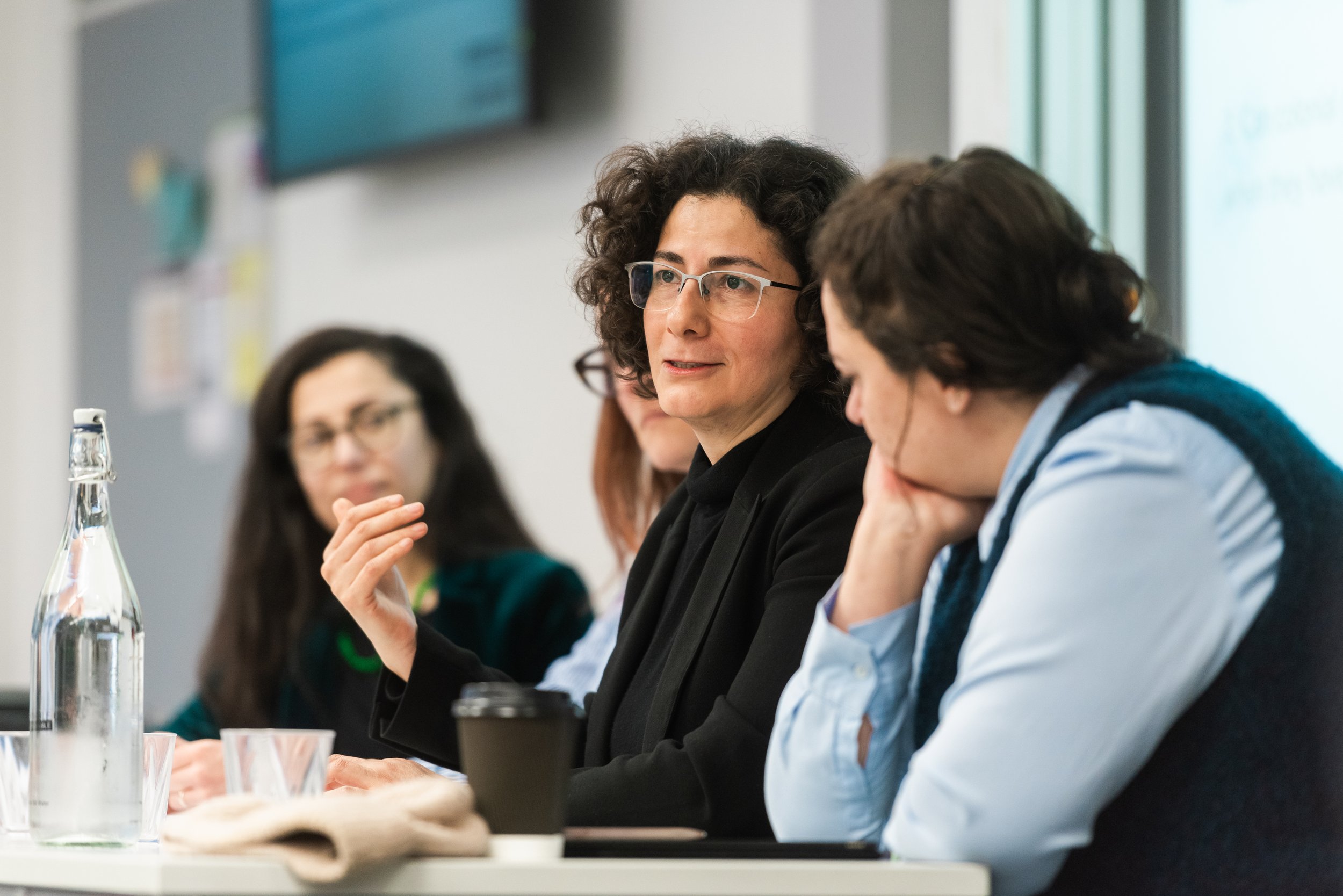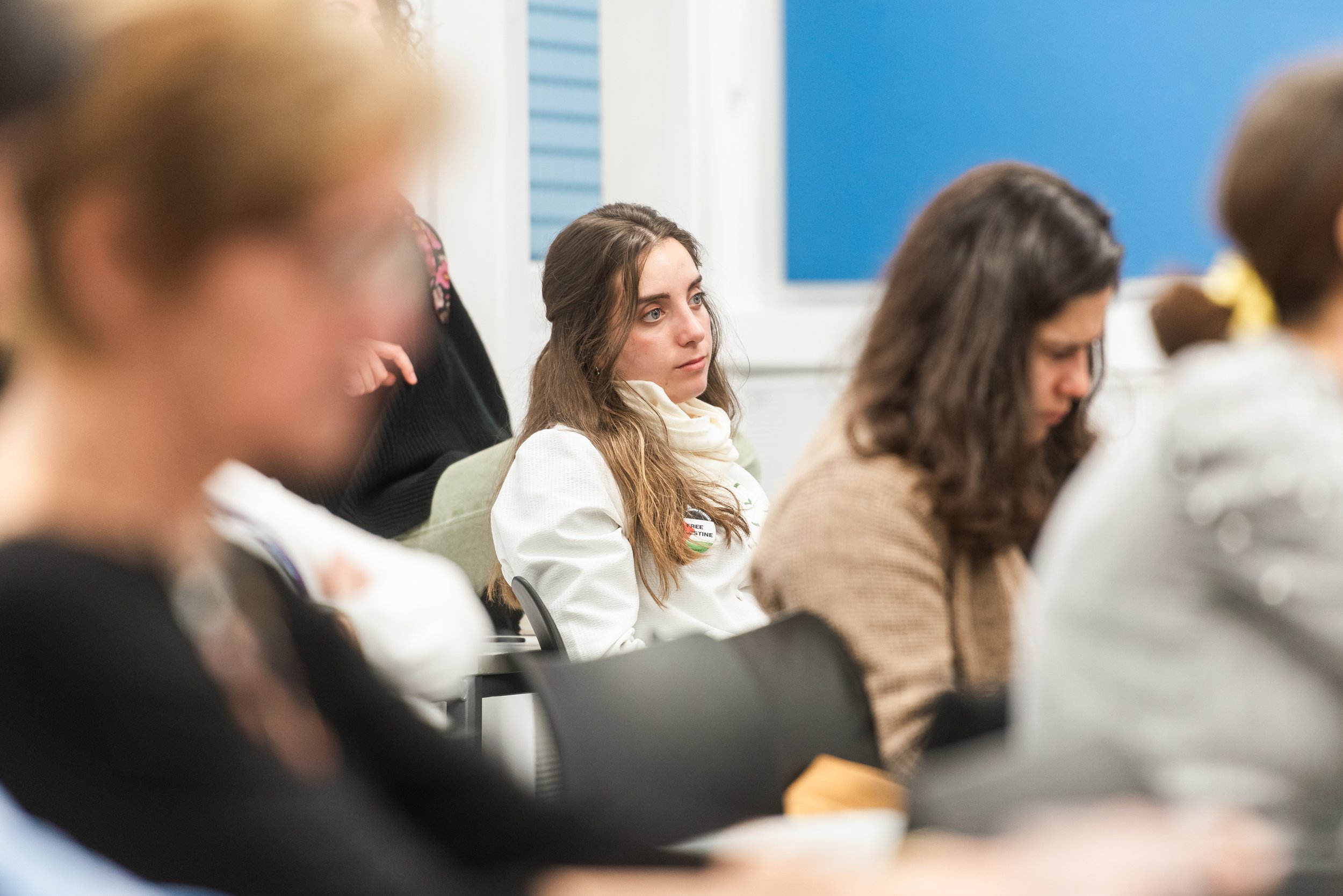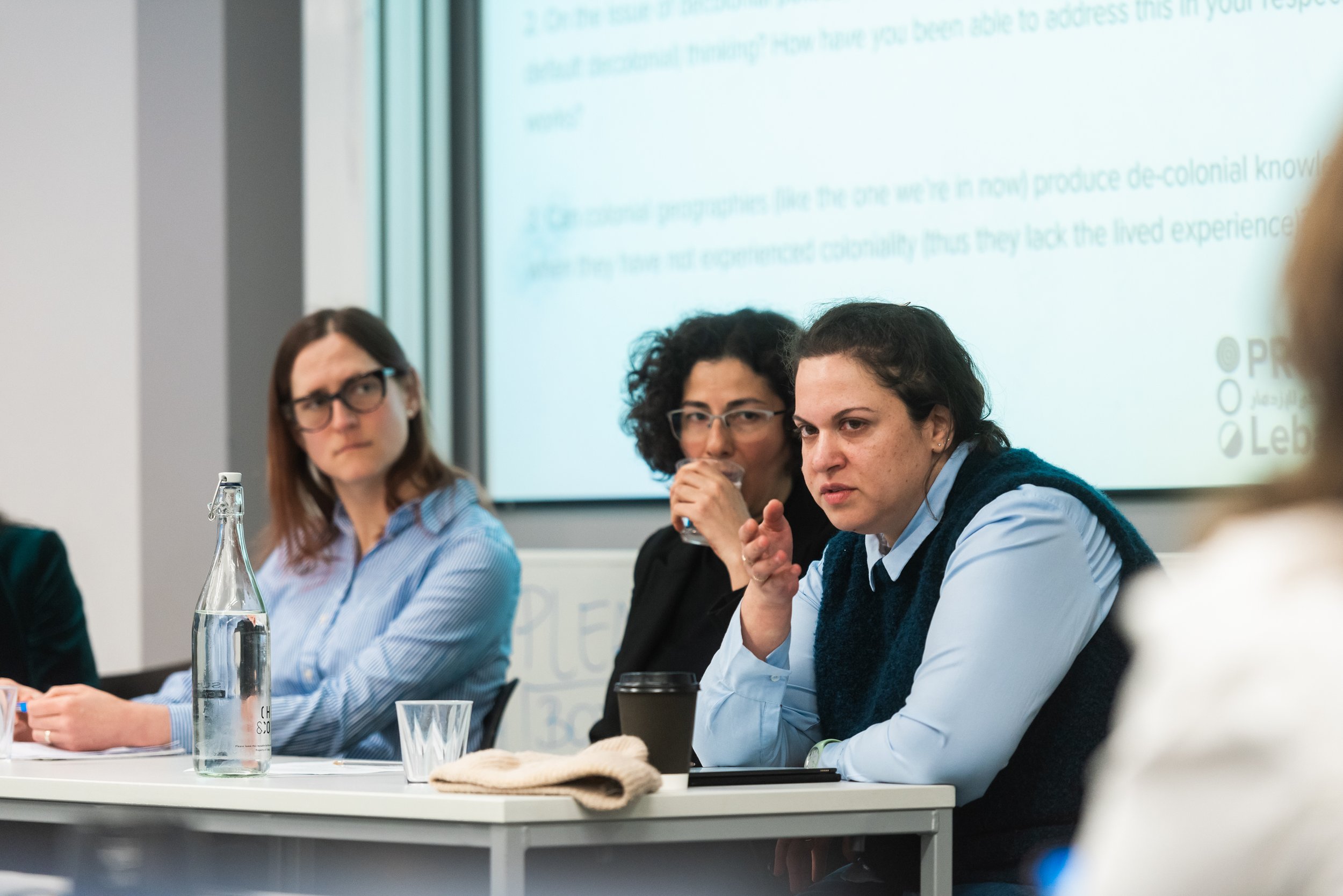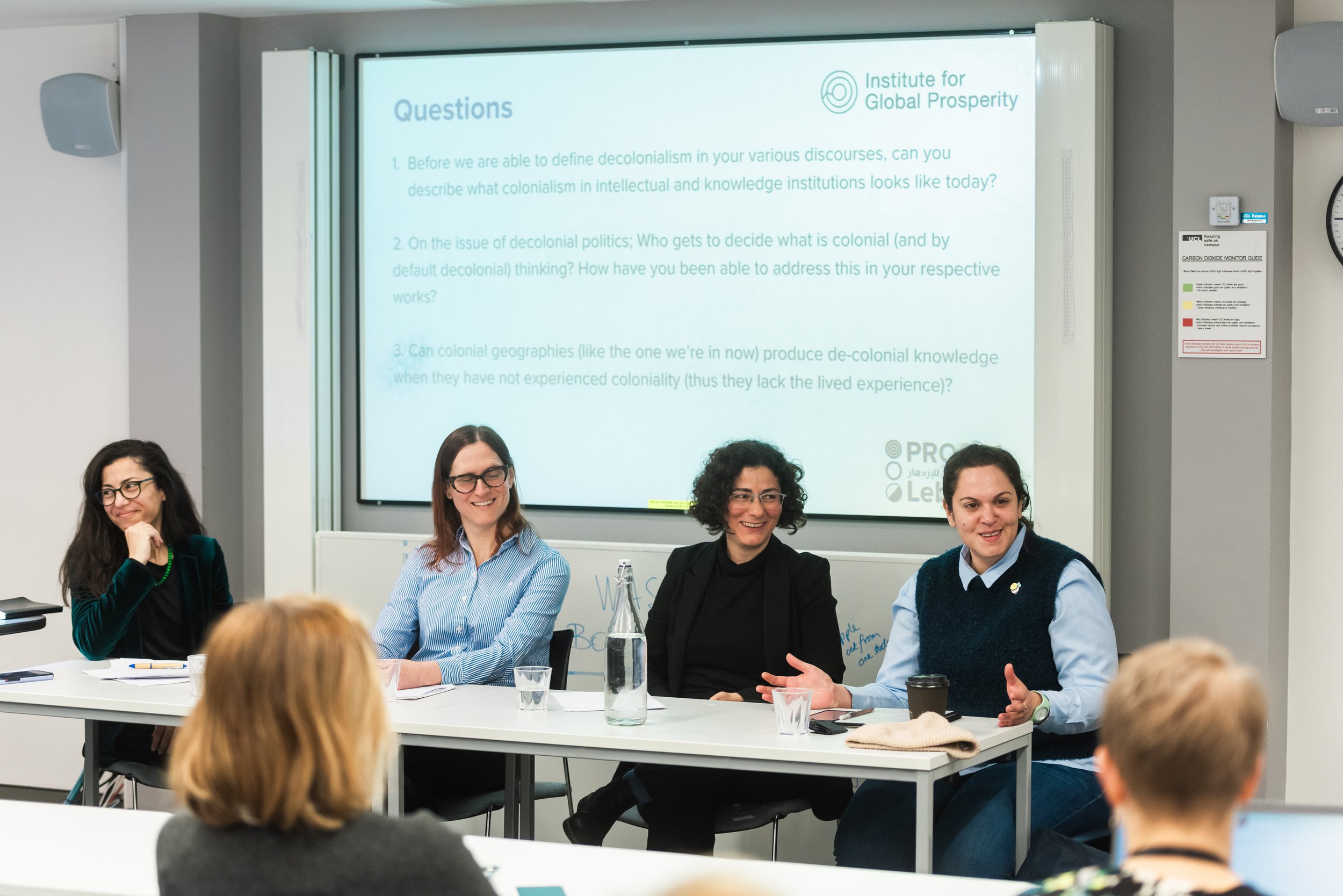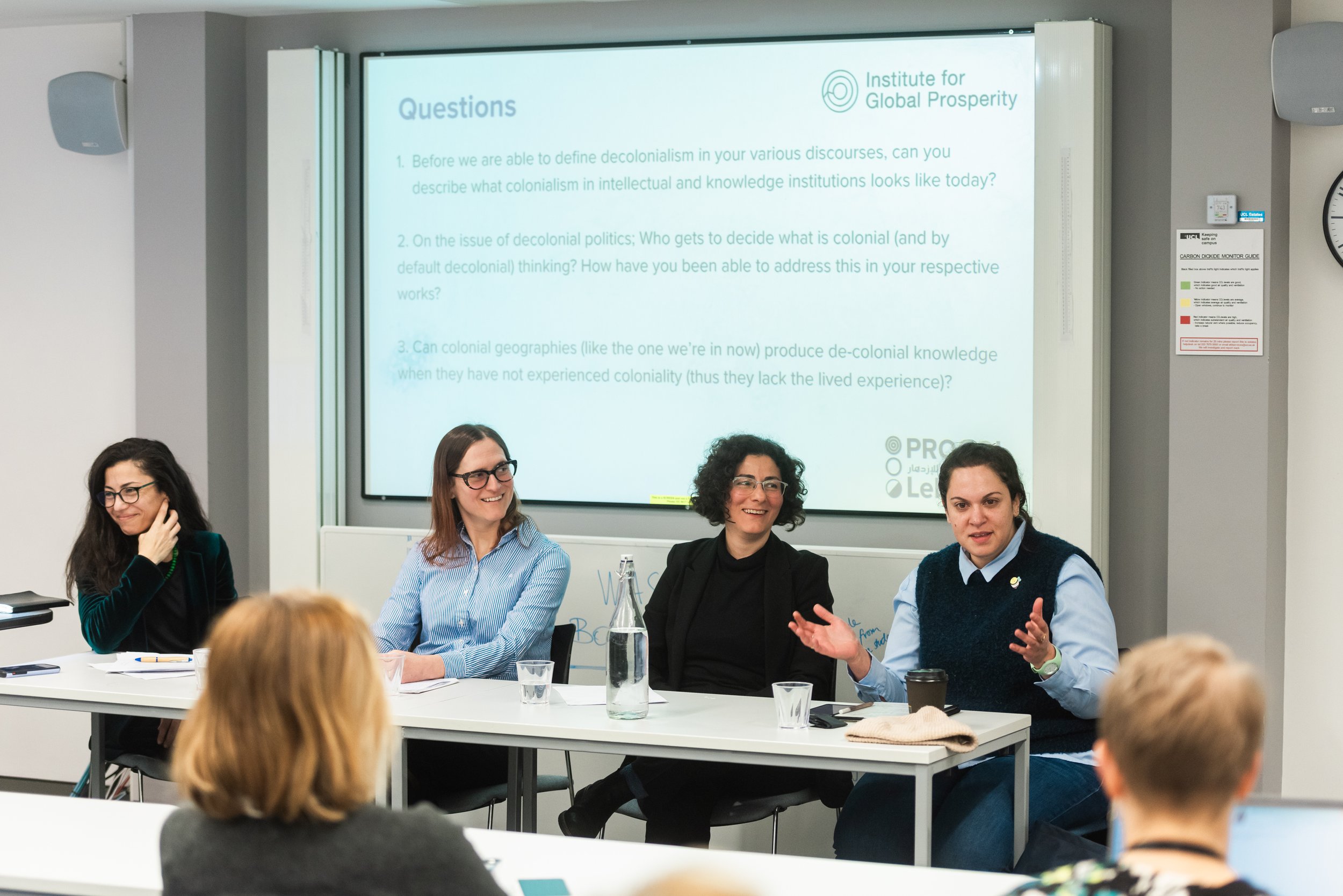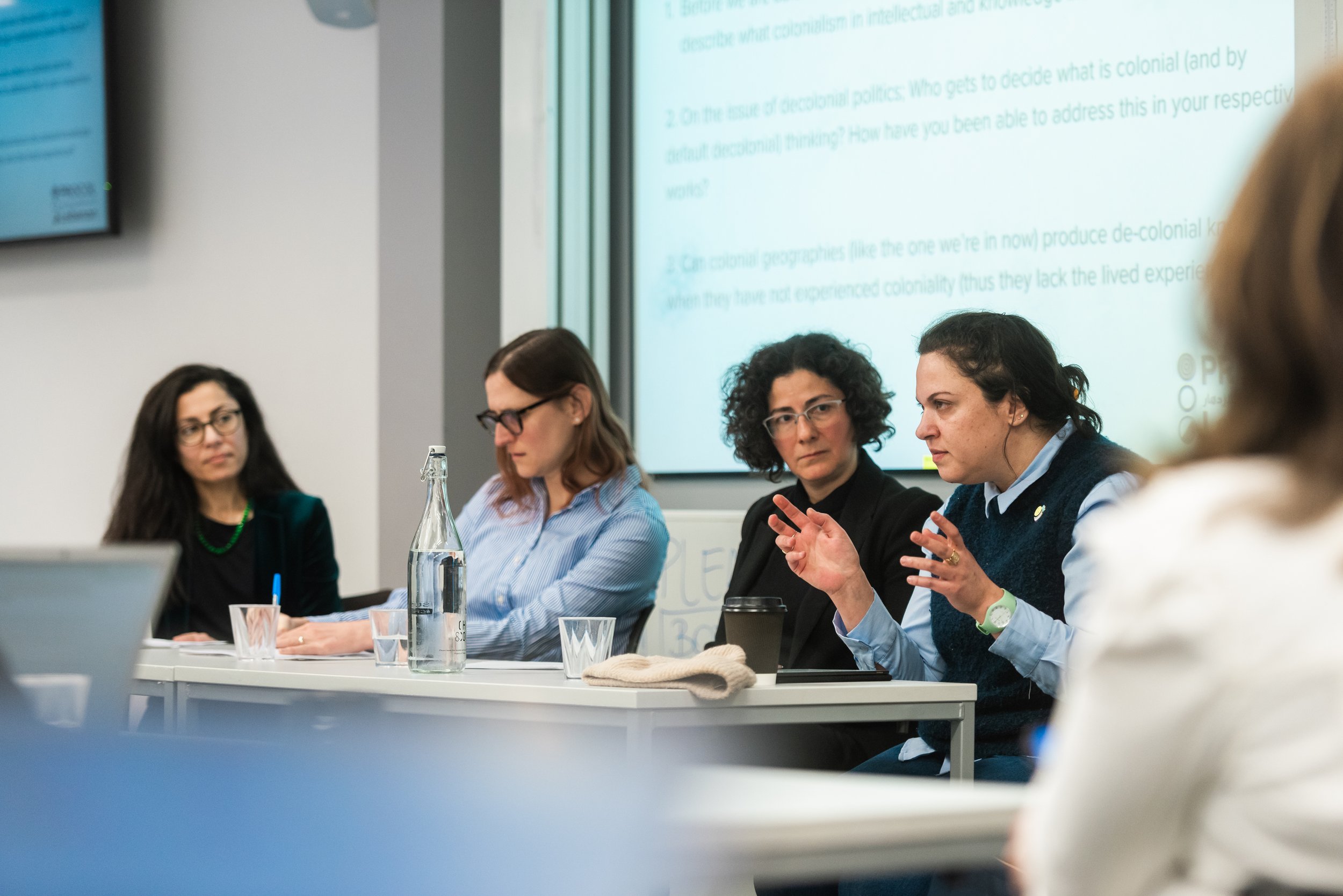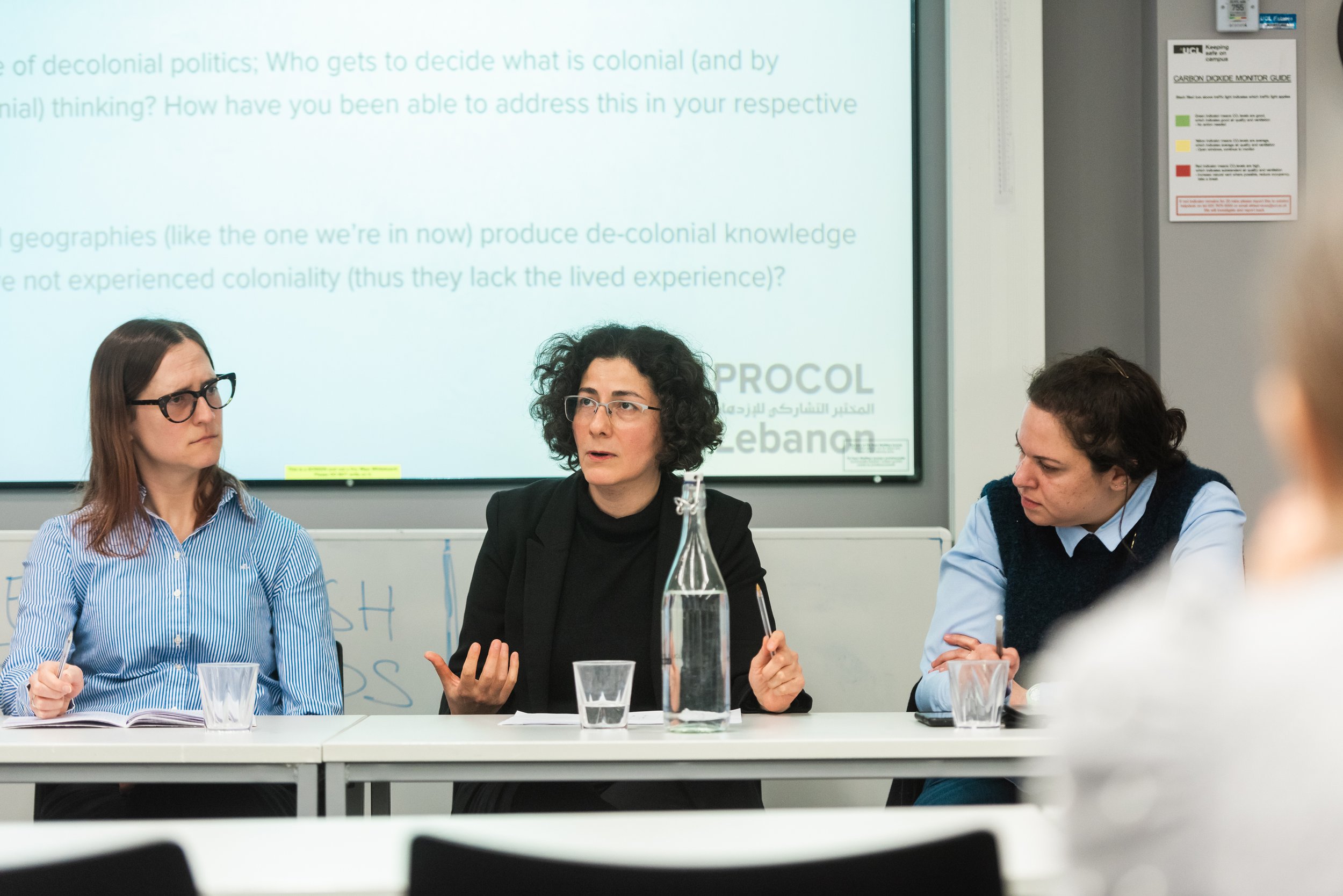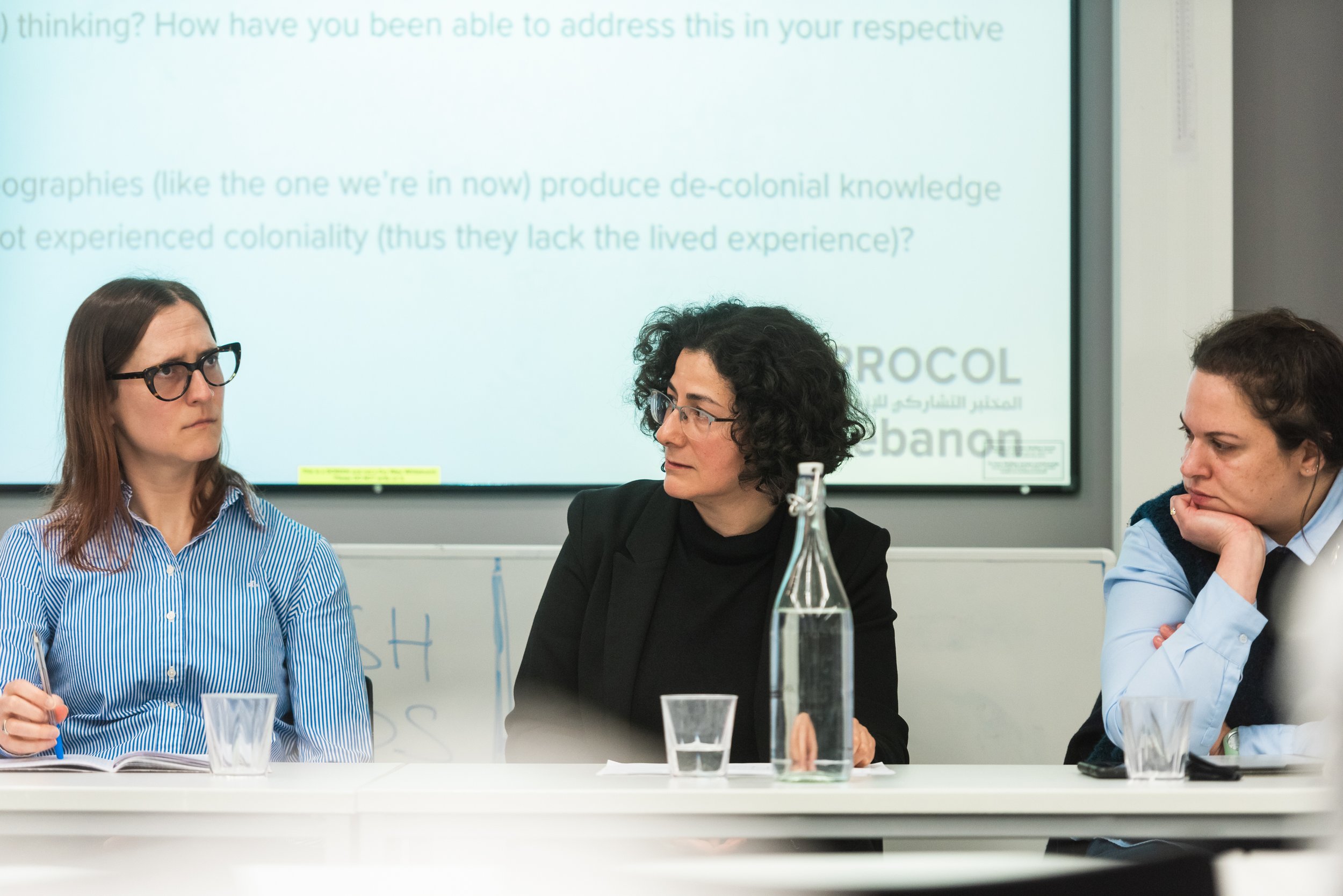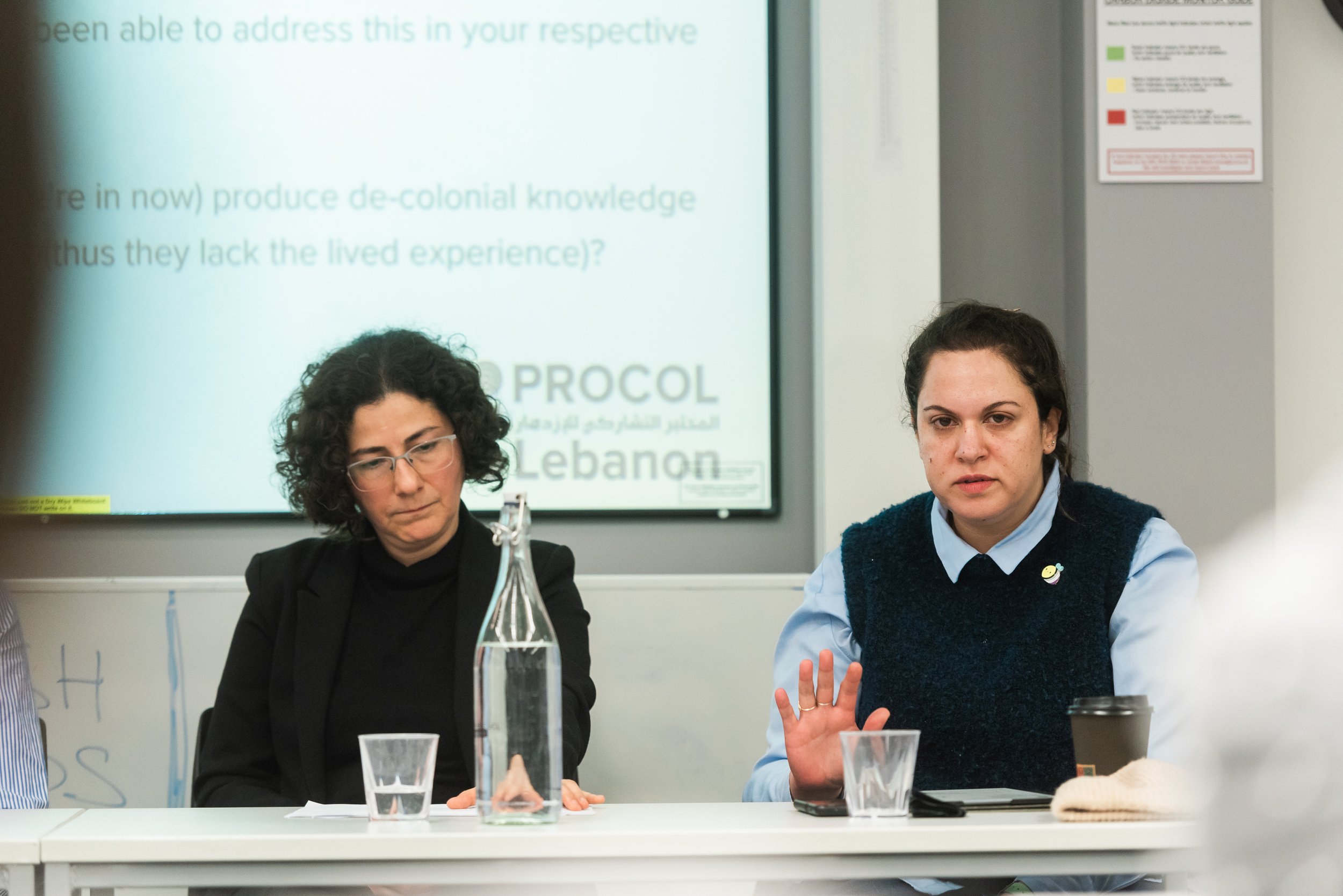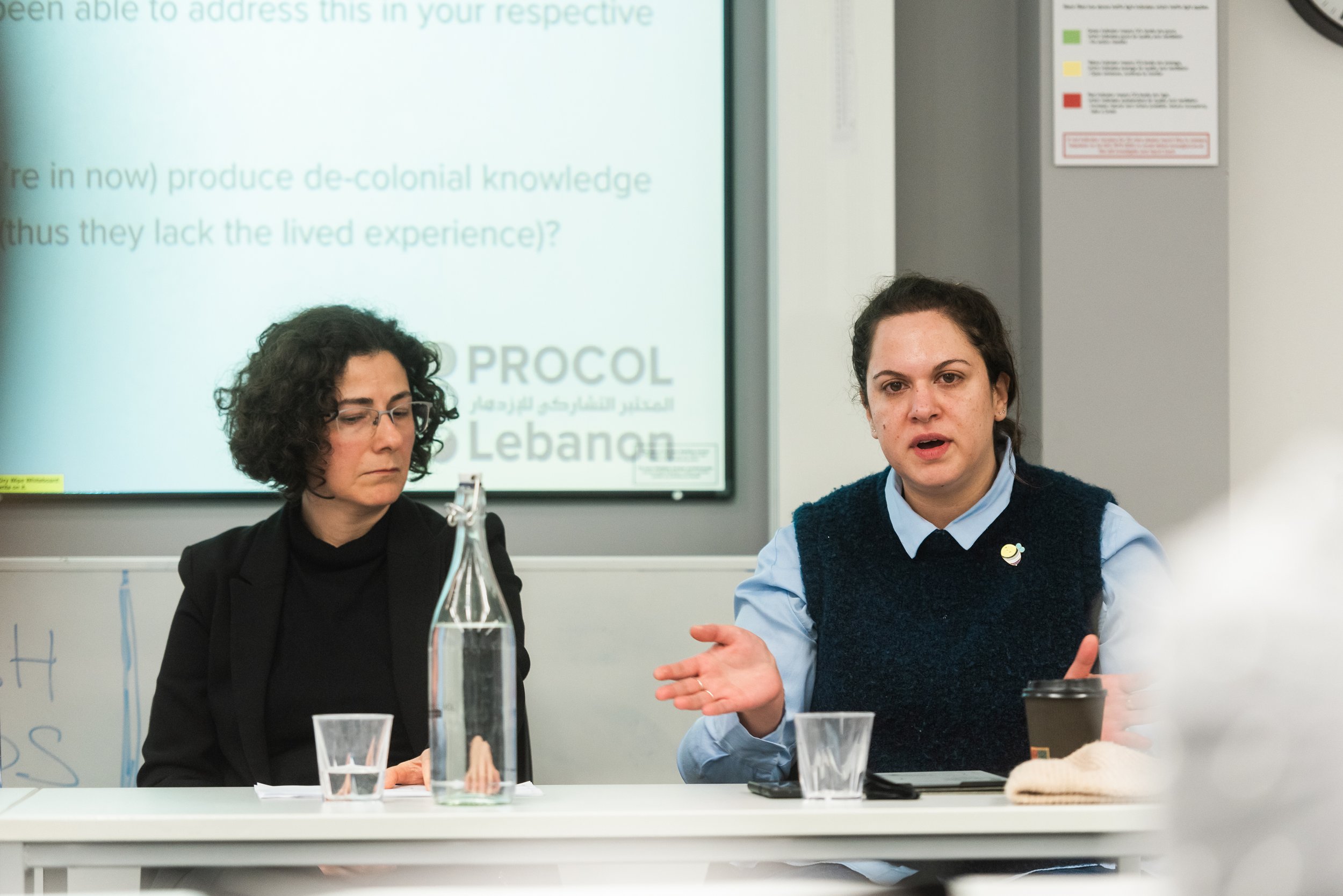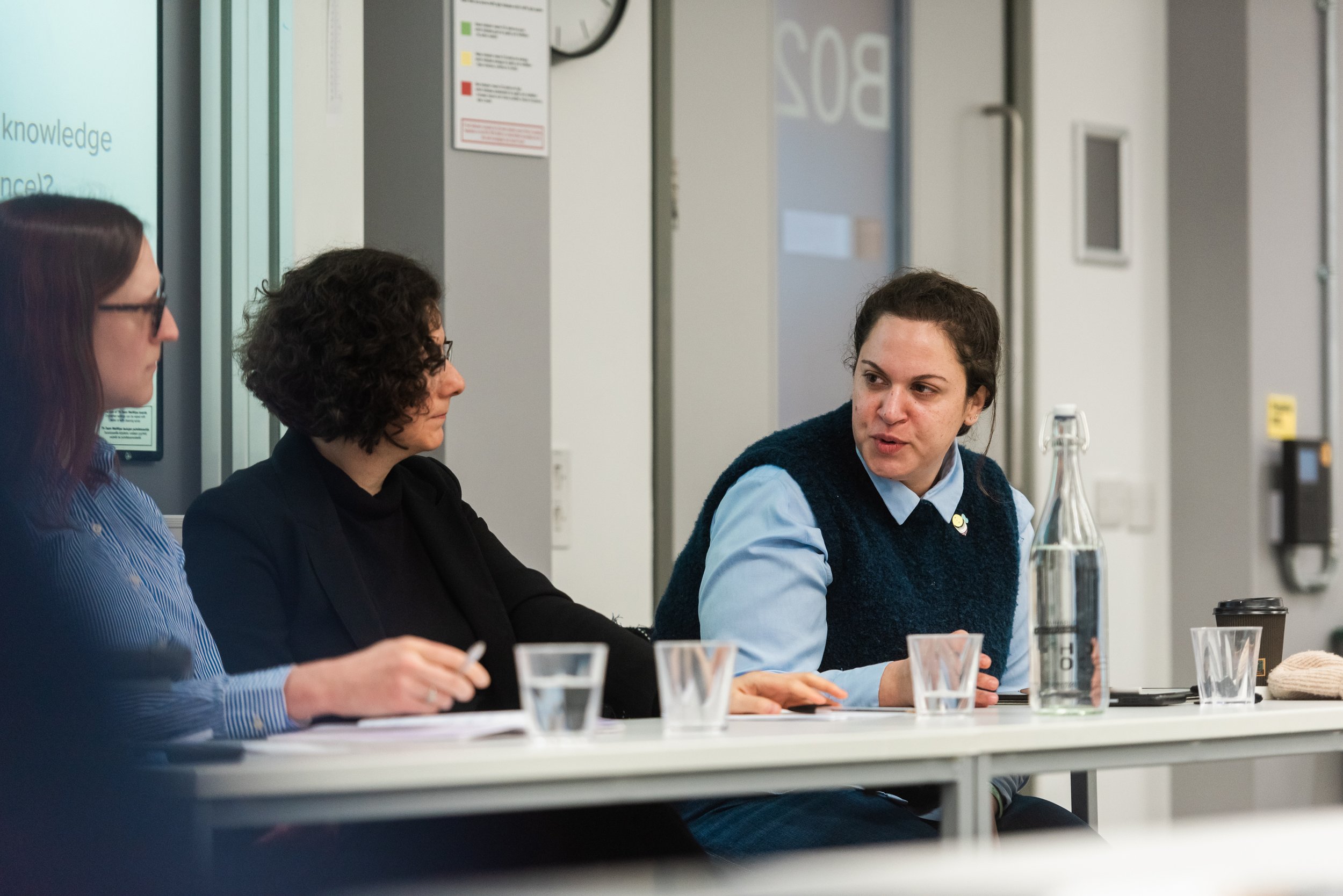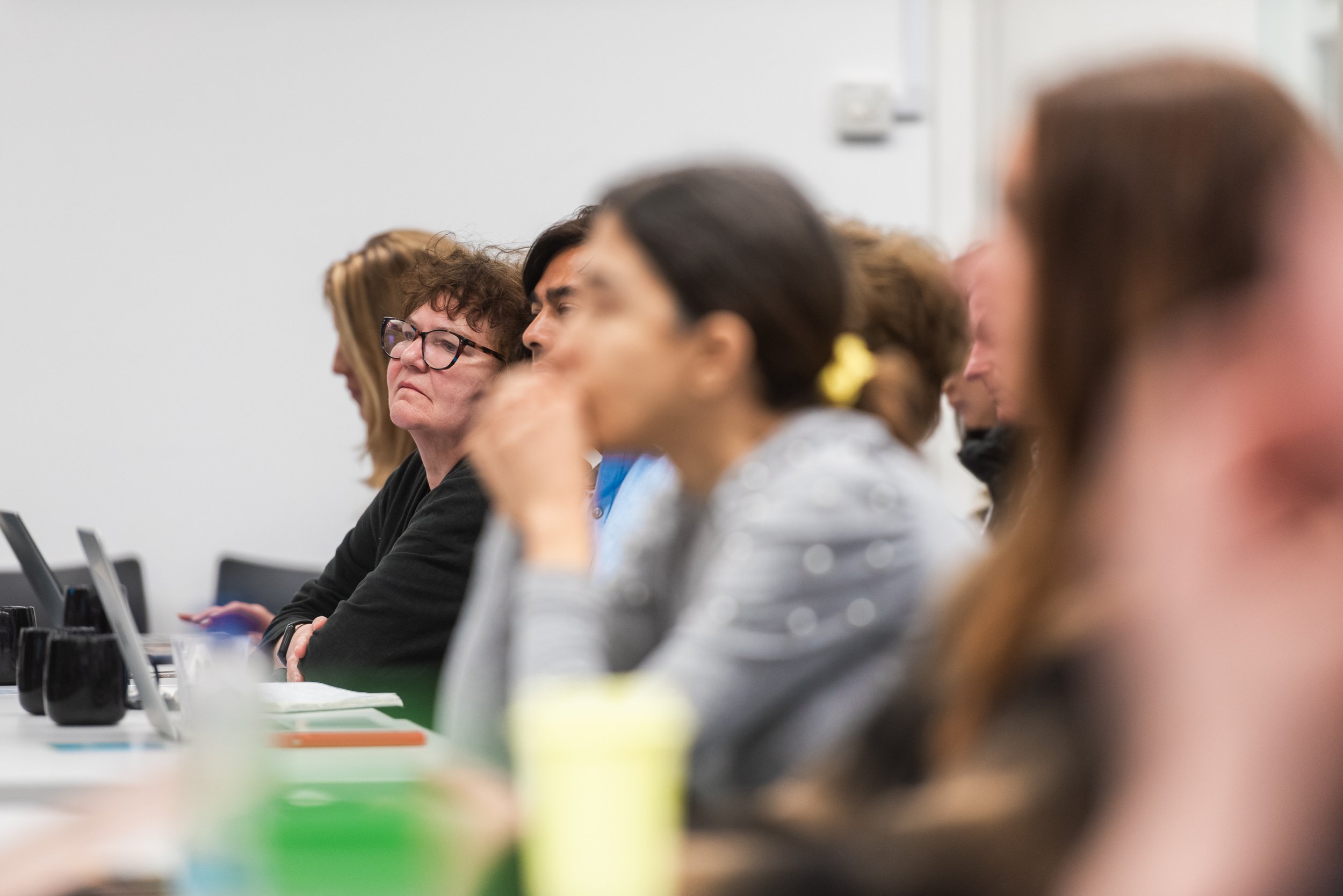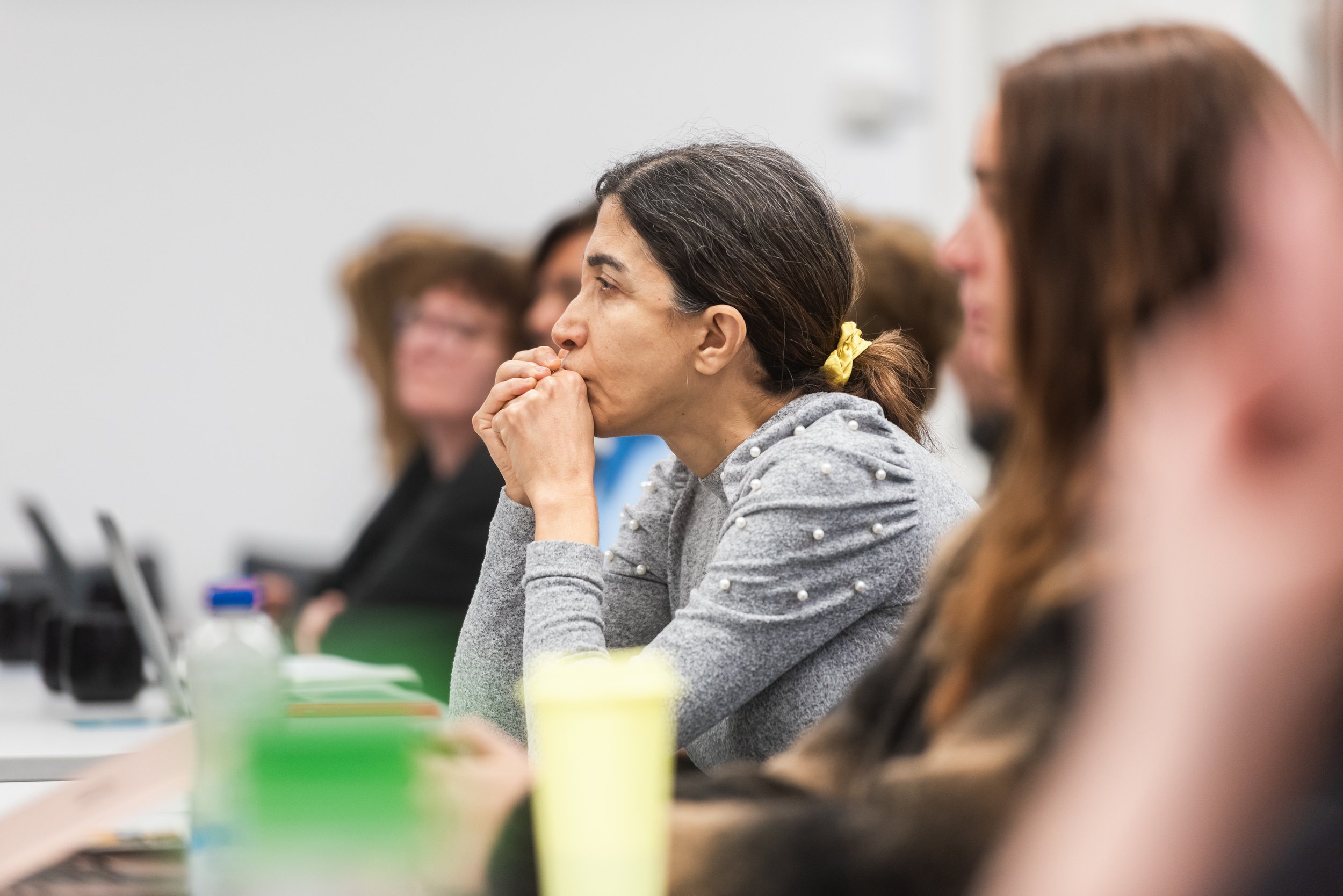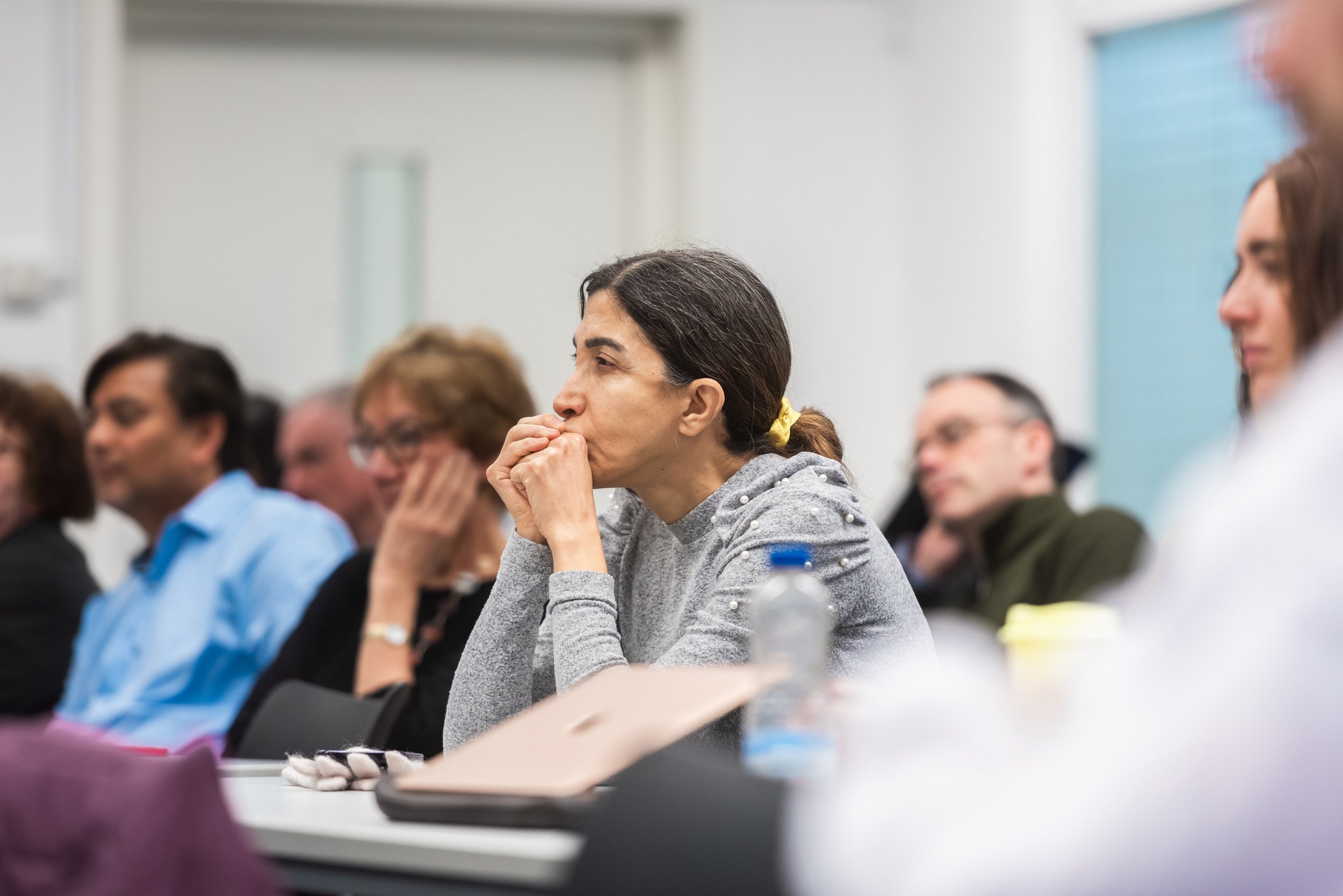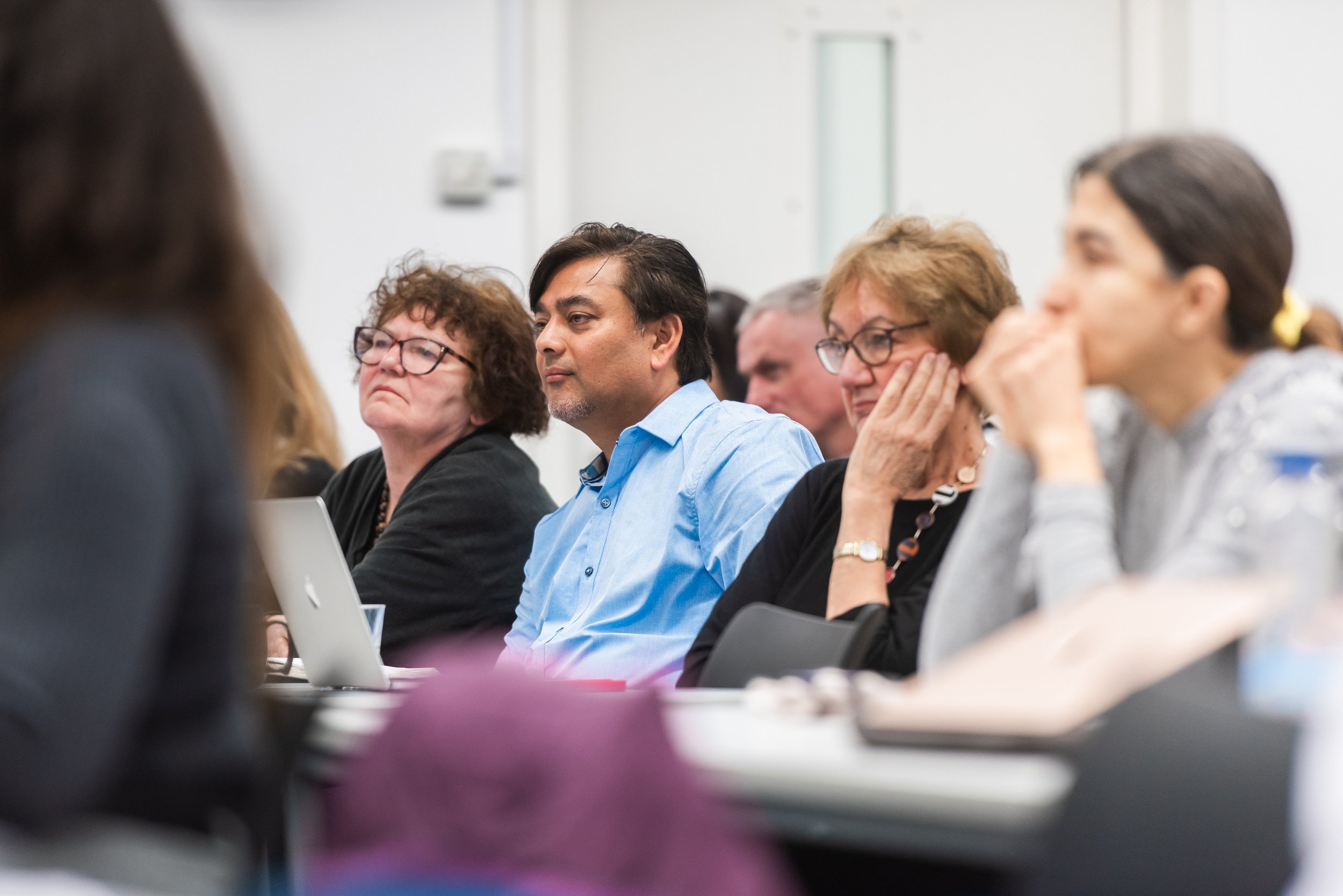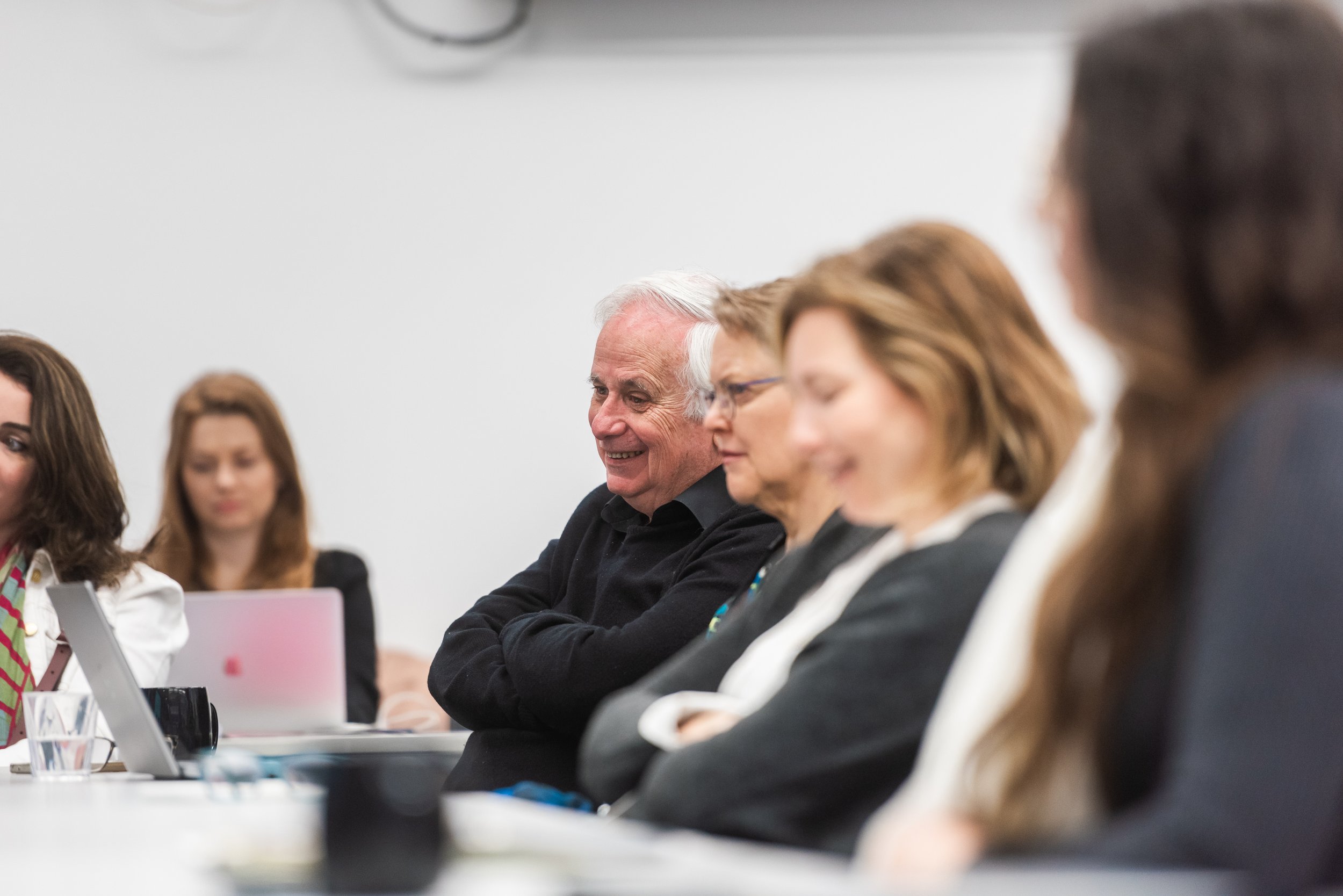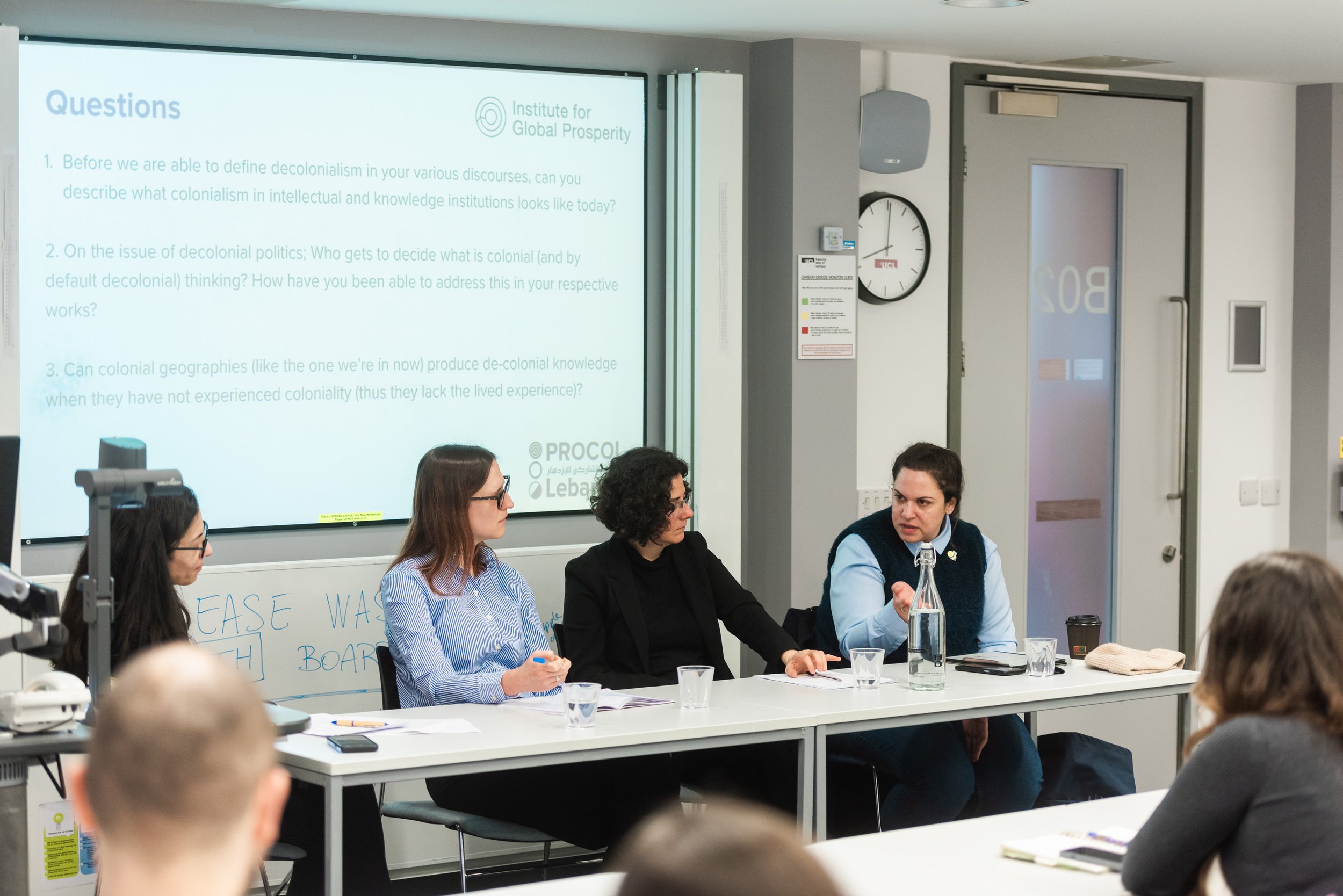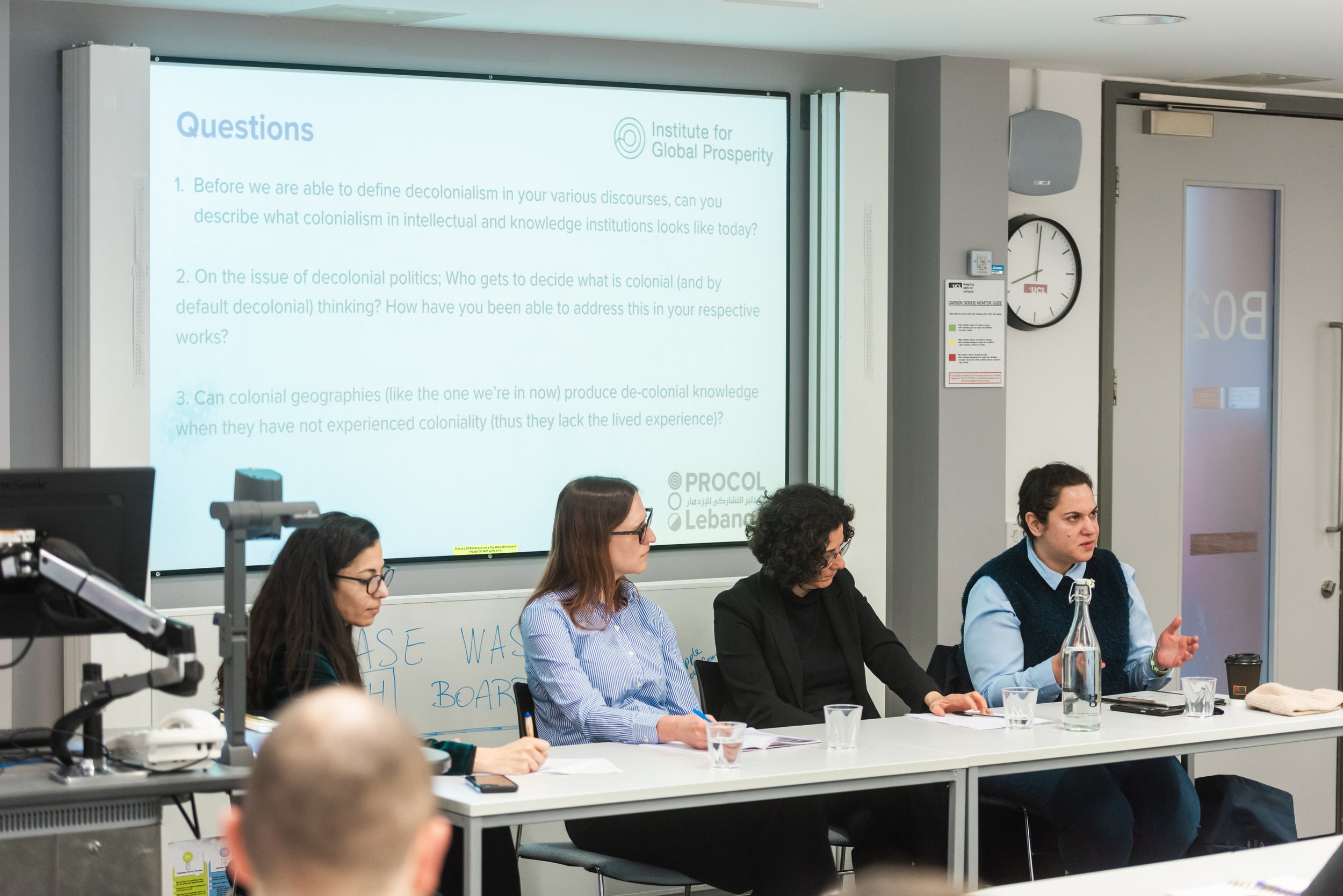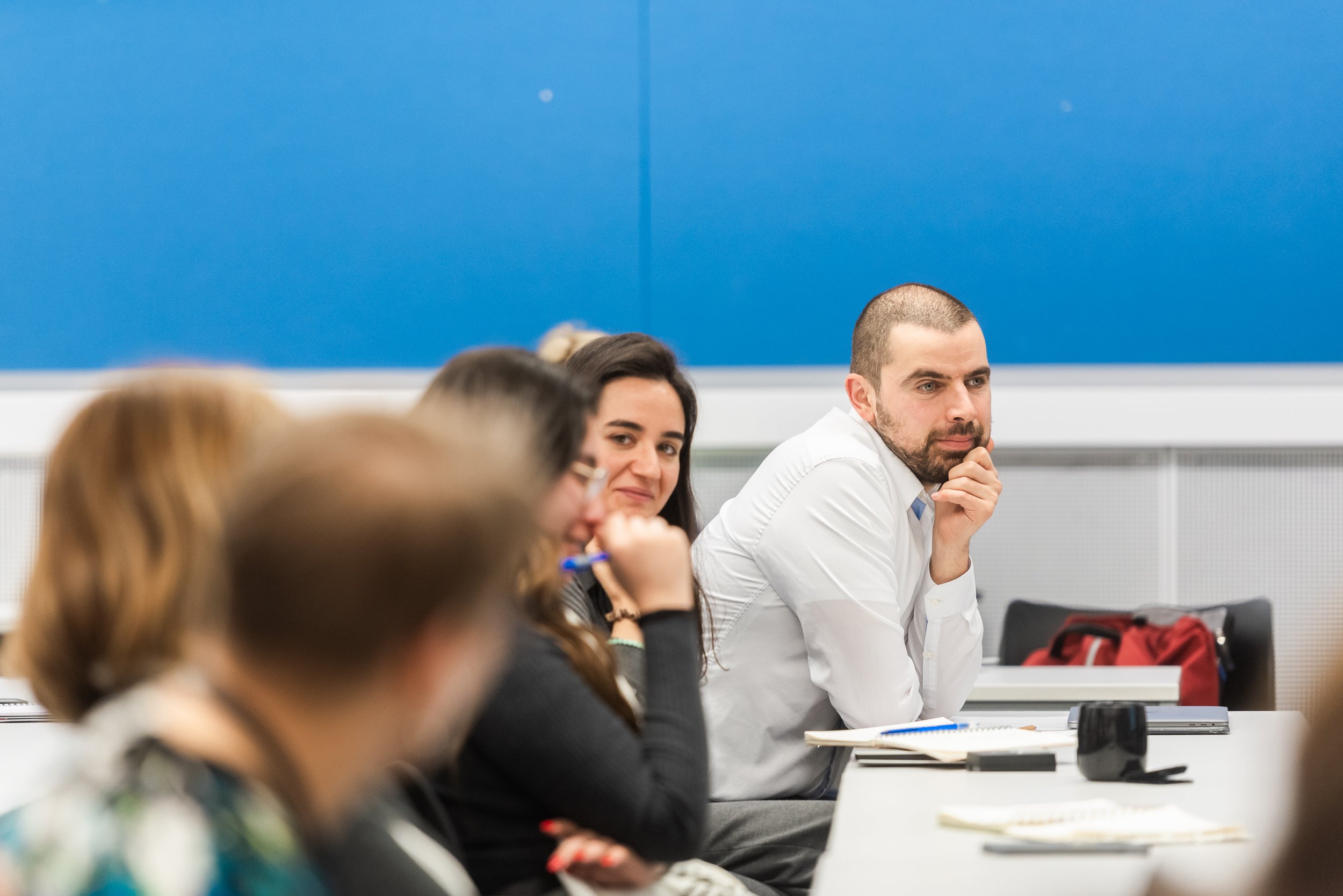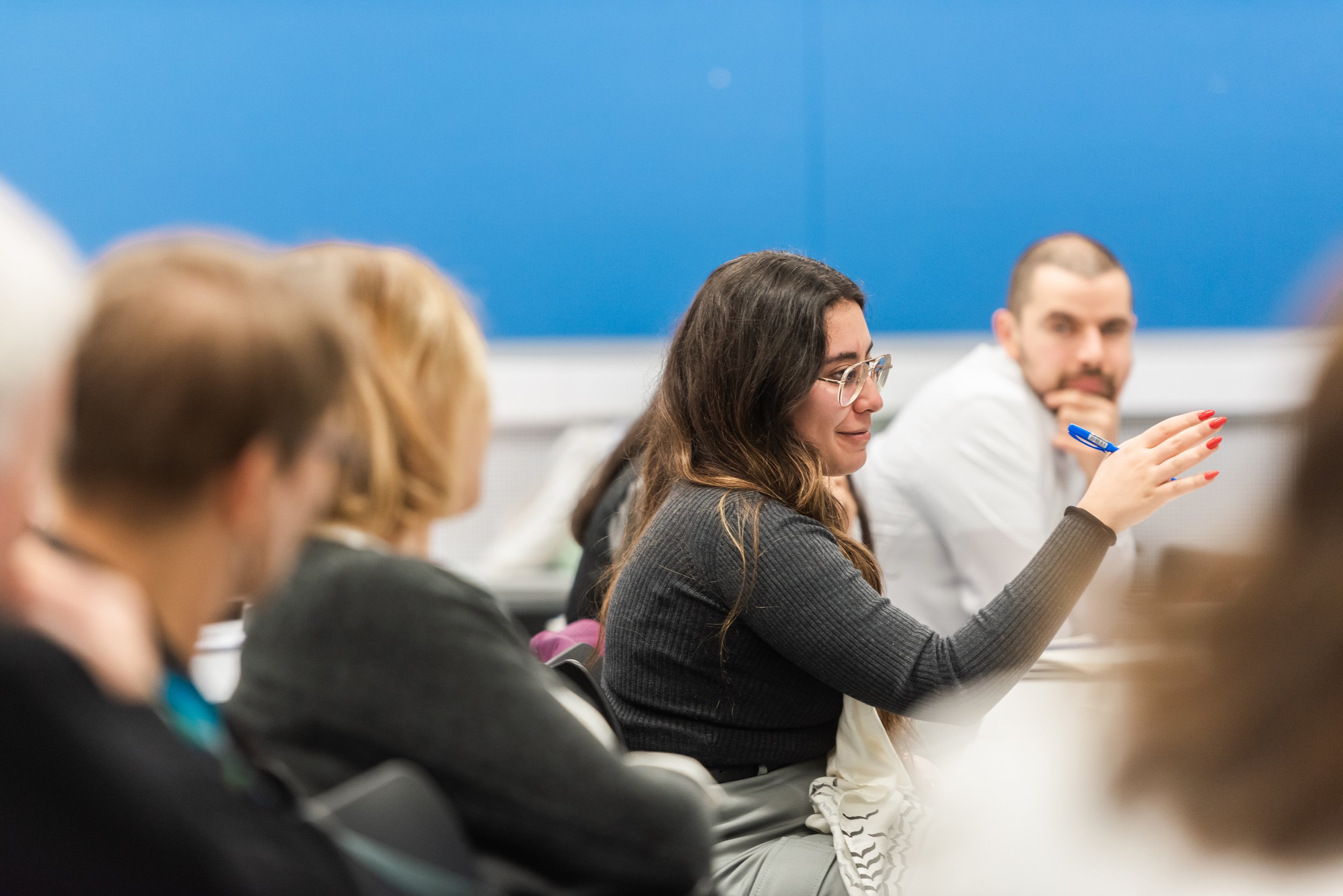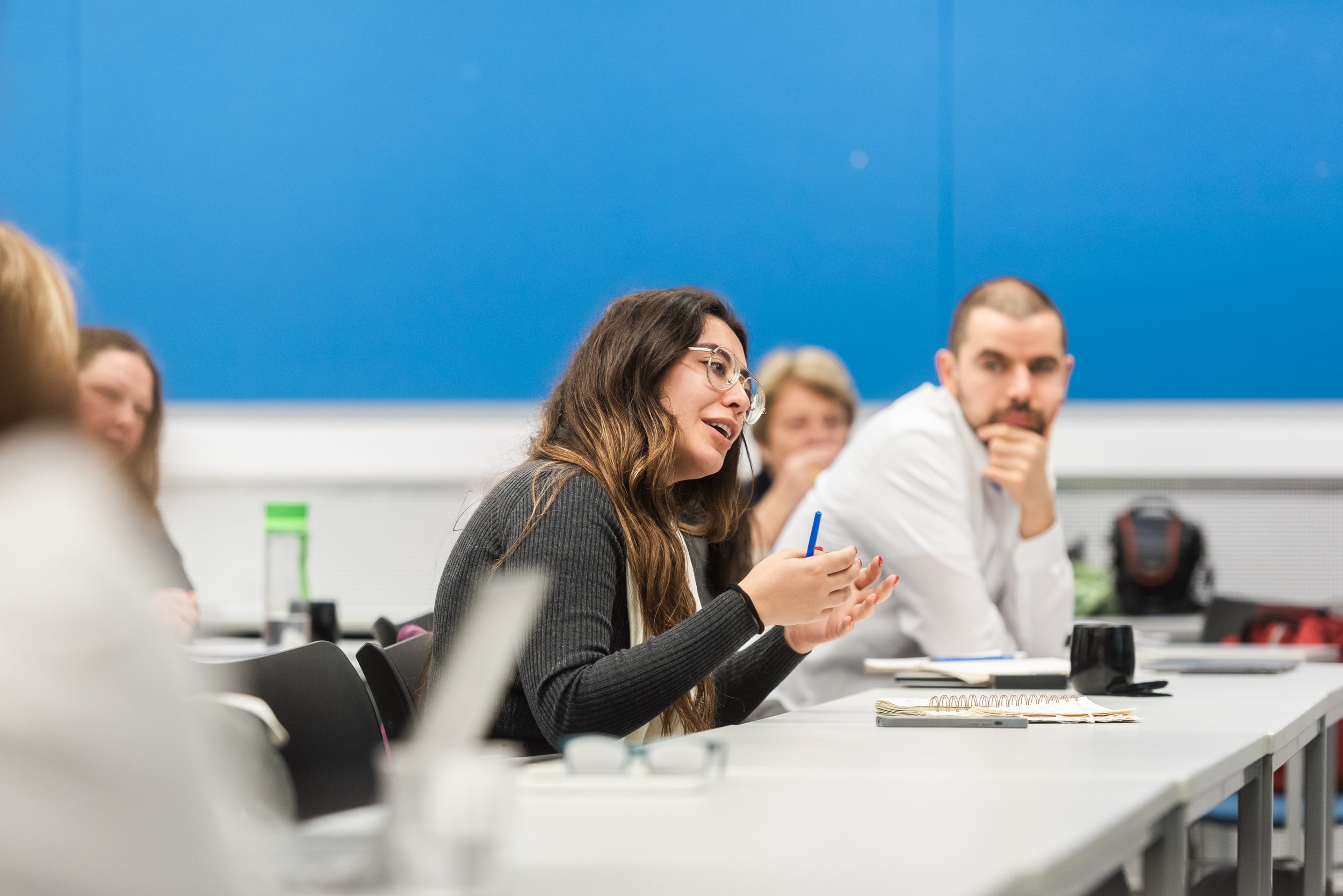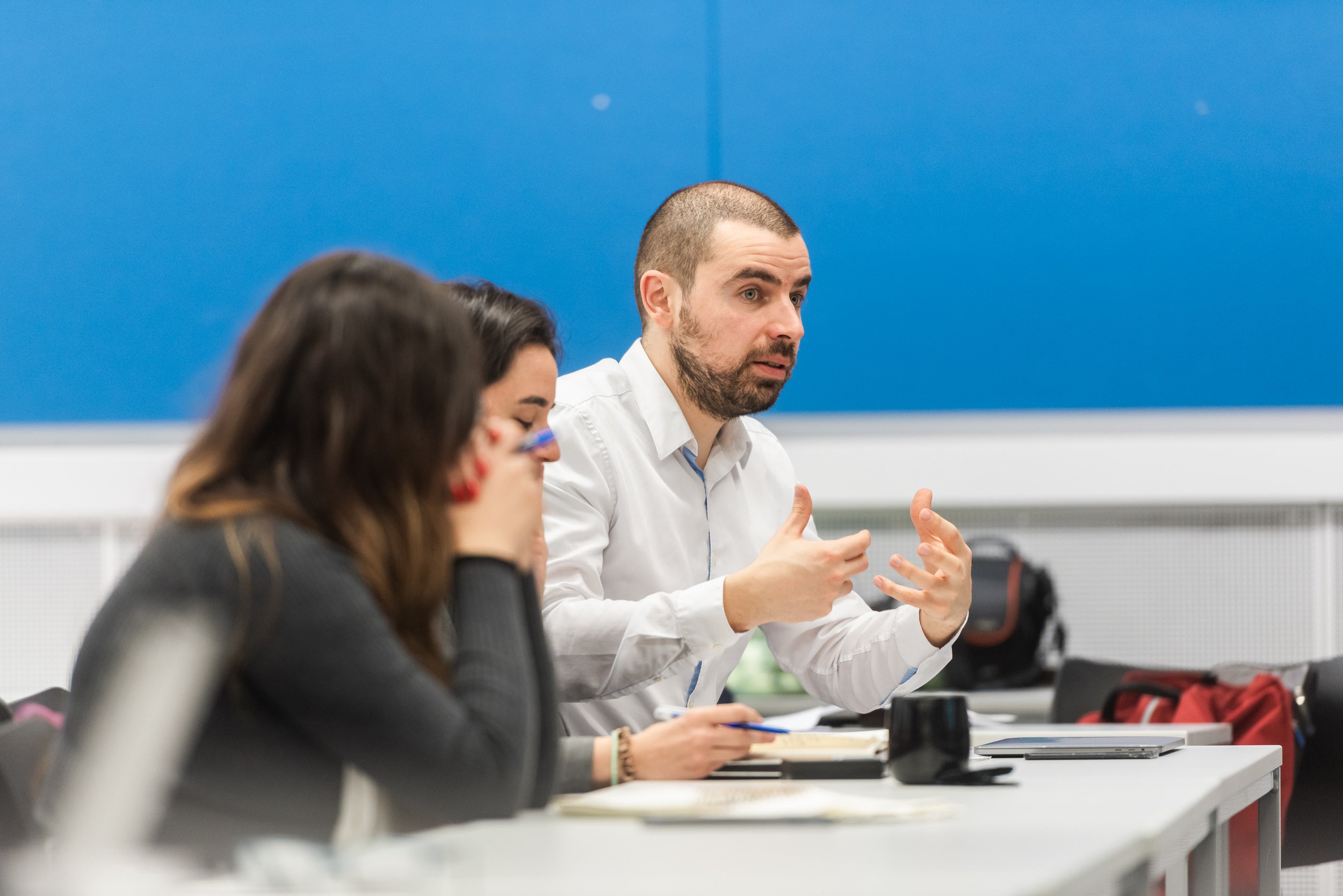Symposium: The politics of decolonial investigations and the ethics of solidarity
Welcome
Professor Henrietta Moore
Introductory and Concluding Notes
Speaker: Professor Ilan Pappe (University of Exeter)
Chair: Dr Samar Maqusi (UCL)
Panel 1: Intellectual Responsibility and Decolonial Politics
Speakers: Dr Sabiha Allouche (University of Exeter), Dr Fatemeh Sadeghi (UCL), Dr Meghan Tinsley (University of Manchester)
Chair: Dr Samar Maqusi (UCL)
PANEL 2: Networks of Solidarity Beyond Academia
Speakers: Dr Sophie Chamas (SOAS), Sherin Idais (University of Vienna), Dr Eileen Kennedy (UCL), Dr Tejendra Pherali (UCL)
Chair: Dr Maha Shayb (Centre for Lebanese Studies)
“The politics of decolonial investigations and the ethics of solidarity” Symposium / Lebanon Week
What does decoloniality for the Middle East look like today and what kinds of ethics do we need to challenge ongoing coloniality and its manifestations? What forms of knowledge production and dissemination can we garner for effective critique, as well as for envisaging pathways to future justice? What practices of solidarity – be they local, national or transnational – could we establish to affirm the principles of care, equality and justice, but also to unlock potentialities for solutions to critical challenges? Realistic answers are difficult to envisage given the overwhelming scale of the catastrophe: from the devastating war in Gaza and the political indifference towards human life it has revealed, to the ongoing climate disaster and environmental annihilation in the wider Middle East region, reality looks bleak and solutions can seem out of reach. Yet, solutions do exist, and they are being enacted; research, art, activism, and public mobilisation are all seeing vital new initiatives that are challenging the landscapes of colonial power, not just politically and socially, but also epistemically, at the level of knowledge and discourse about whose voice matters, what the future should look like, and what problems and solutions should be prioritised. The IGP’s week of Lebanon-themed events aims to recognise the work of existing initiatives – including the work of the Prosperity Co-Laboratory for Lebanon – and highlight the possibilities they open for new social, economic, and environmental solutions. The events will highlight the importance of starting with lived realities on the ground and the challenge they pose to colonial structures of domination and global epistemic injustice. The events will further explore the kinds of ethical forms of knowledge production and social solidarity that must drive action towards better social, economic and environmental futures.
